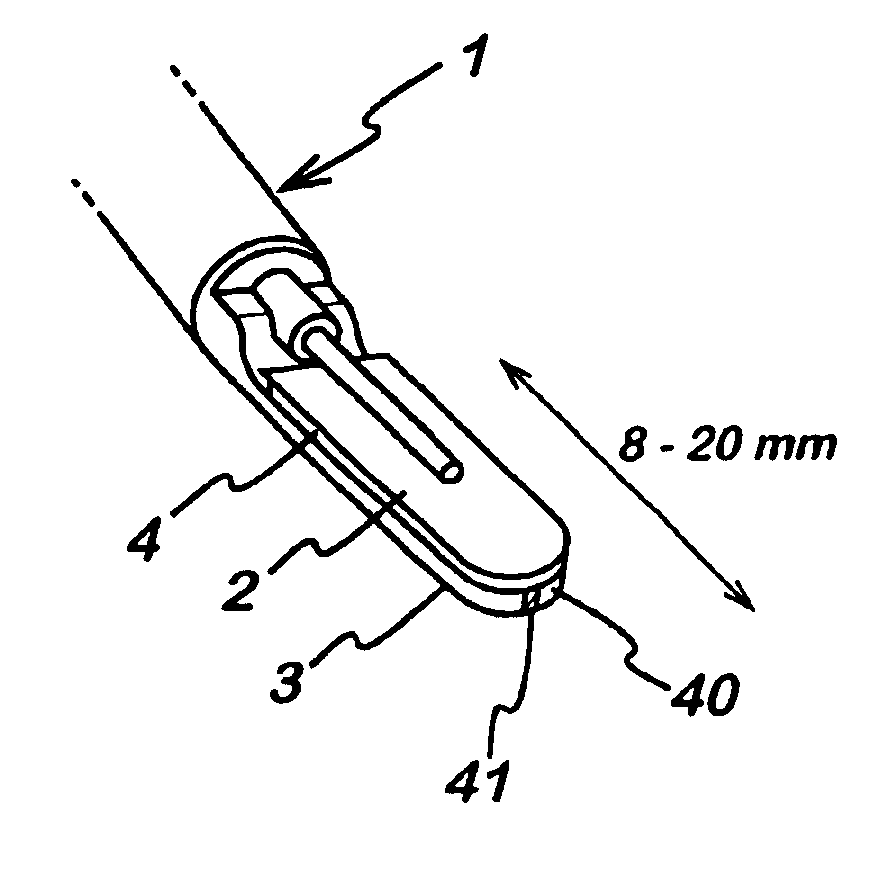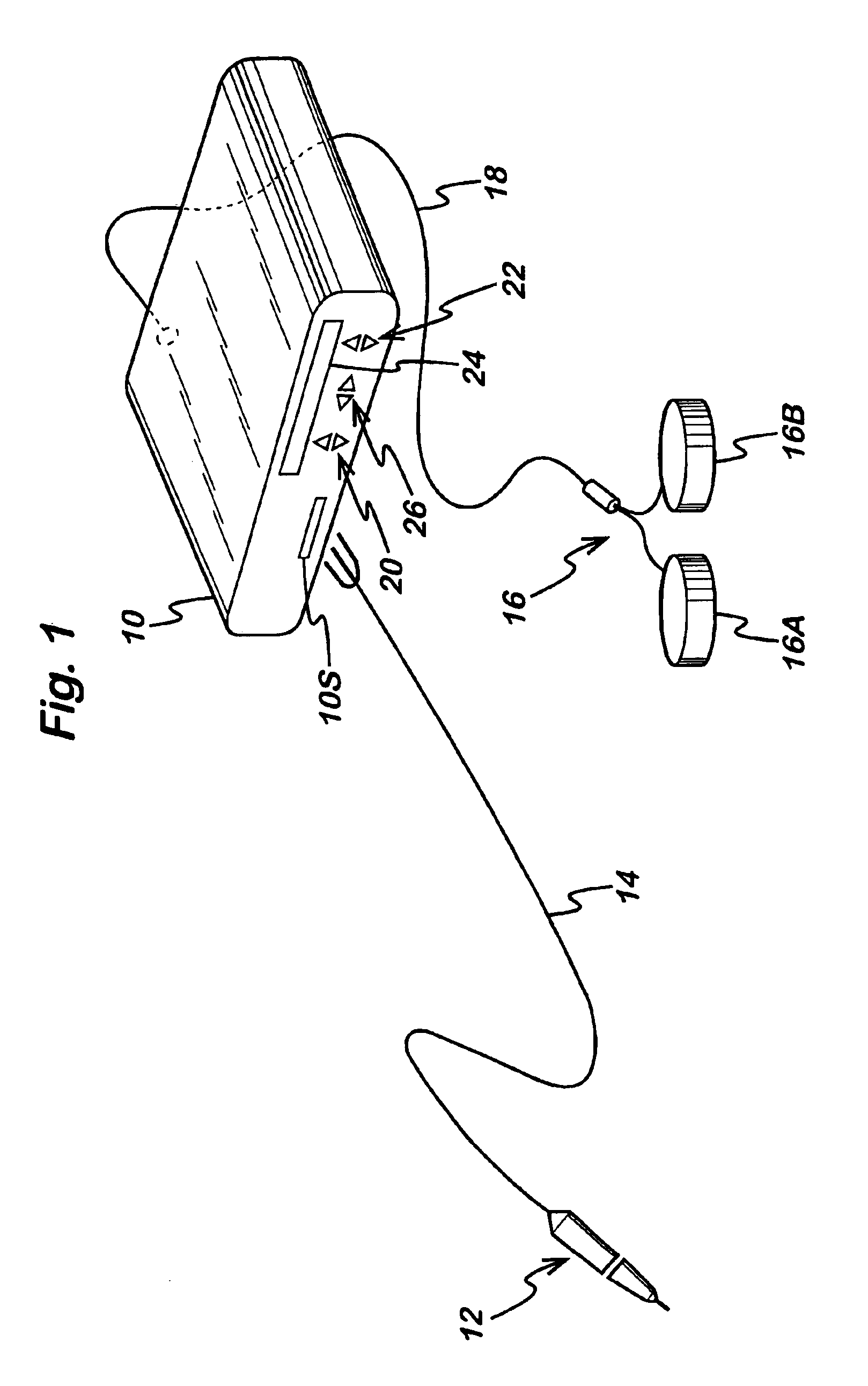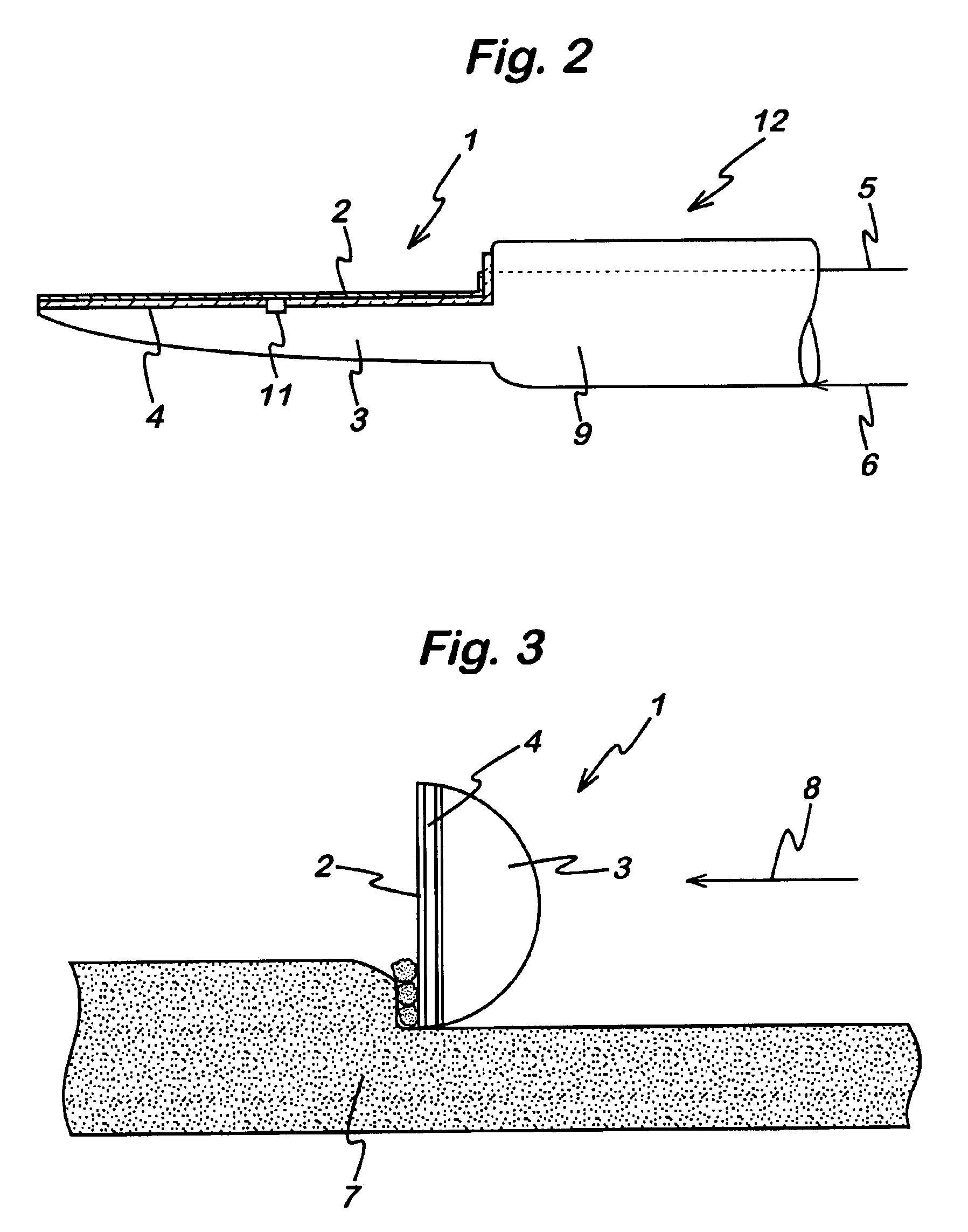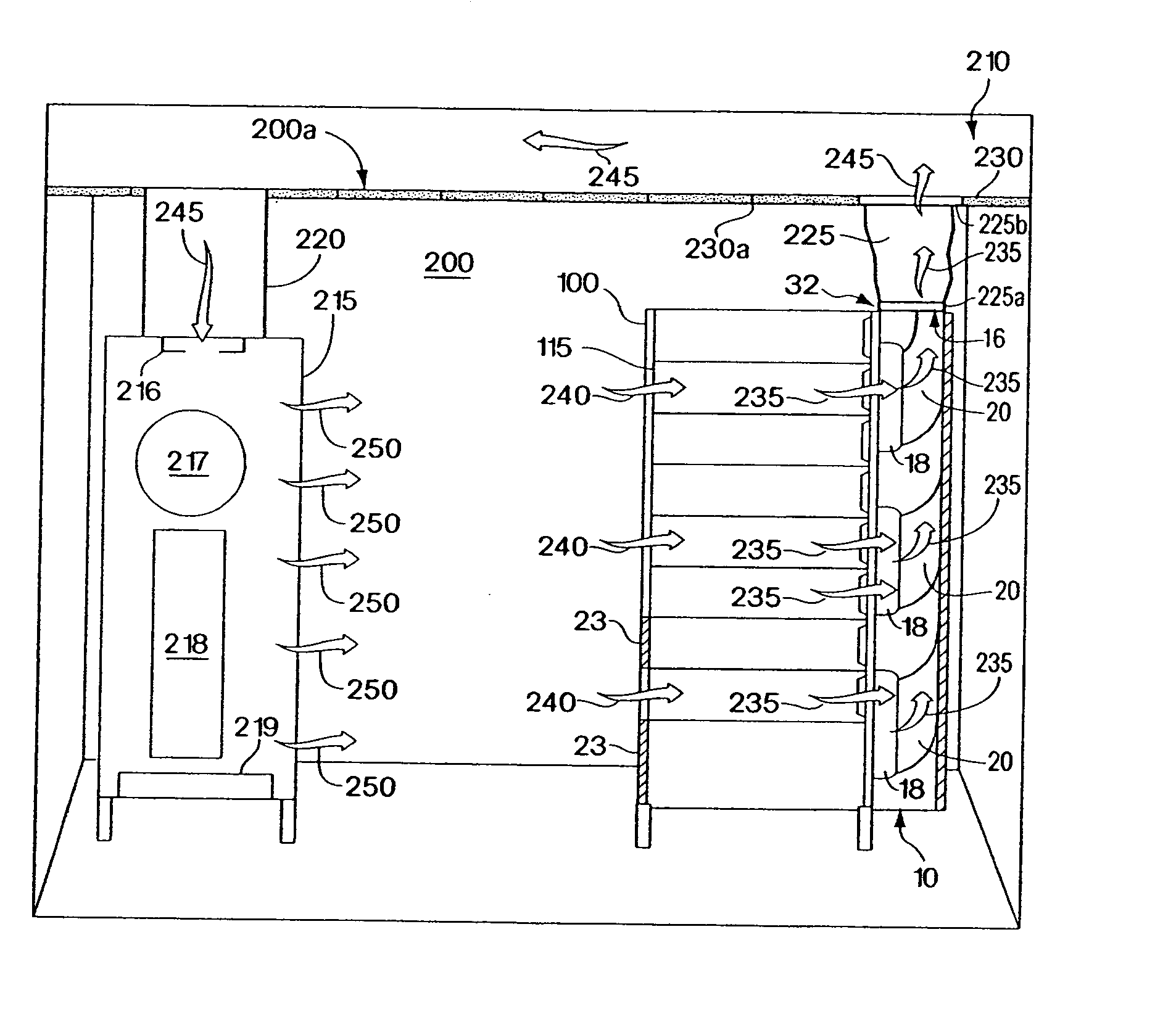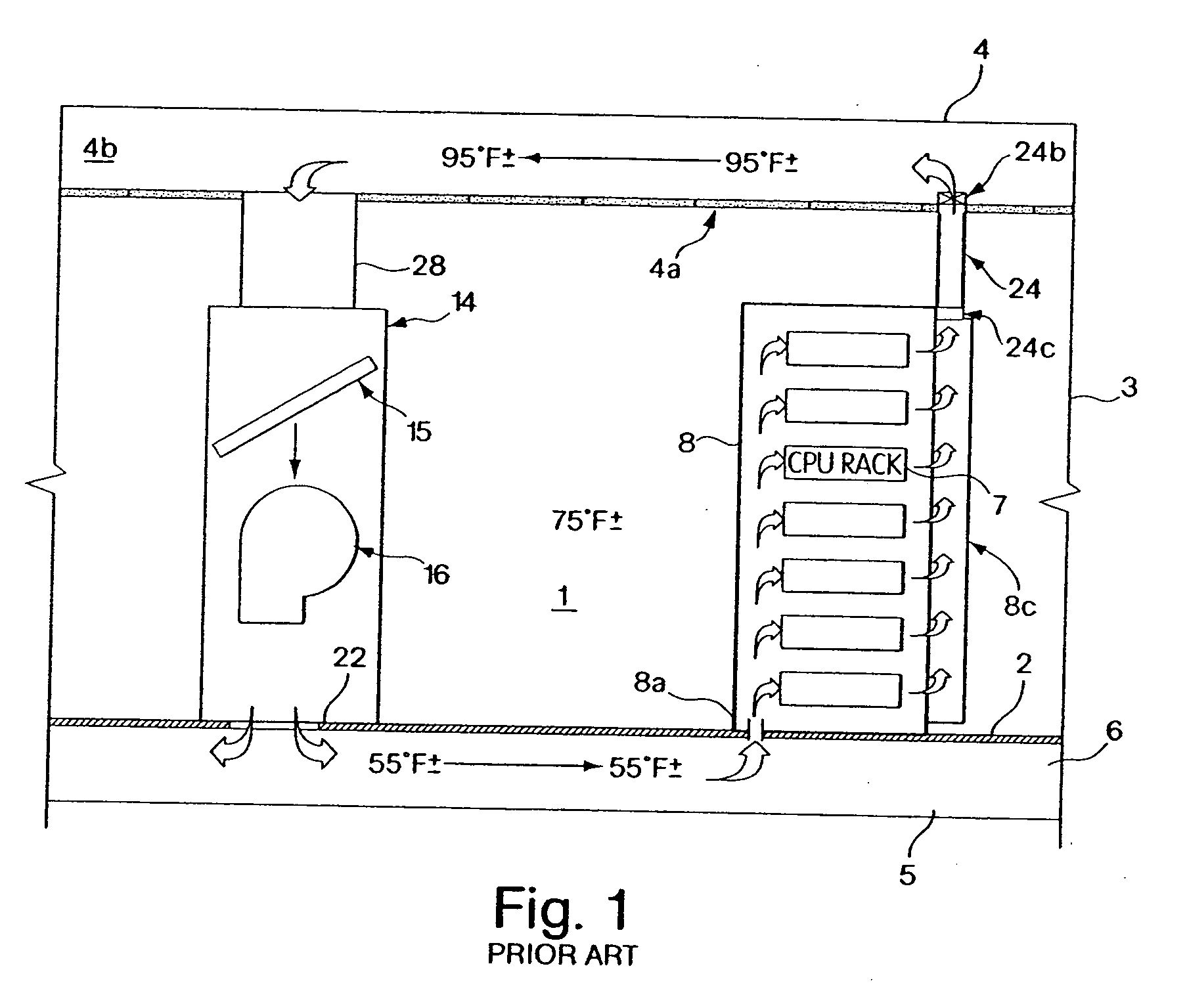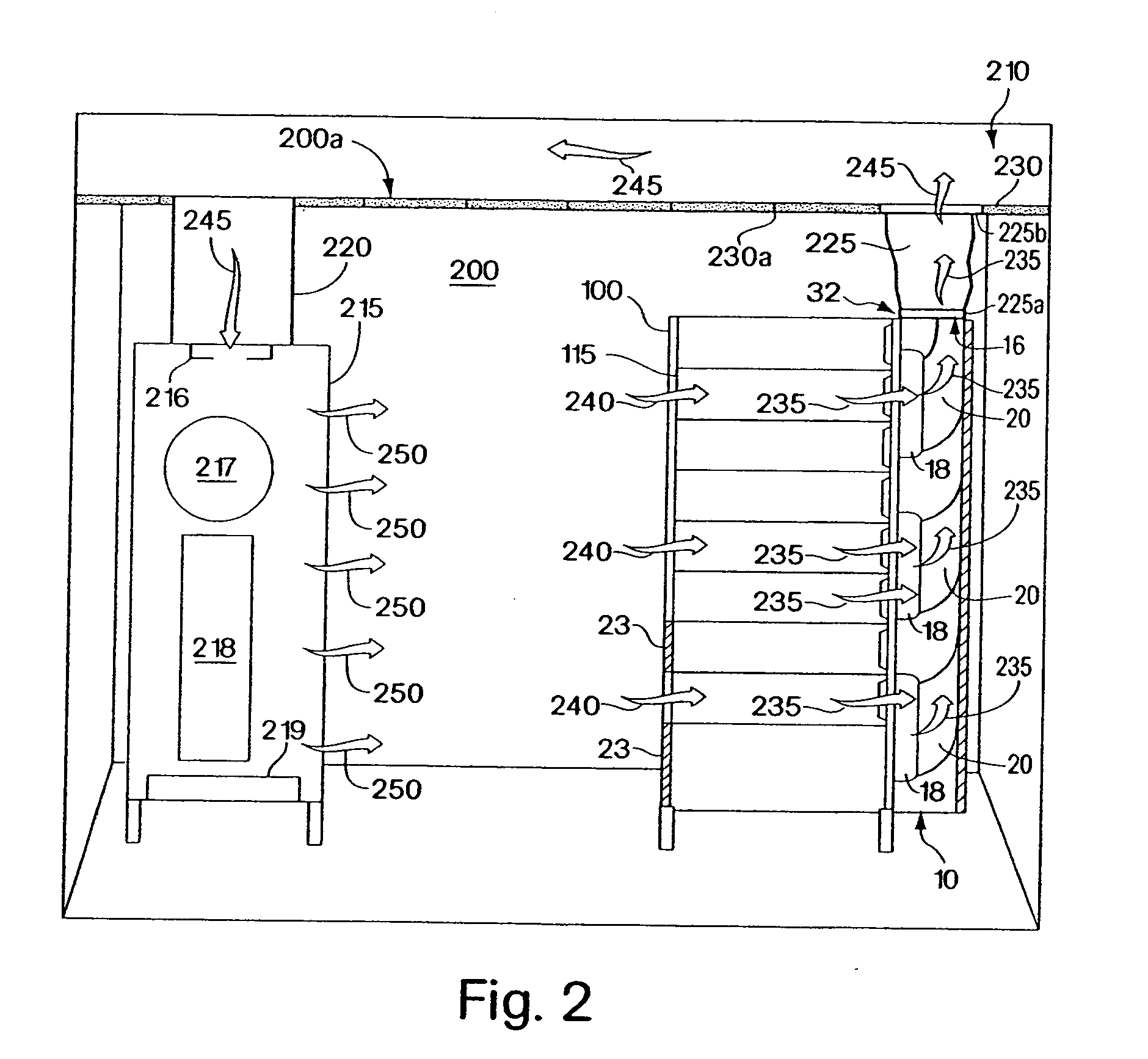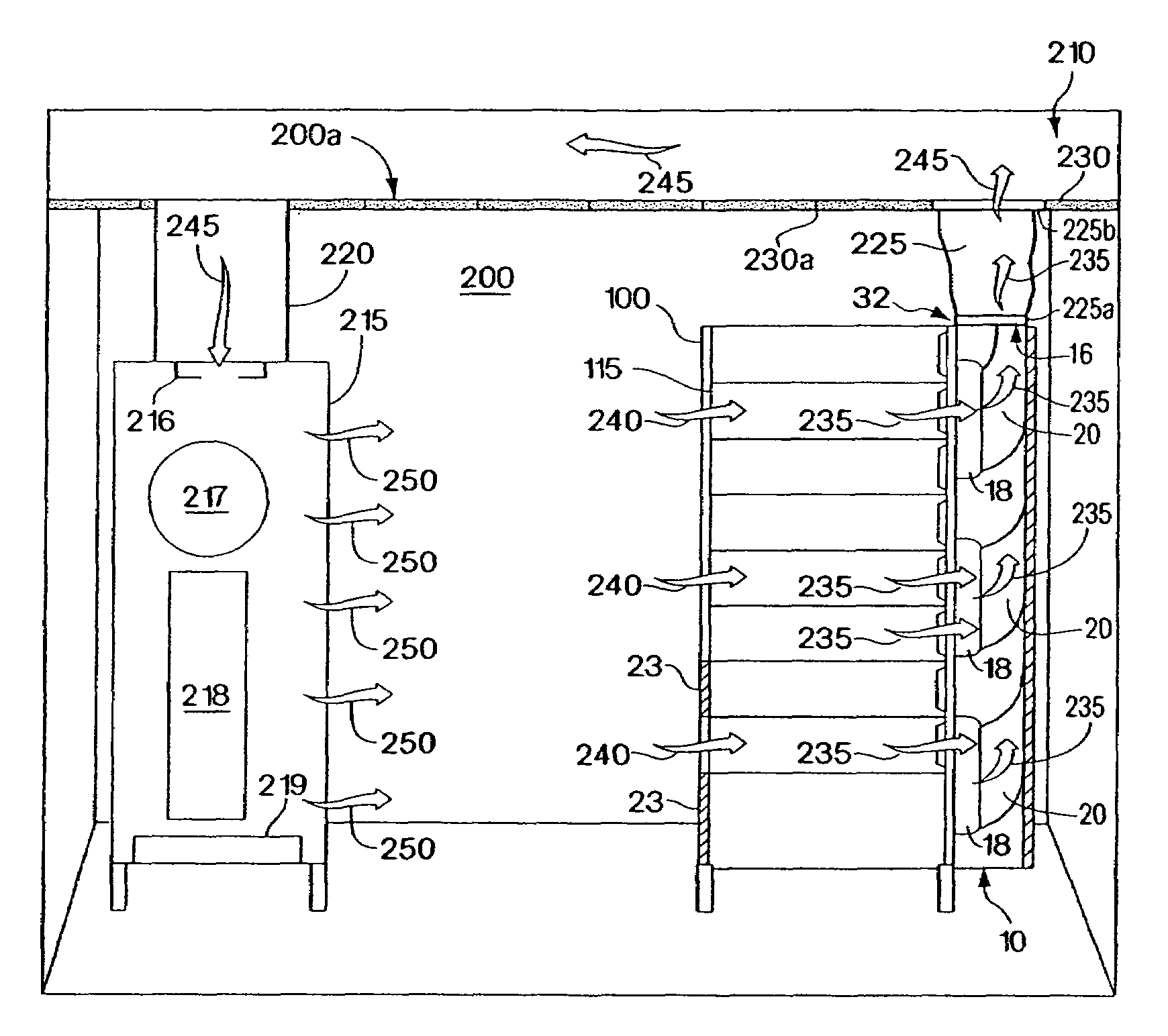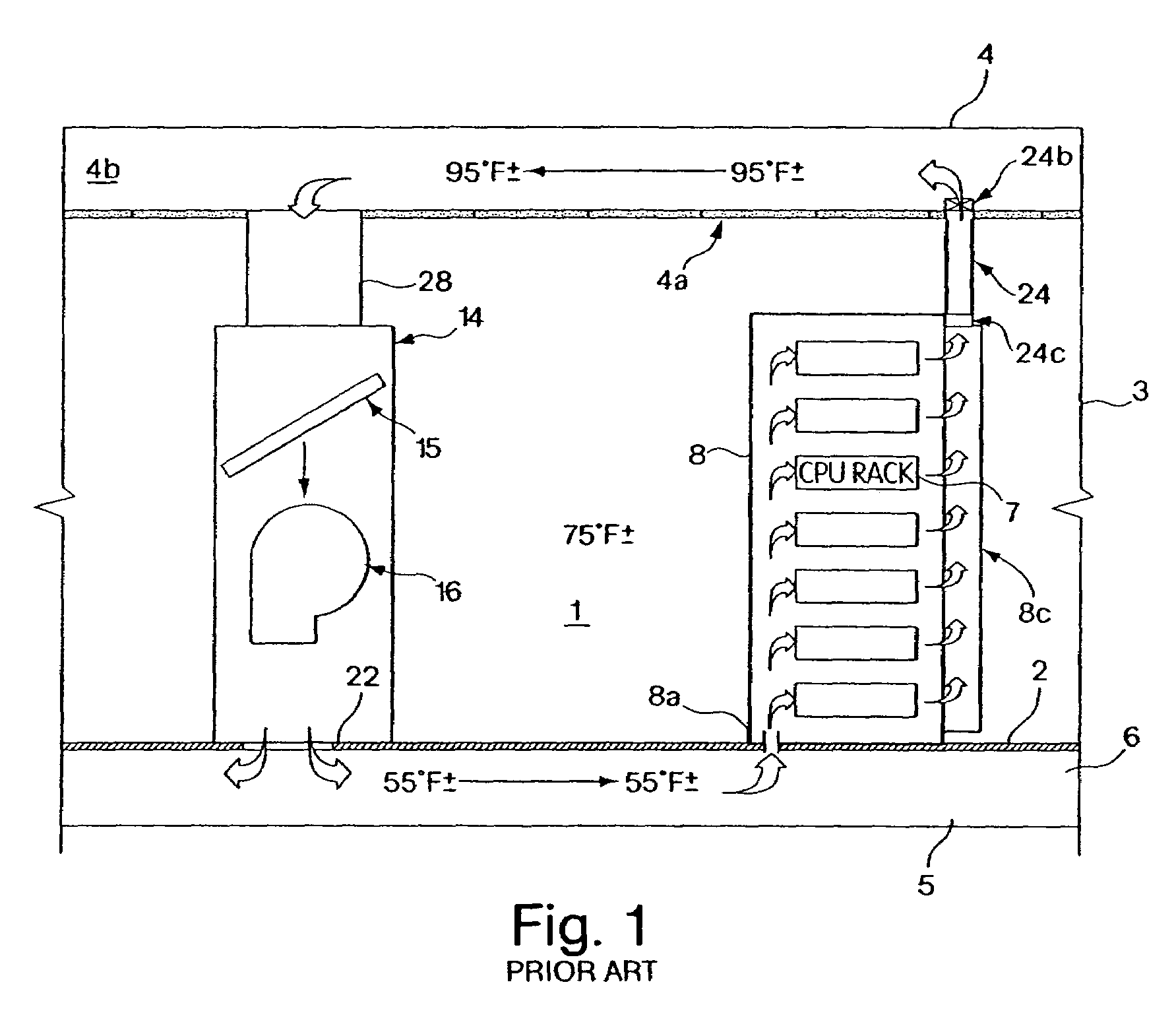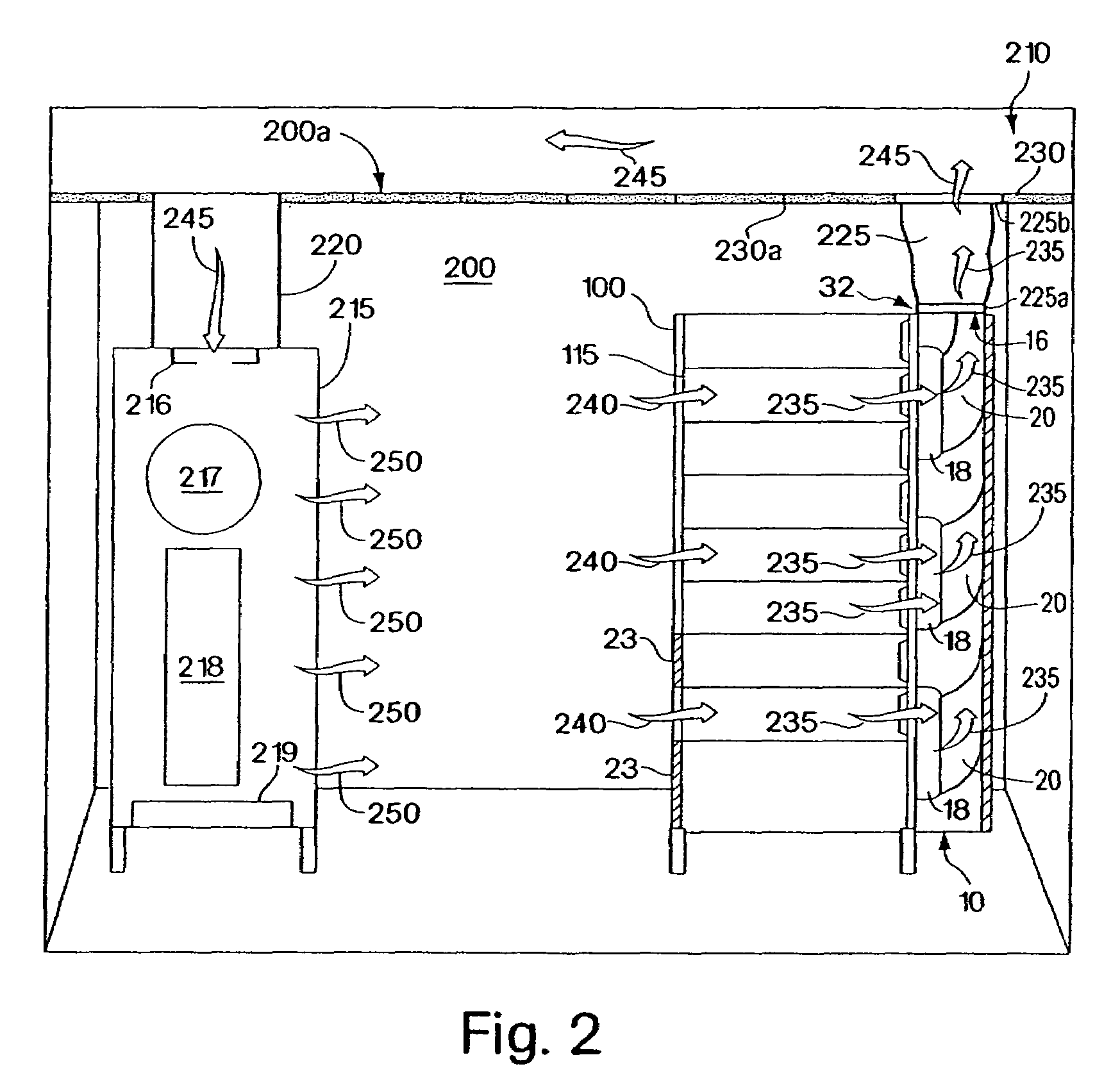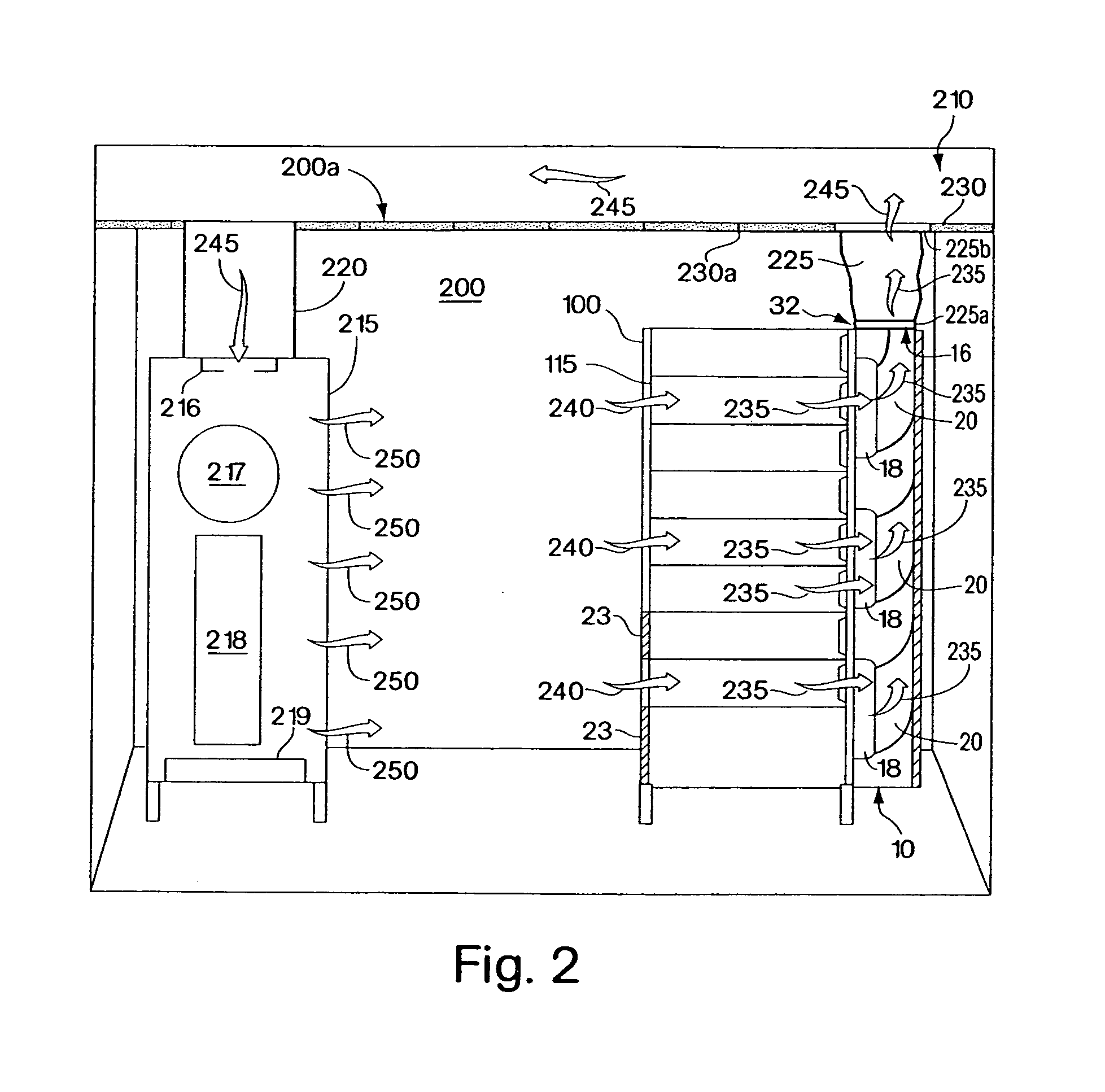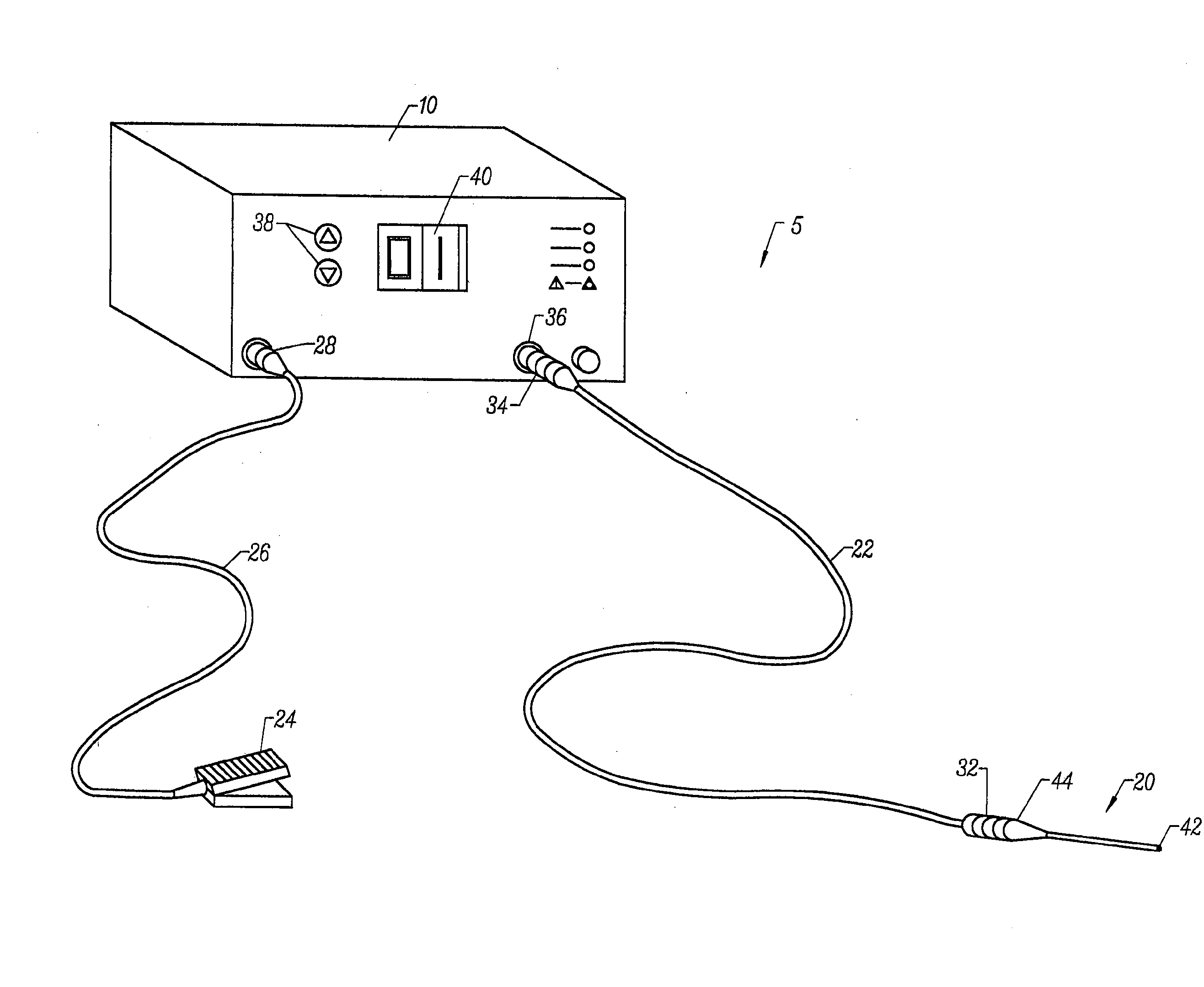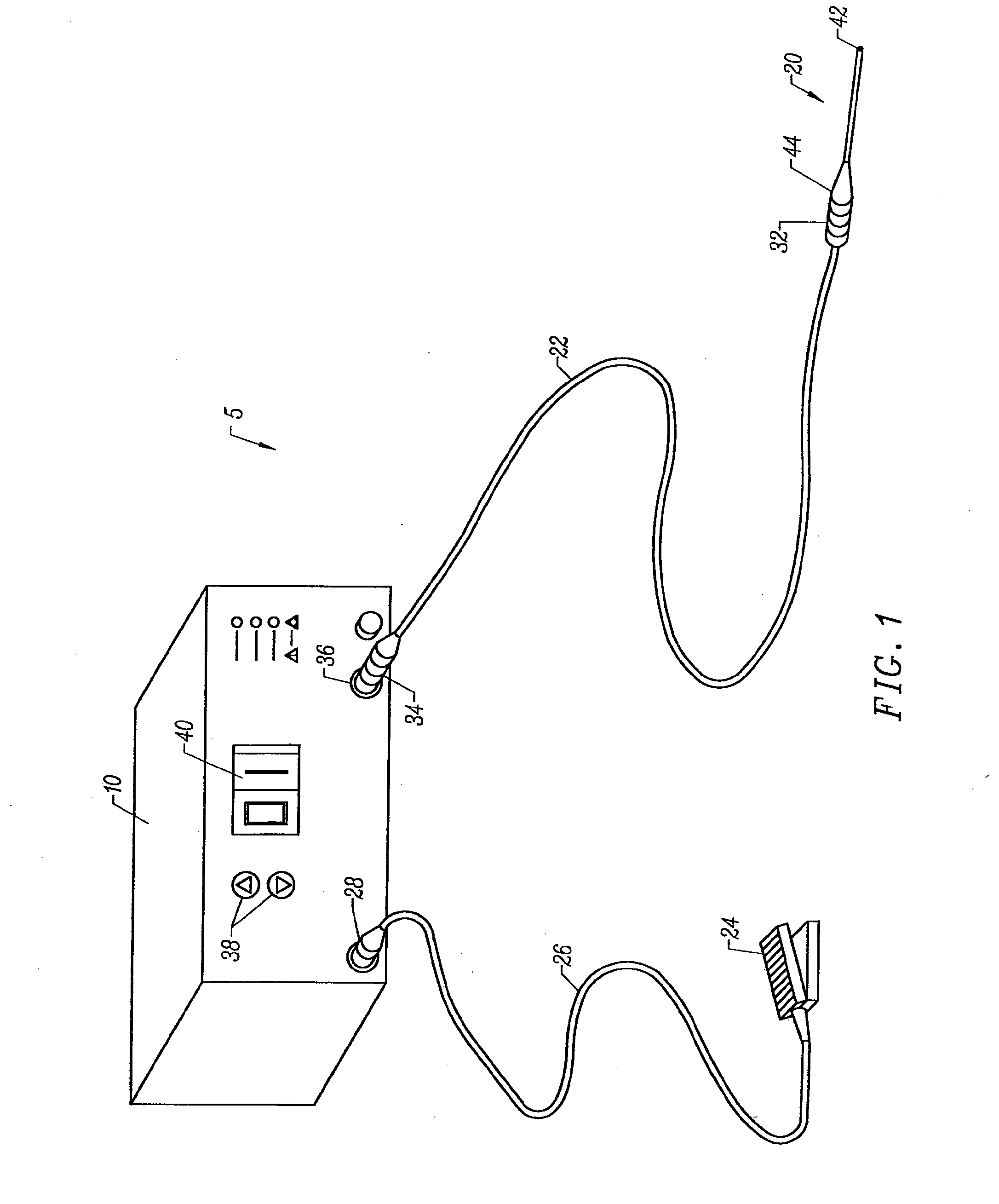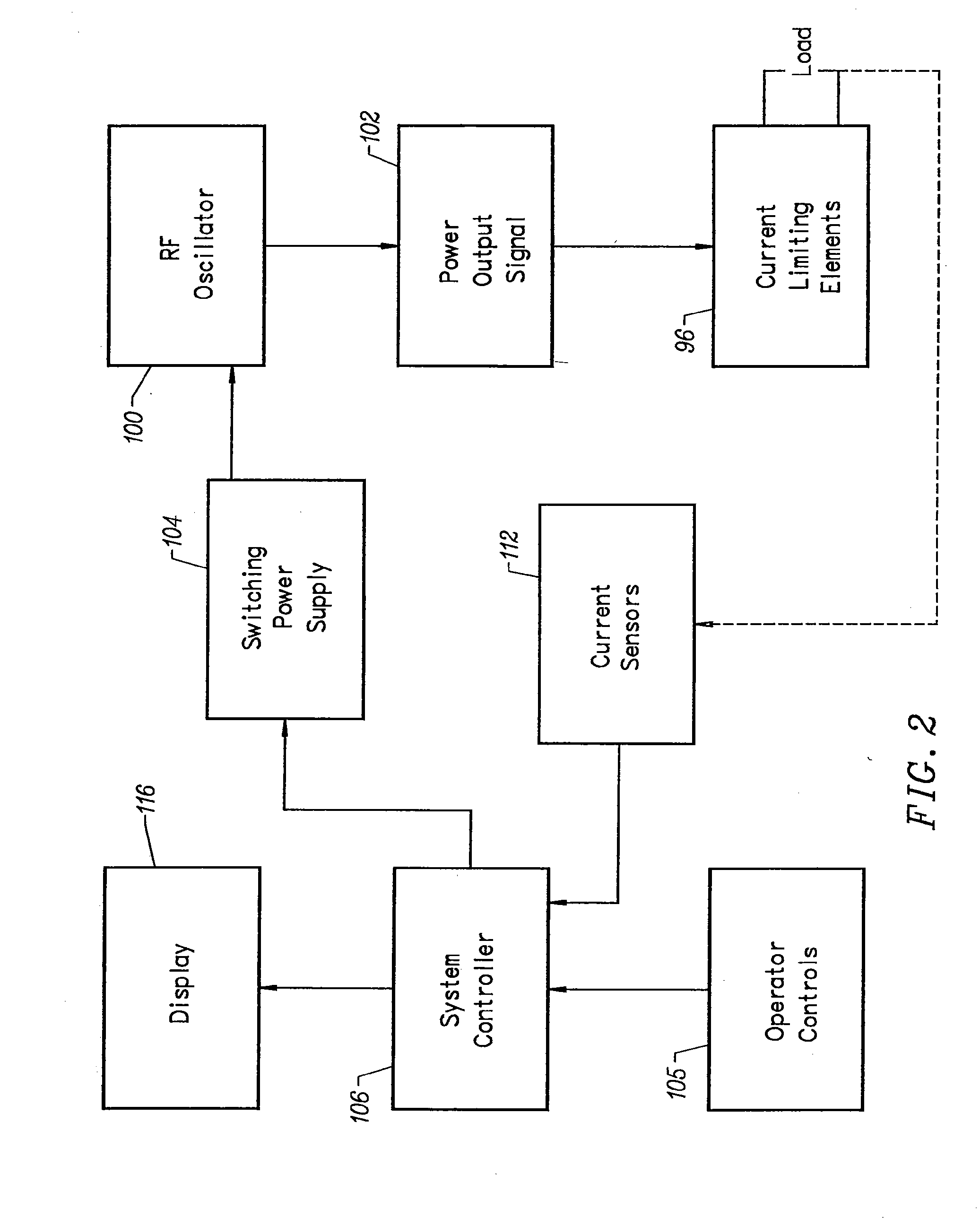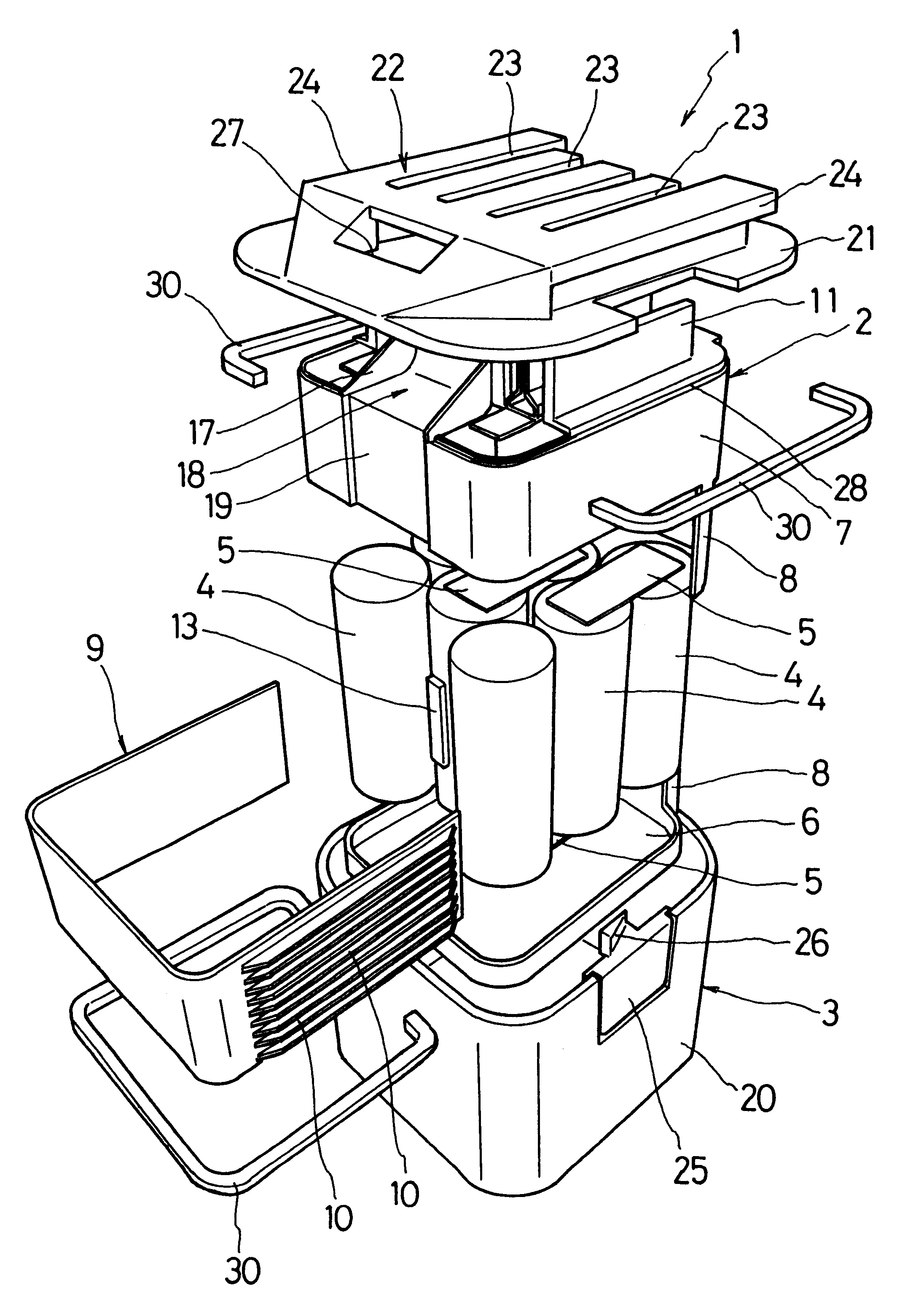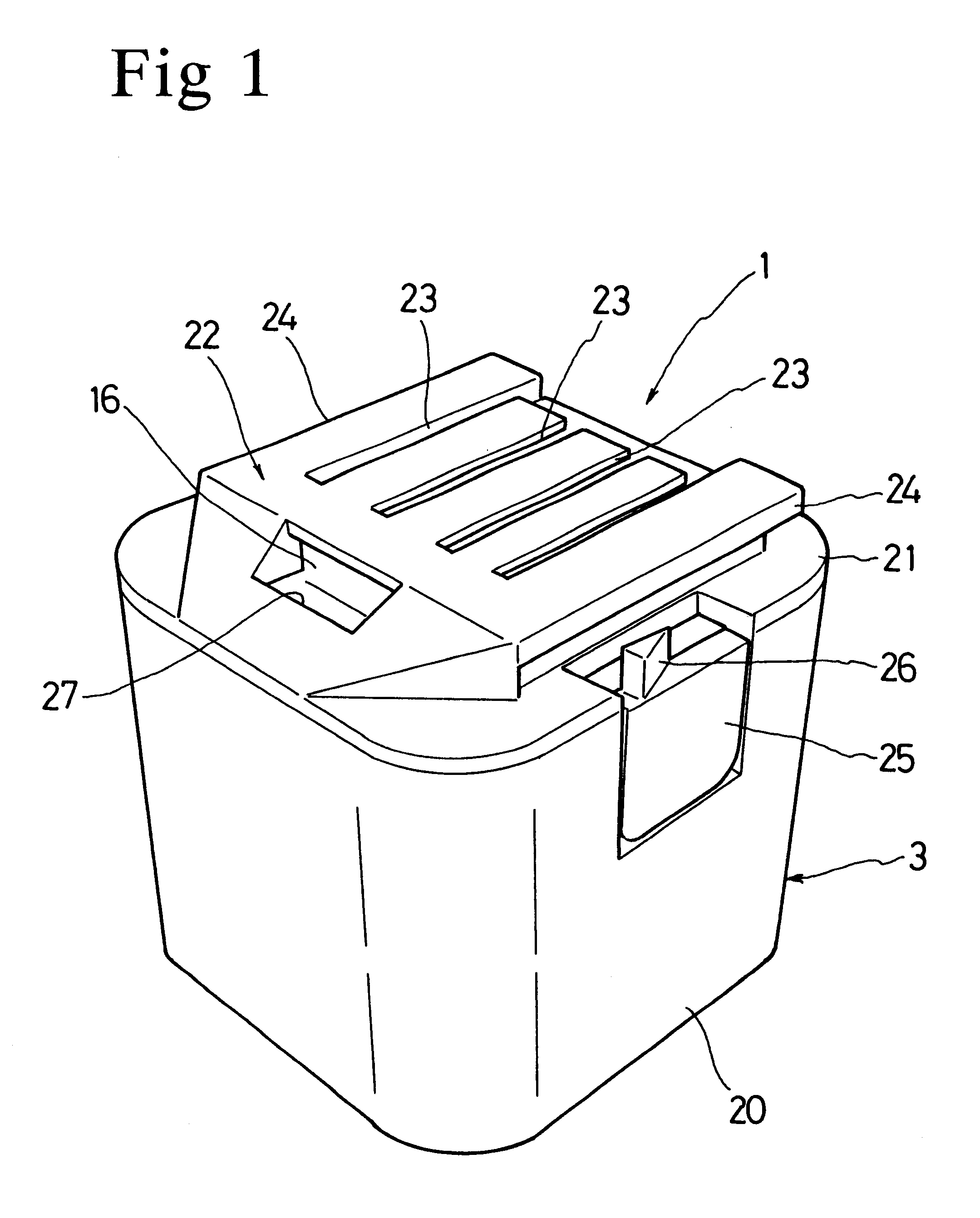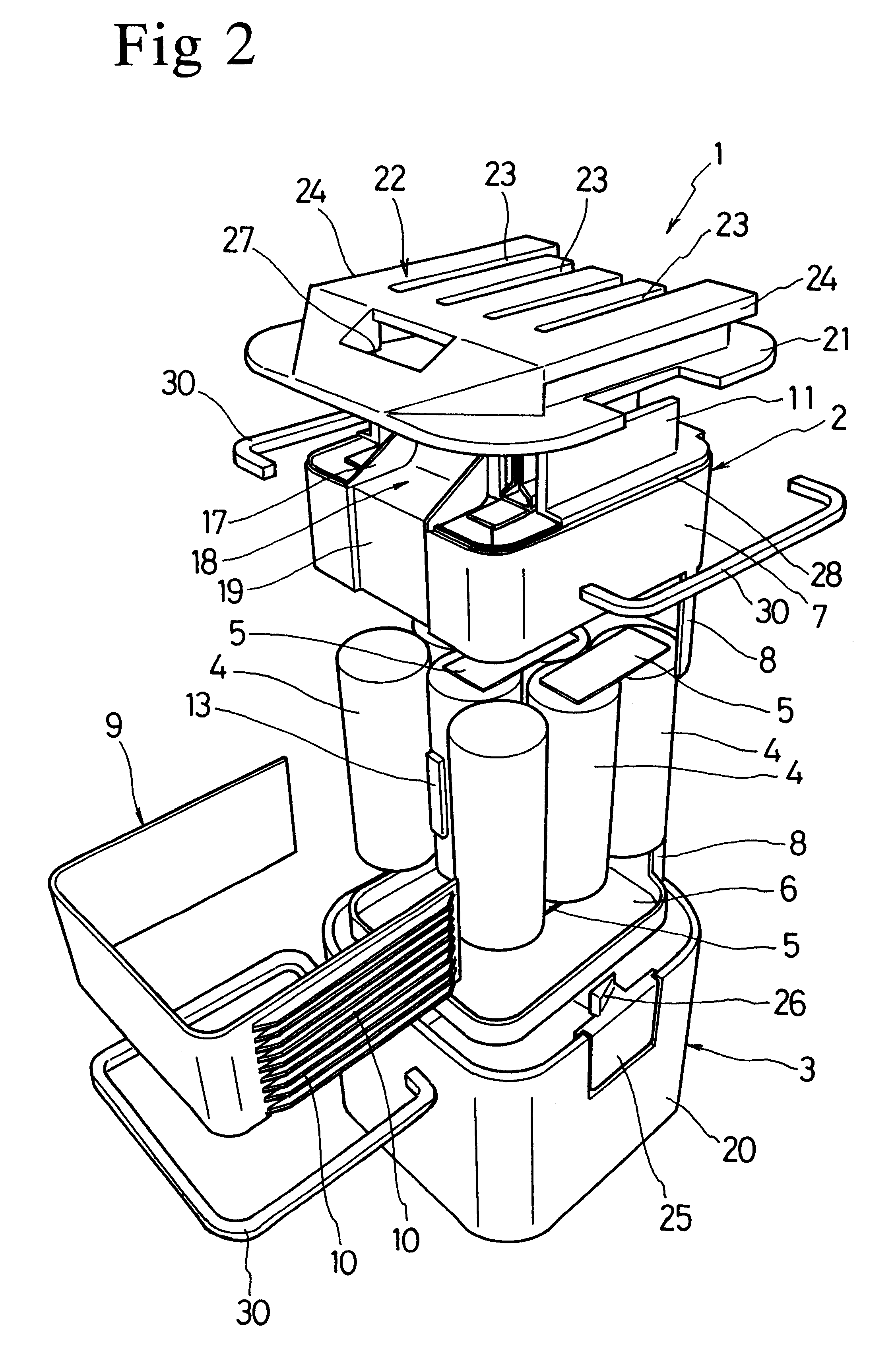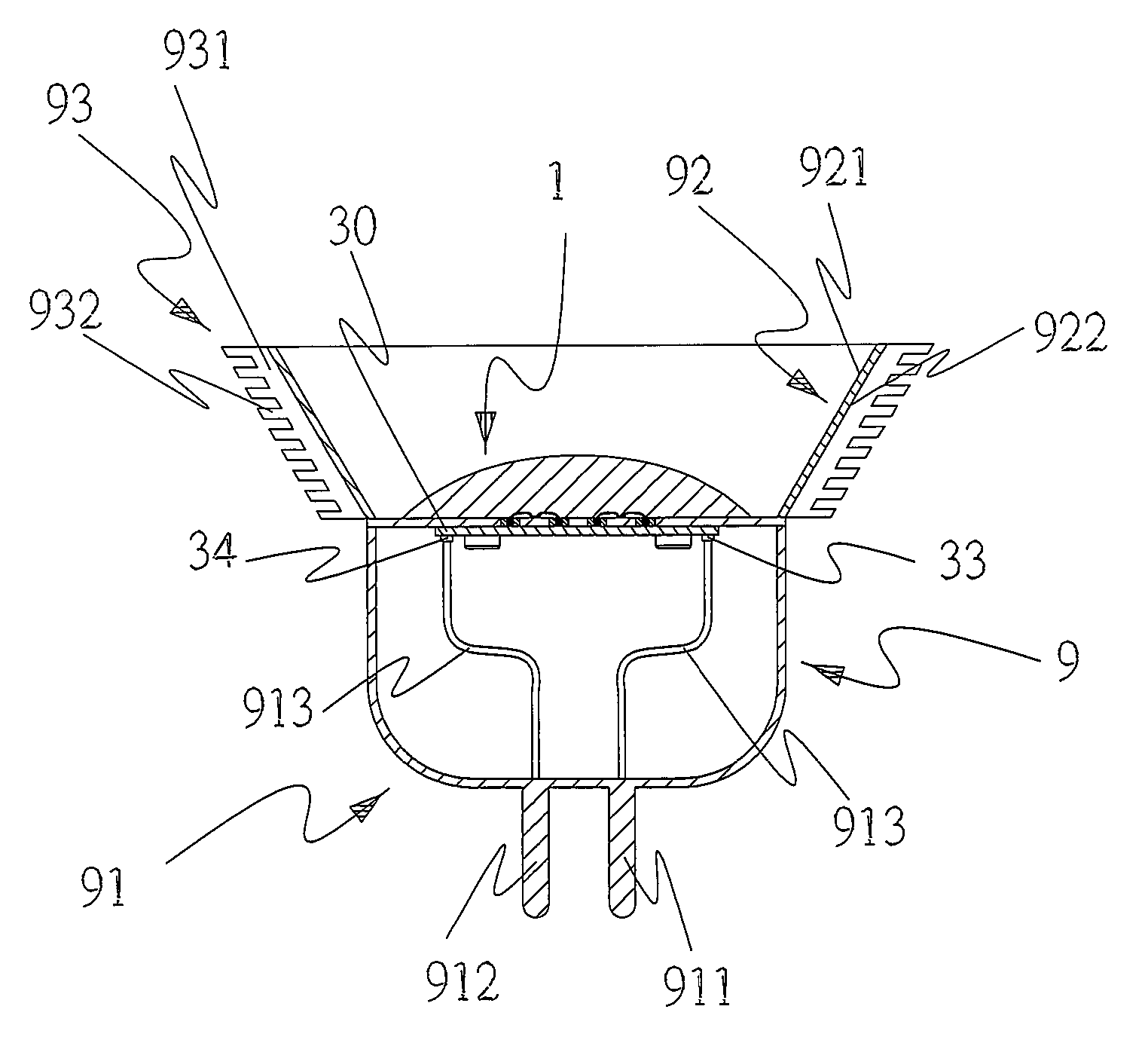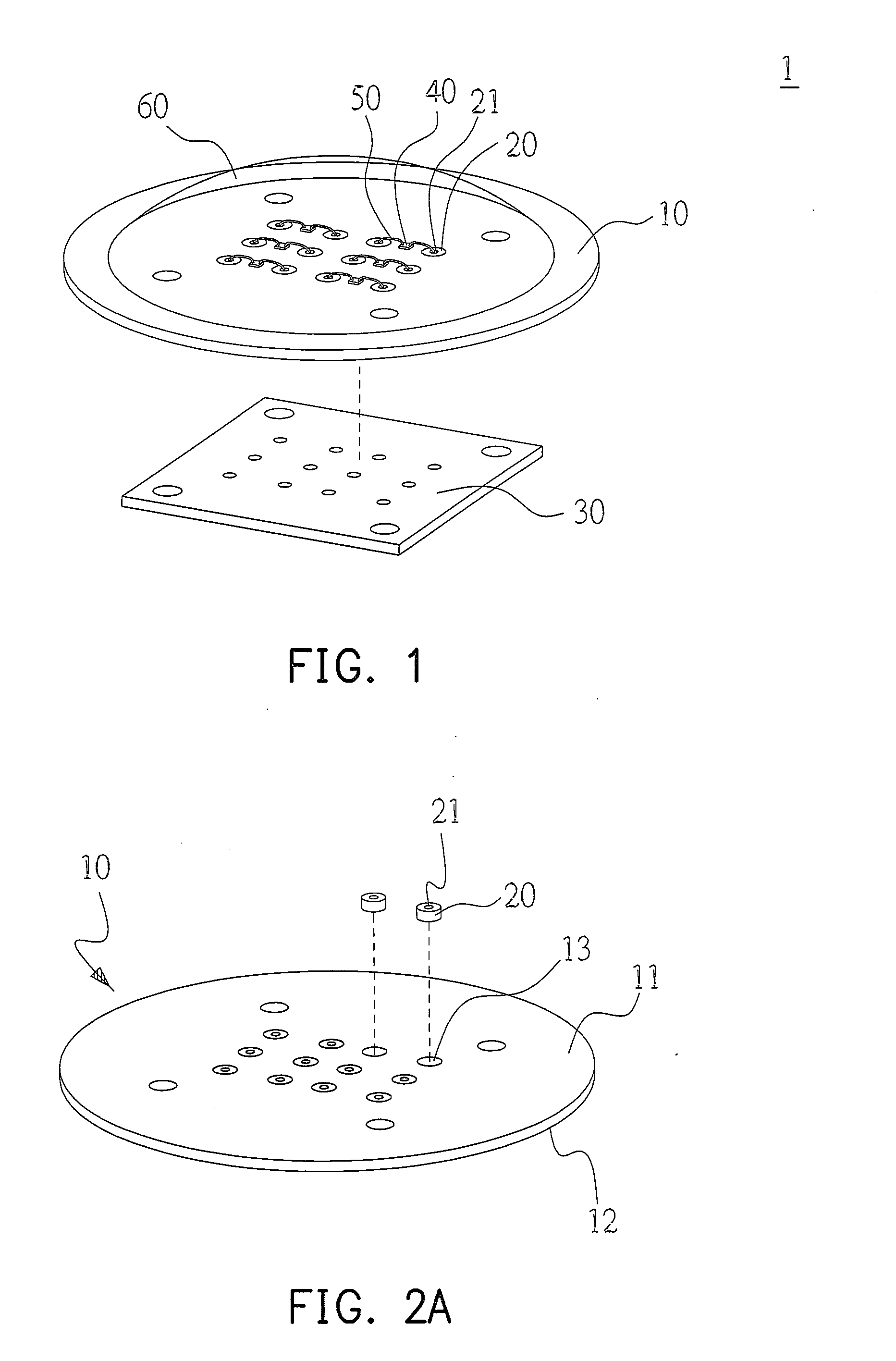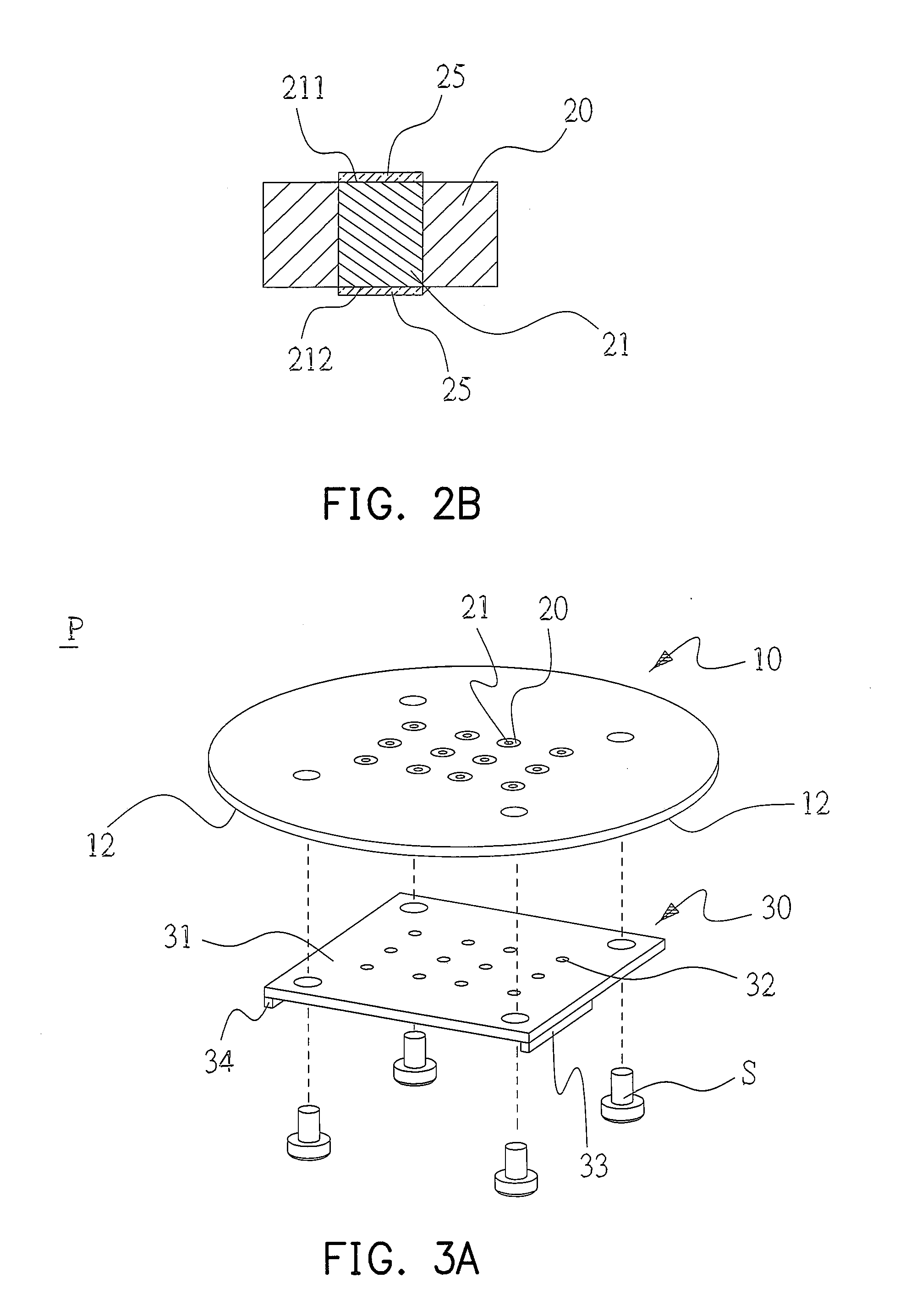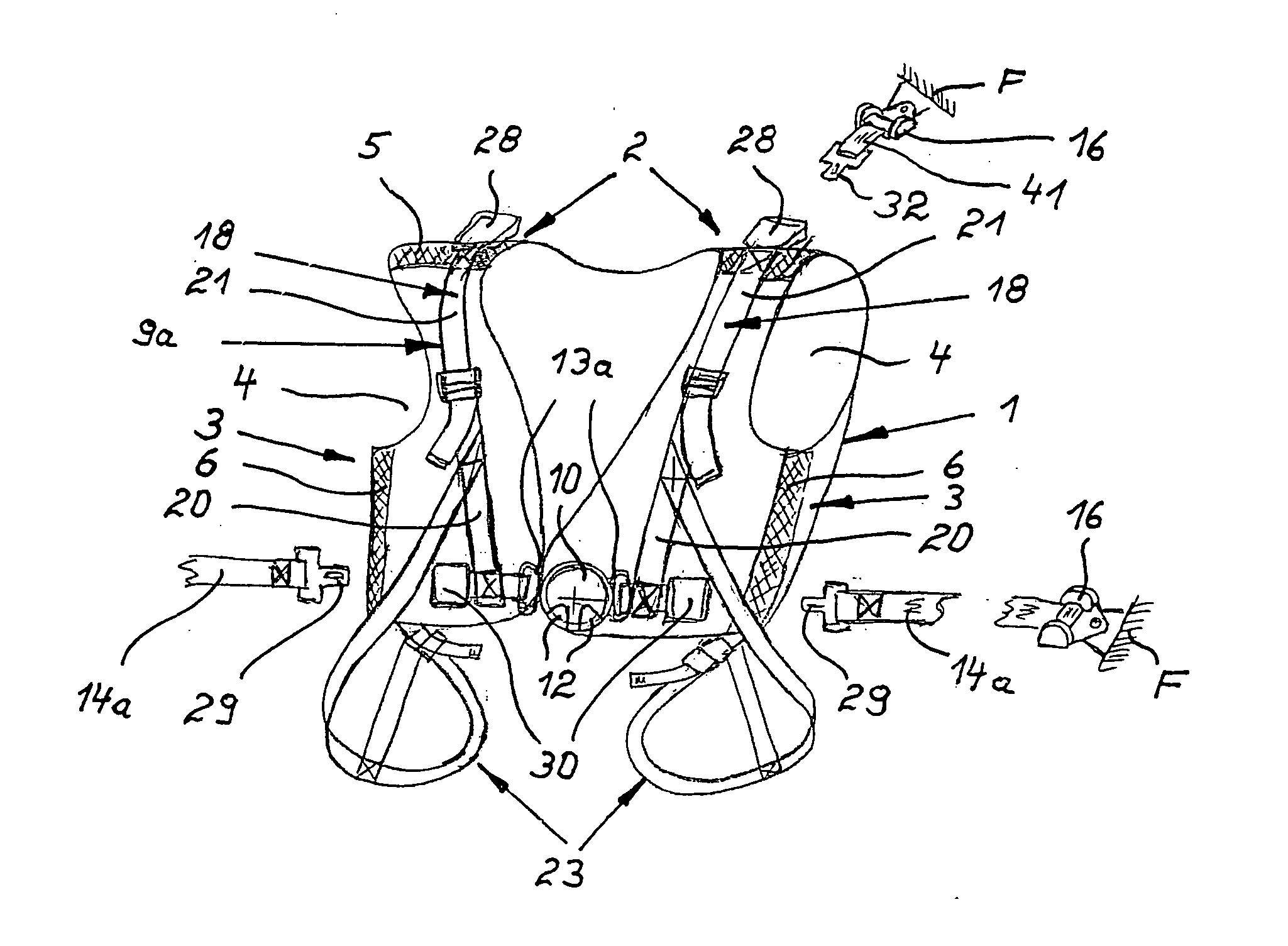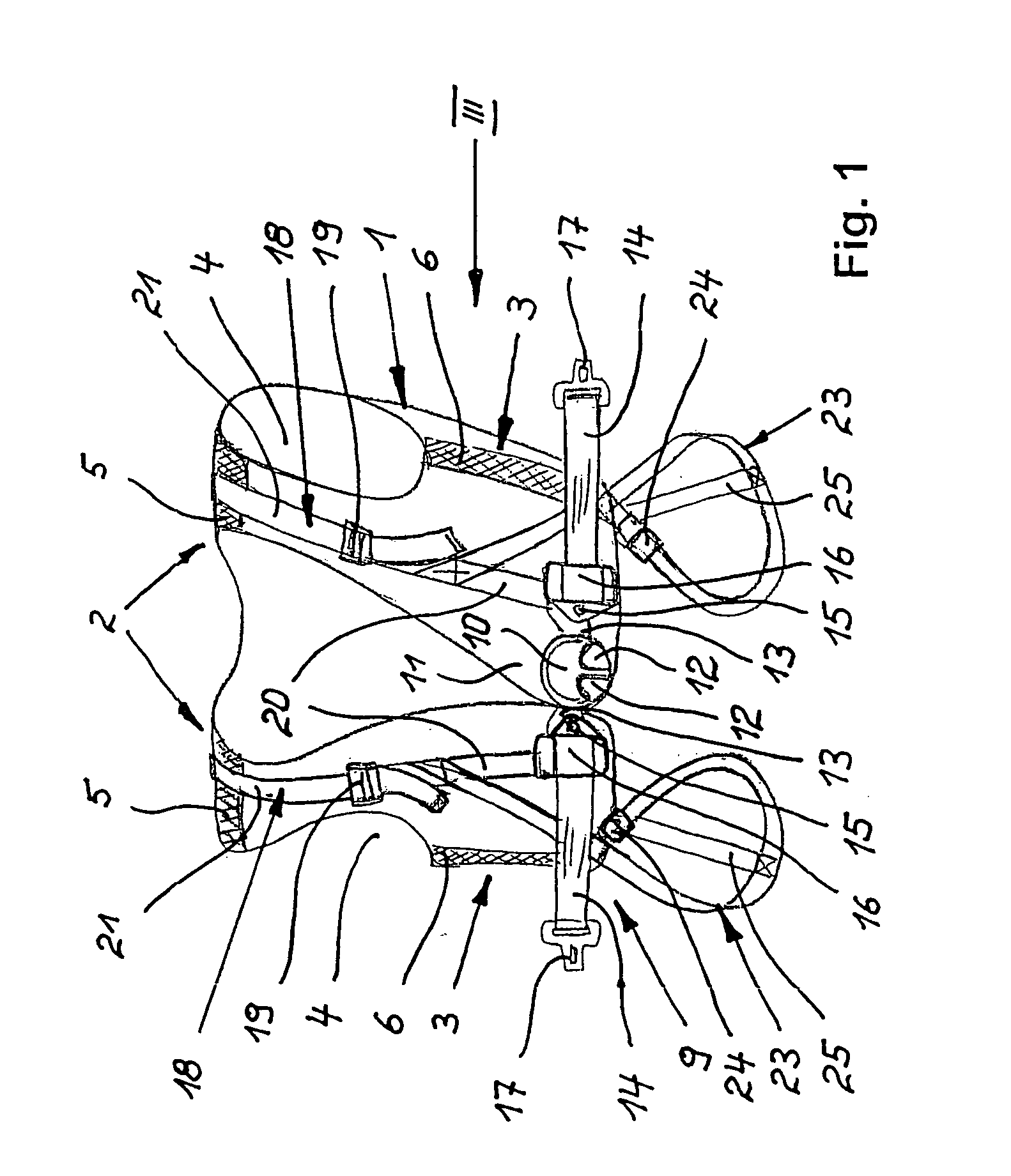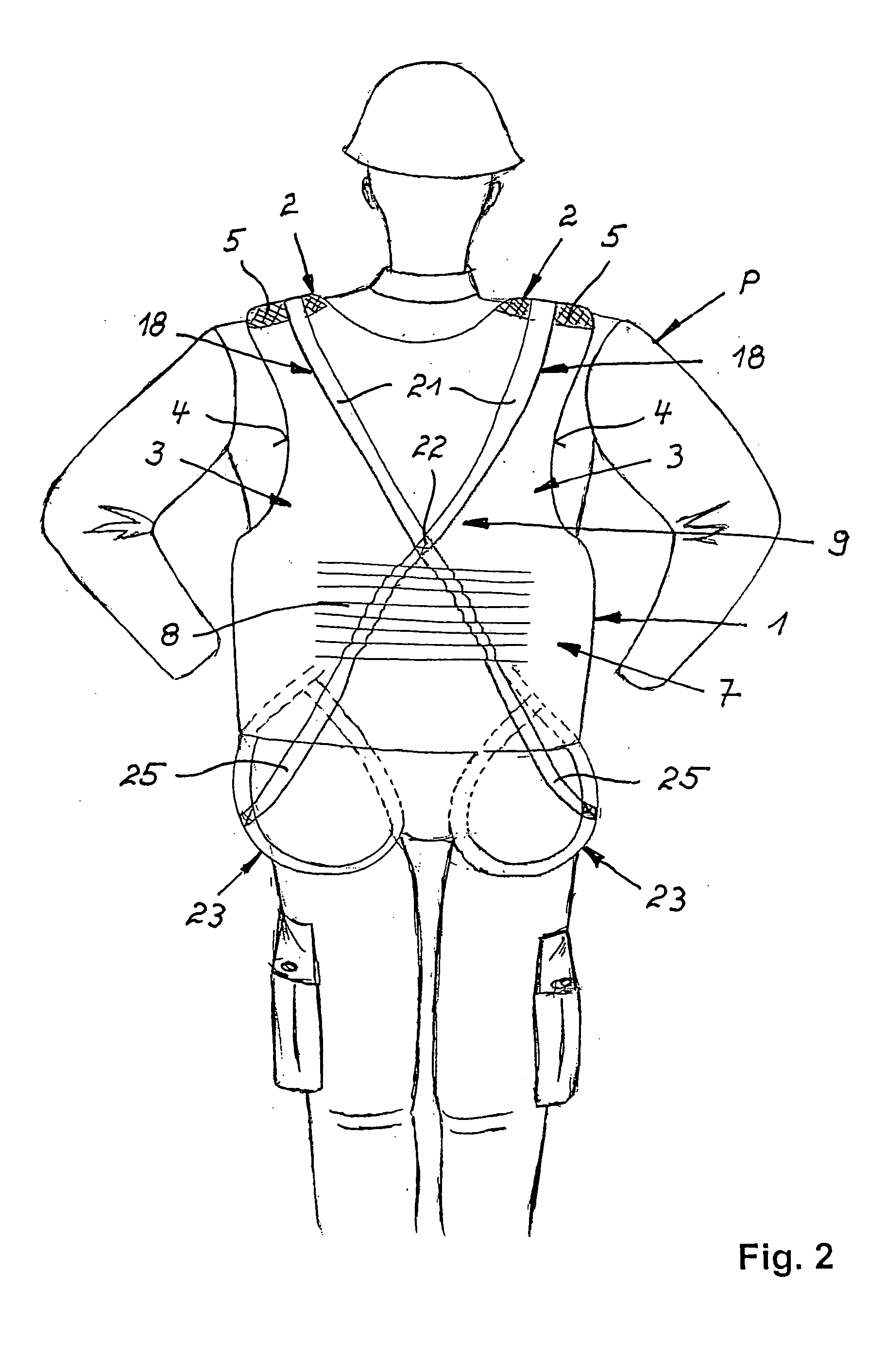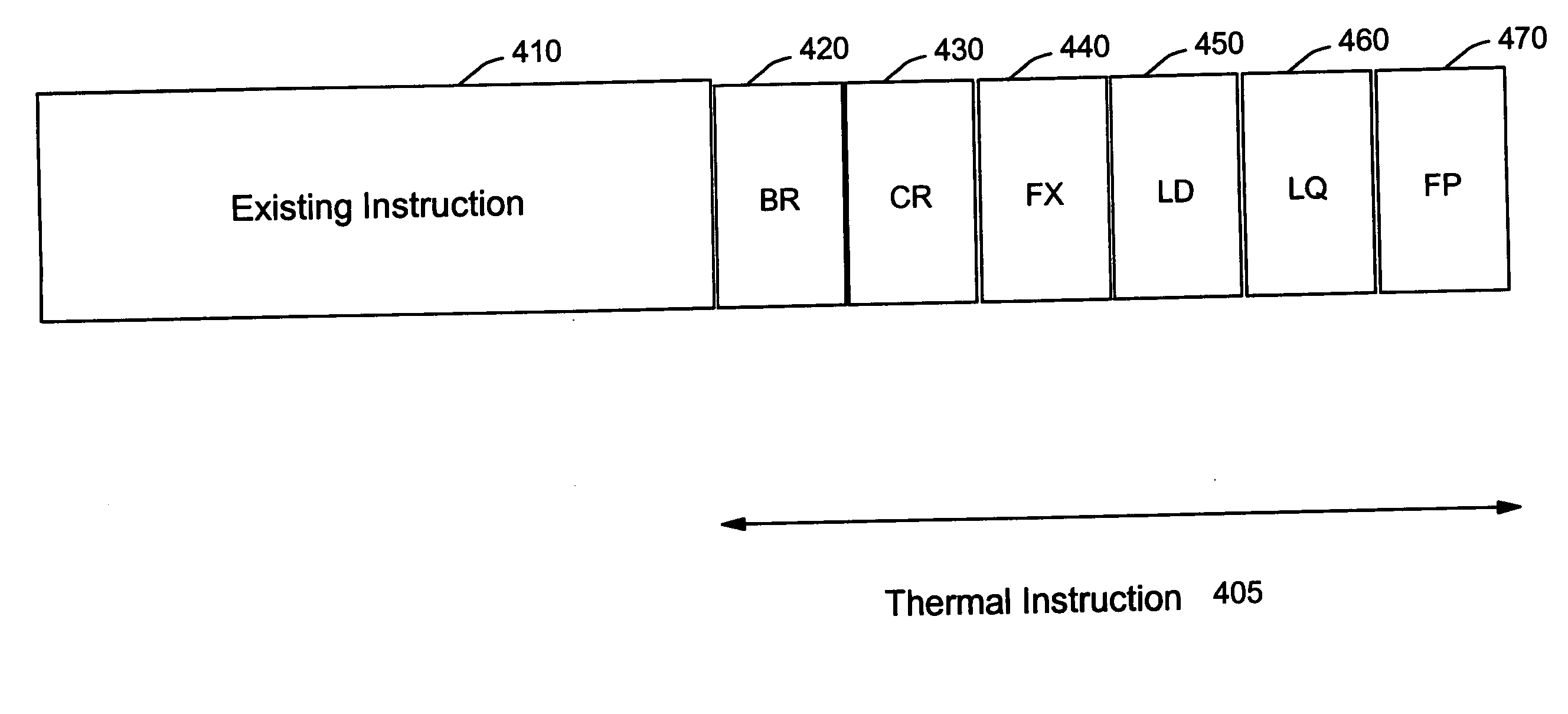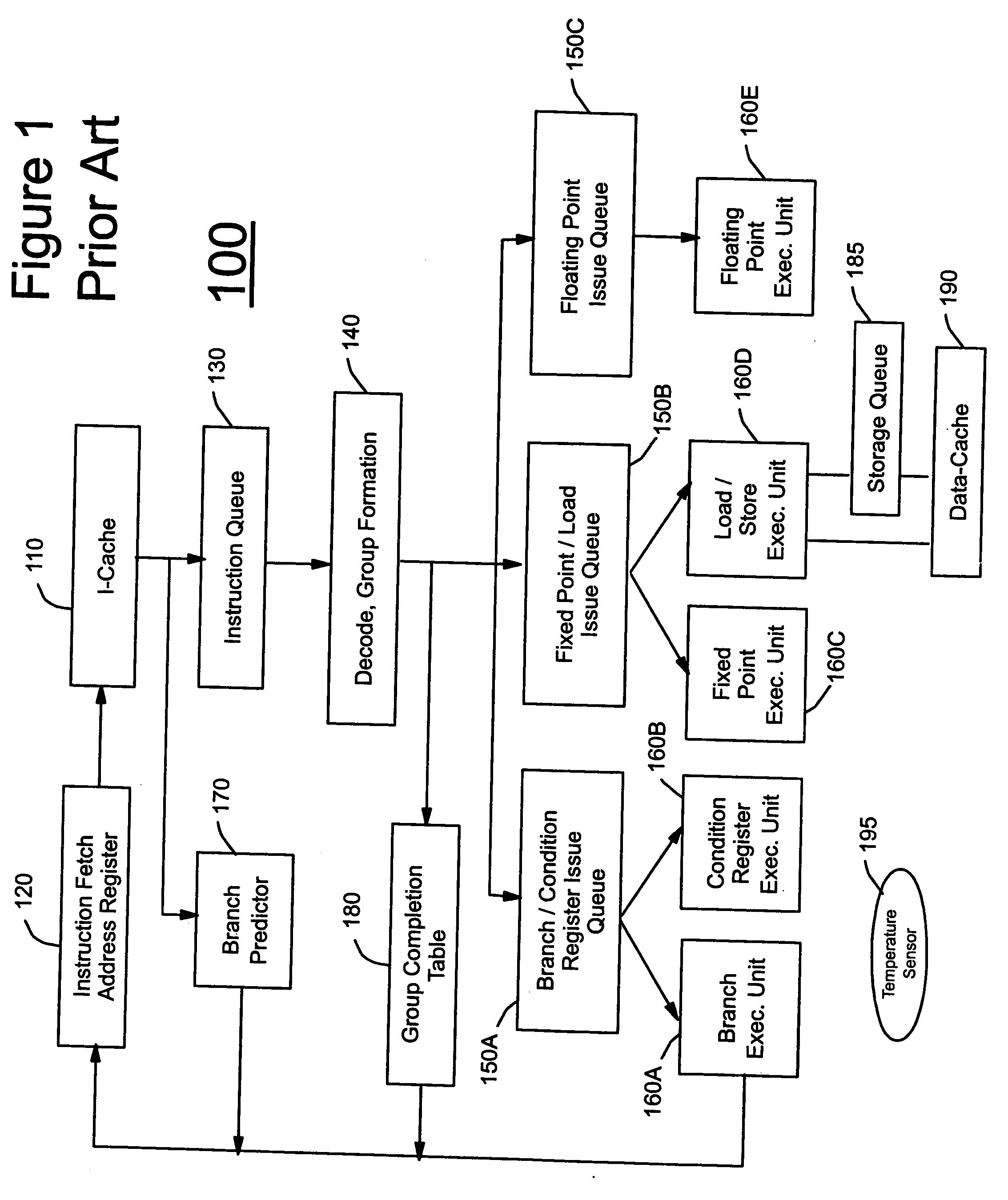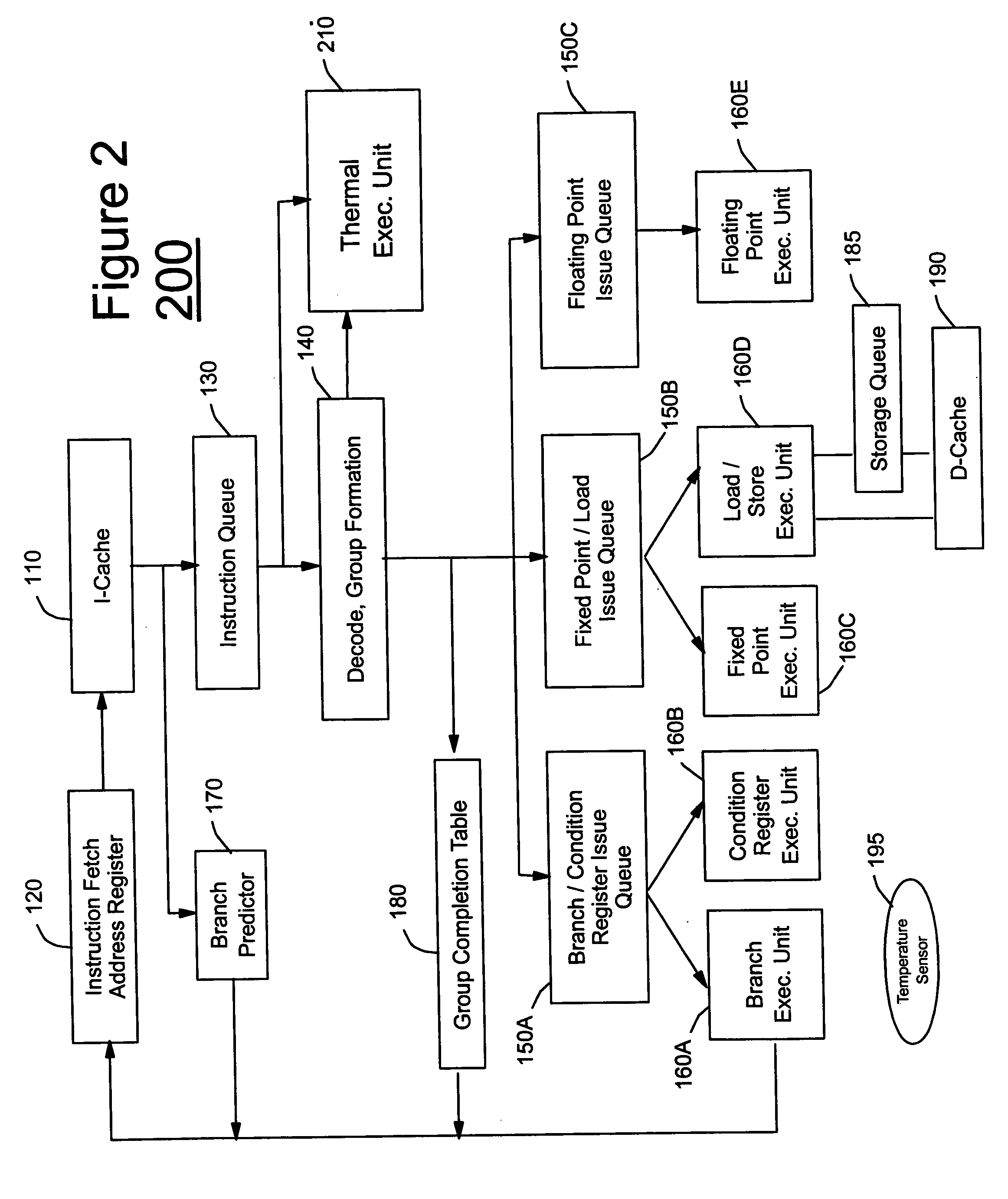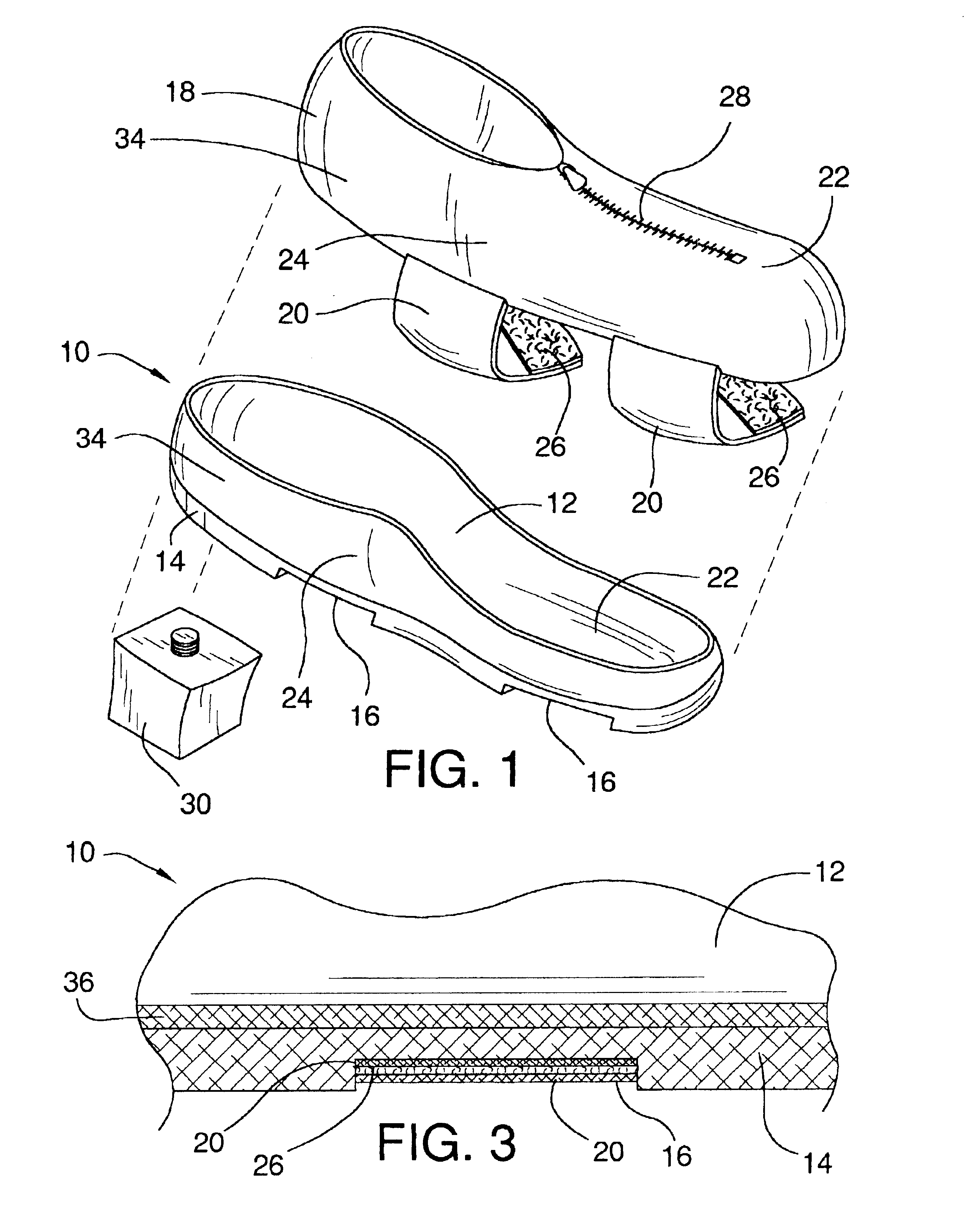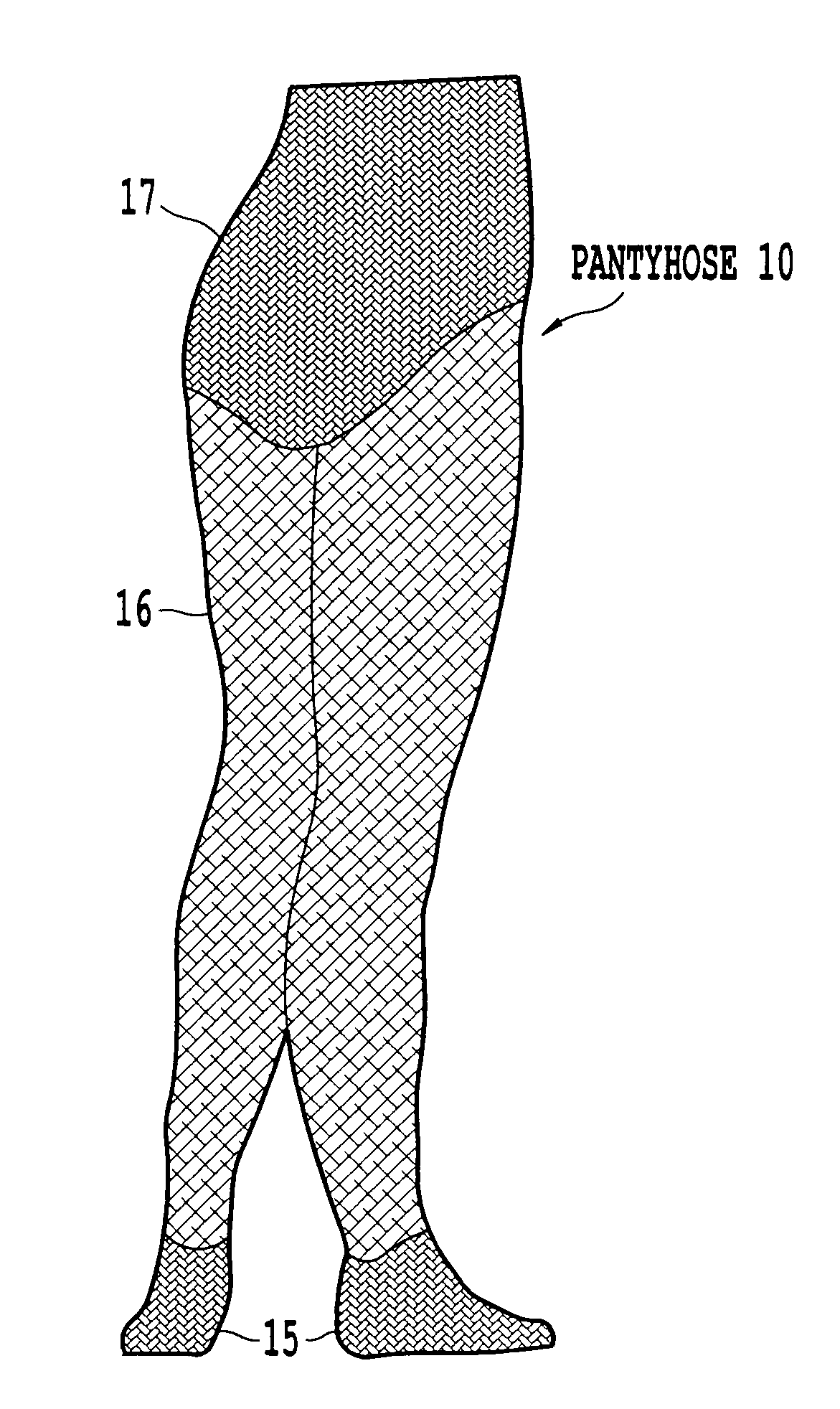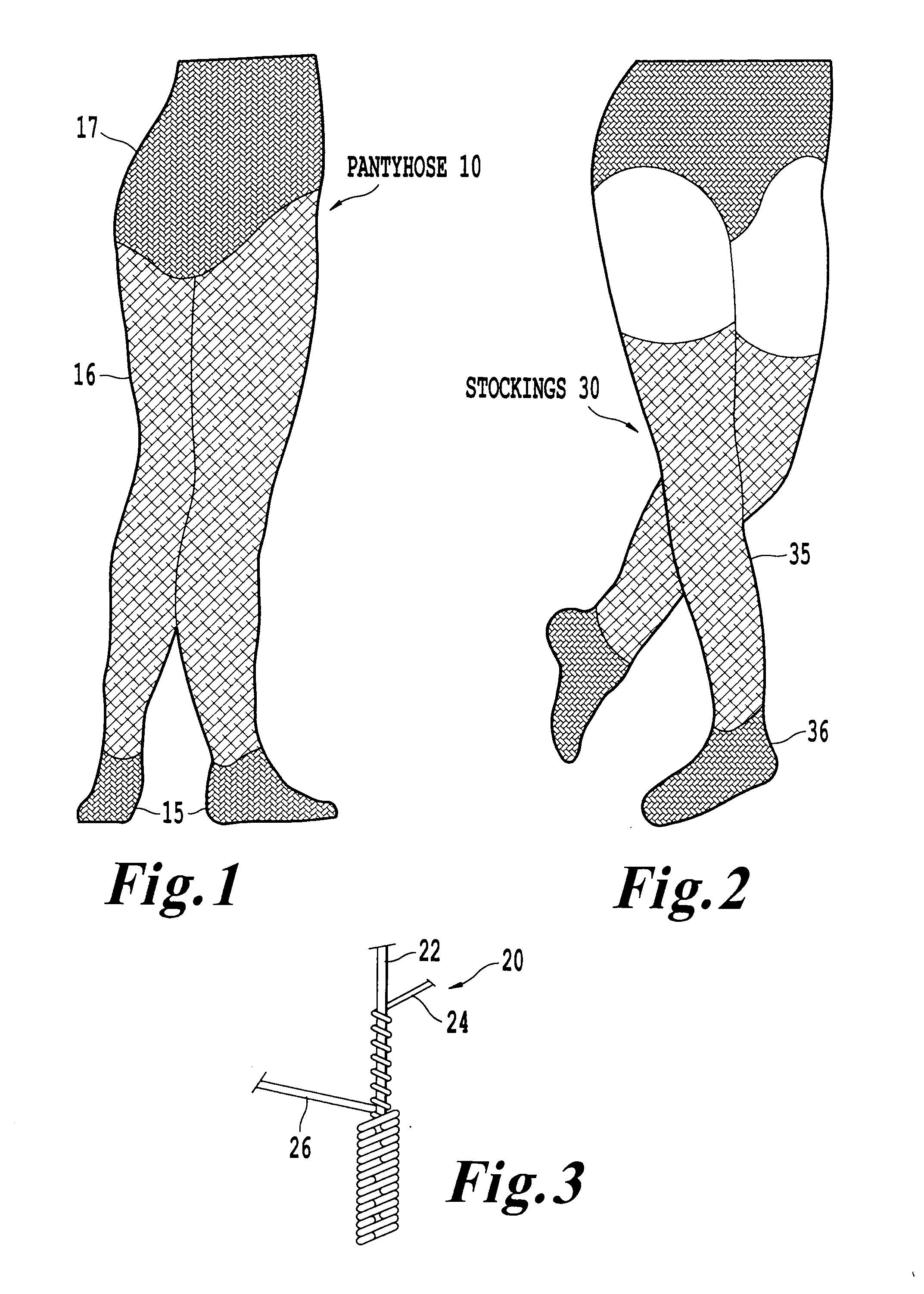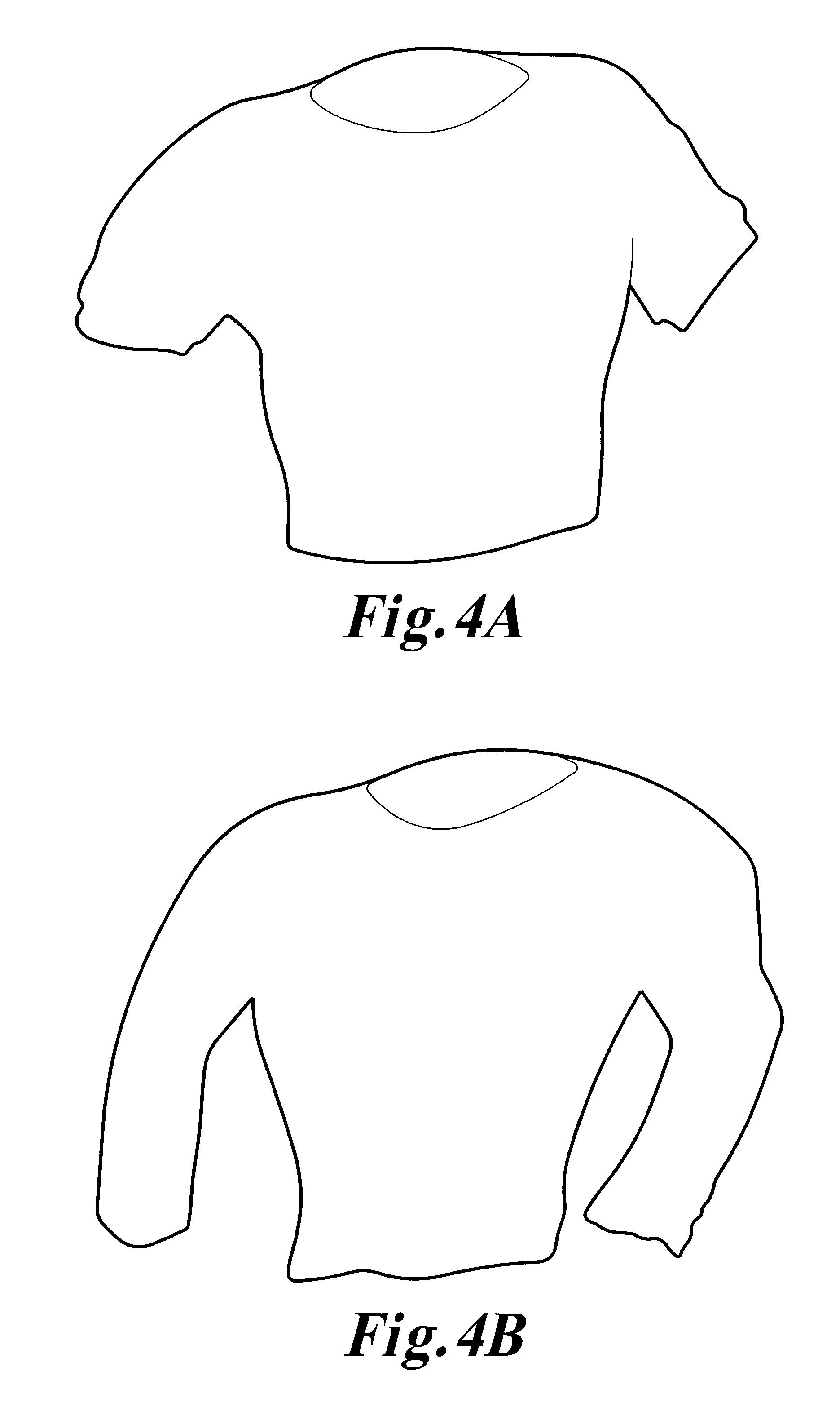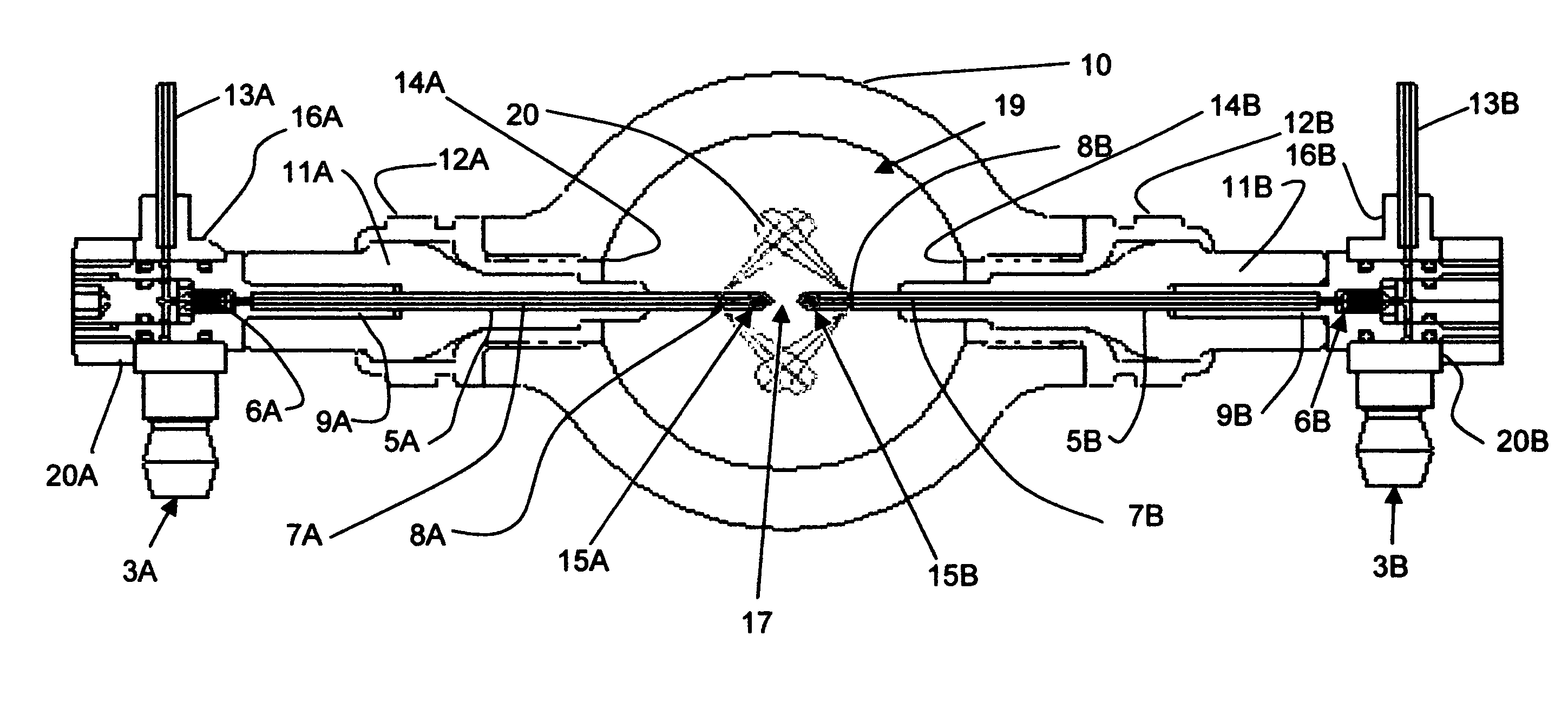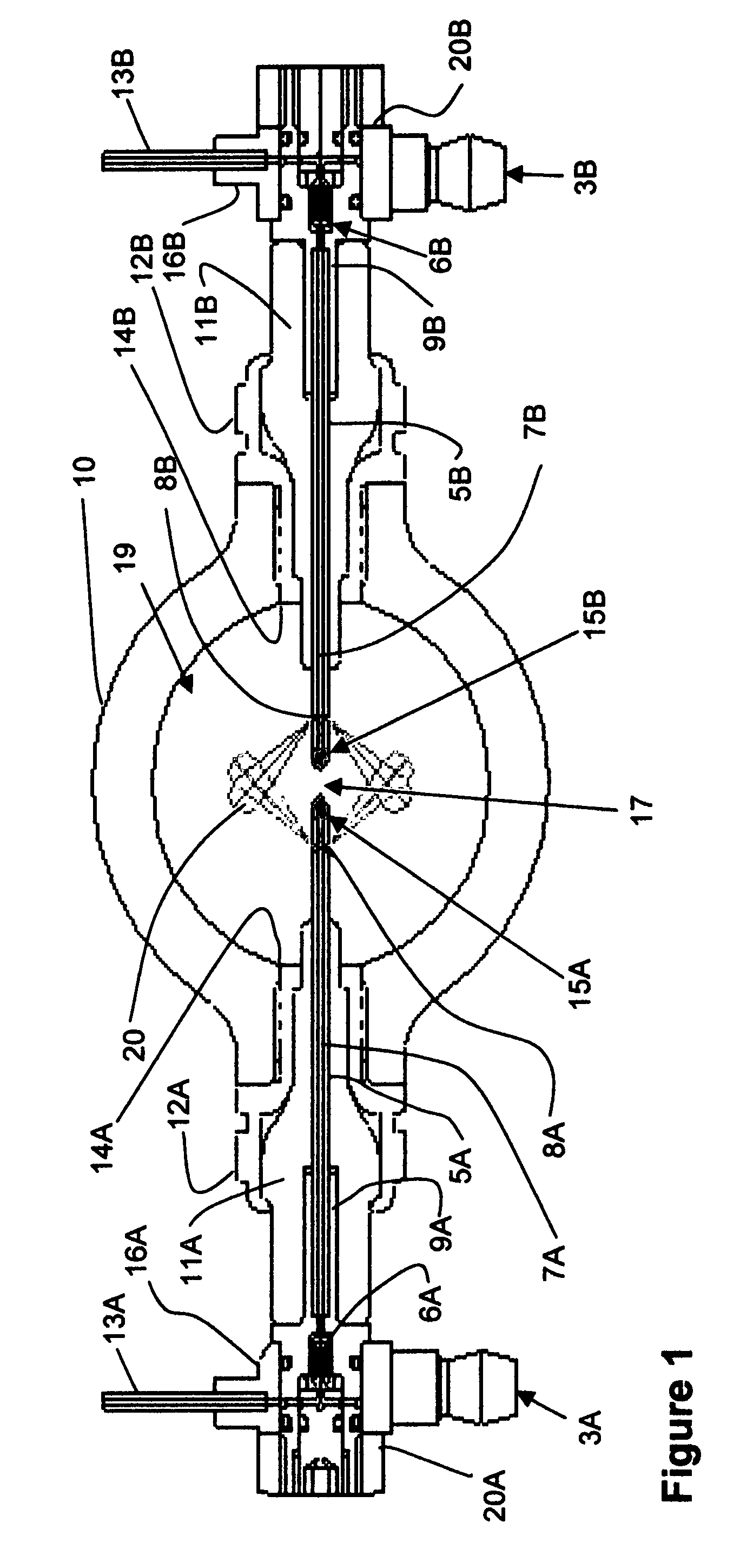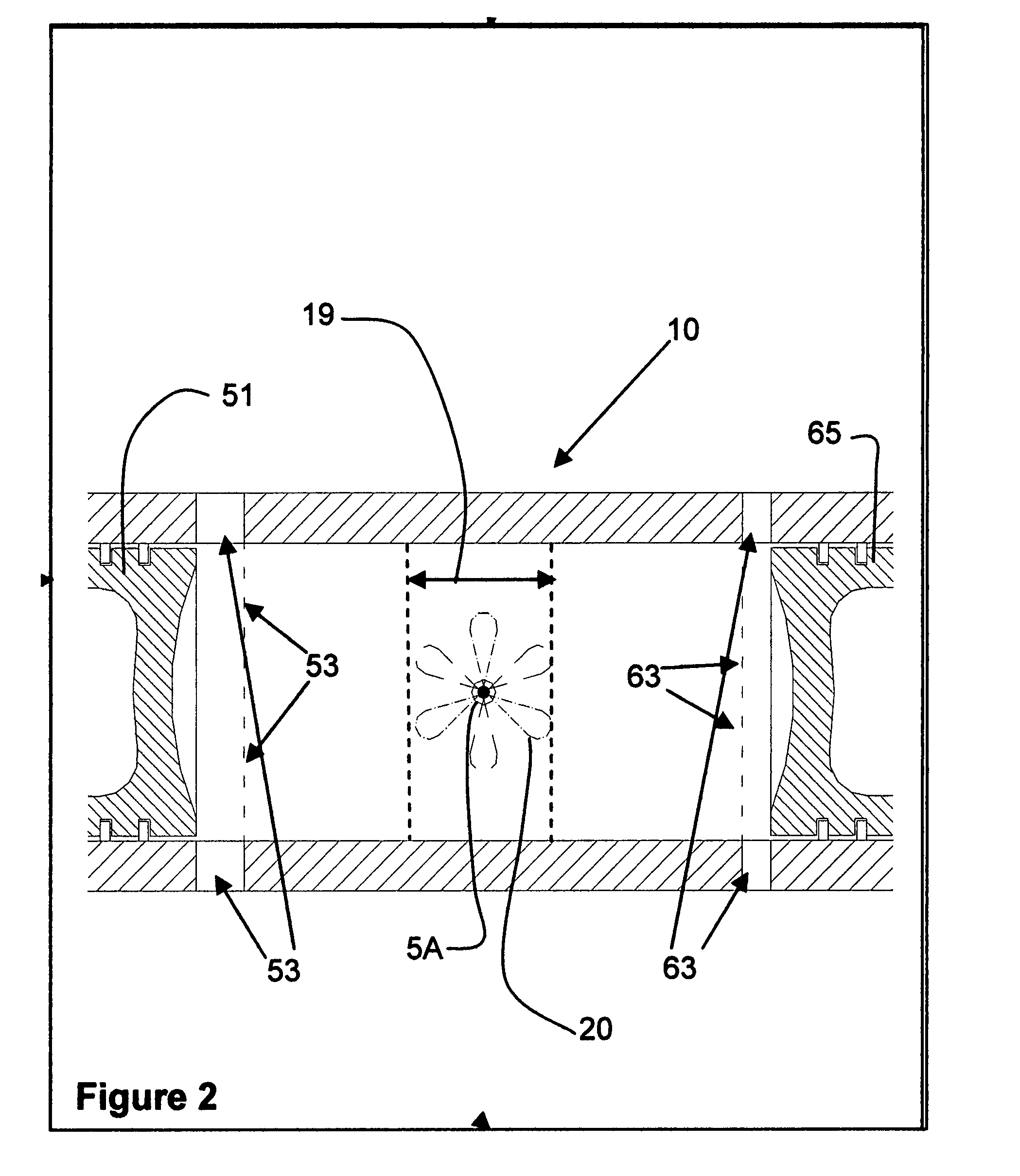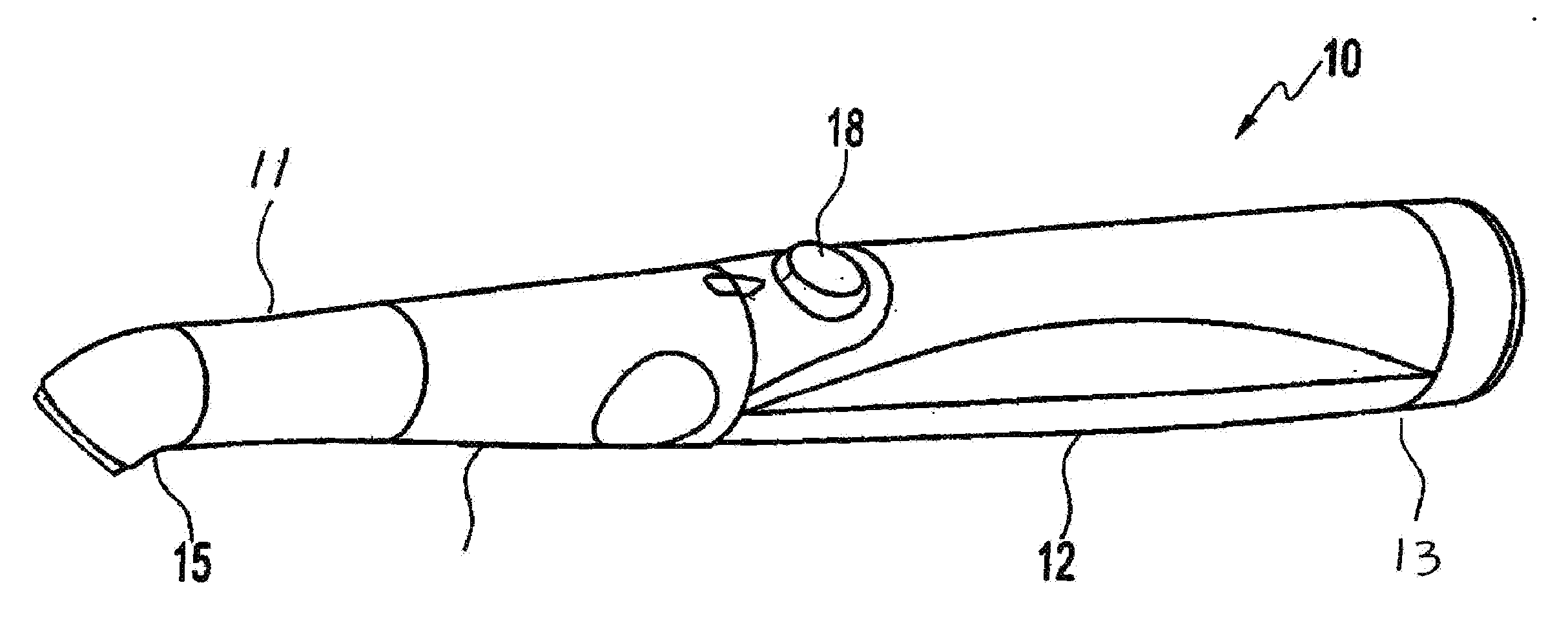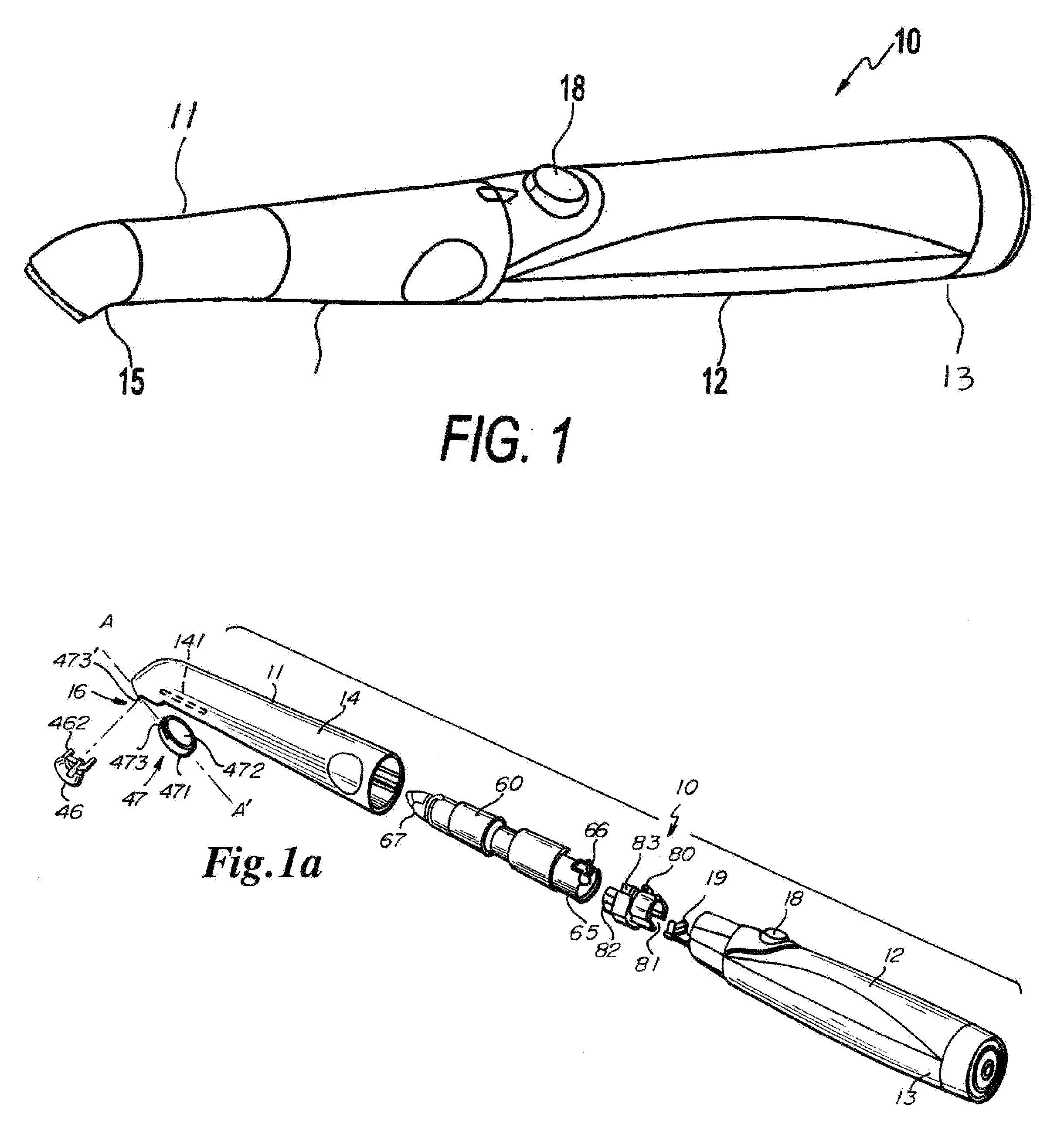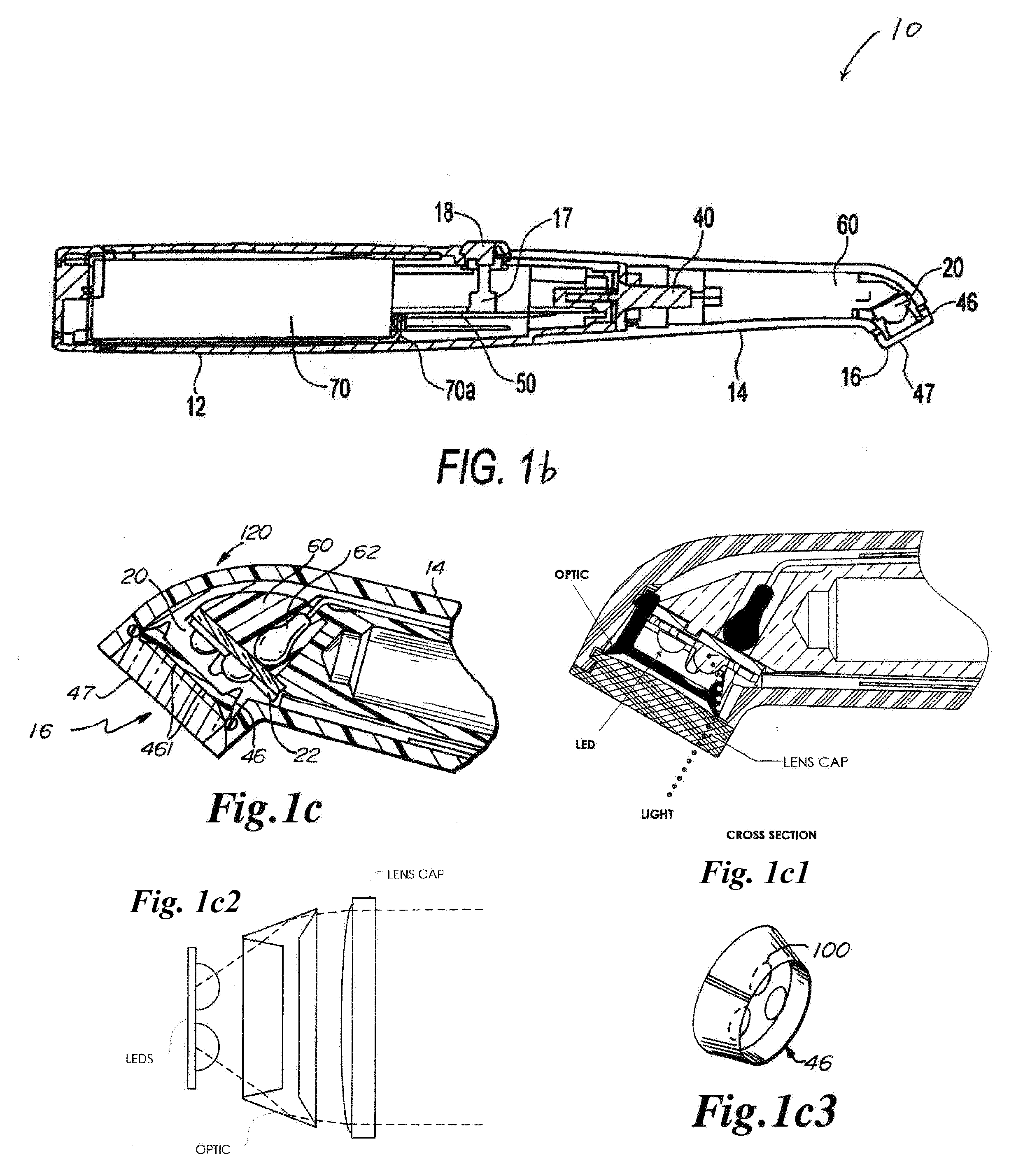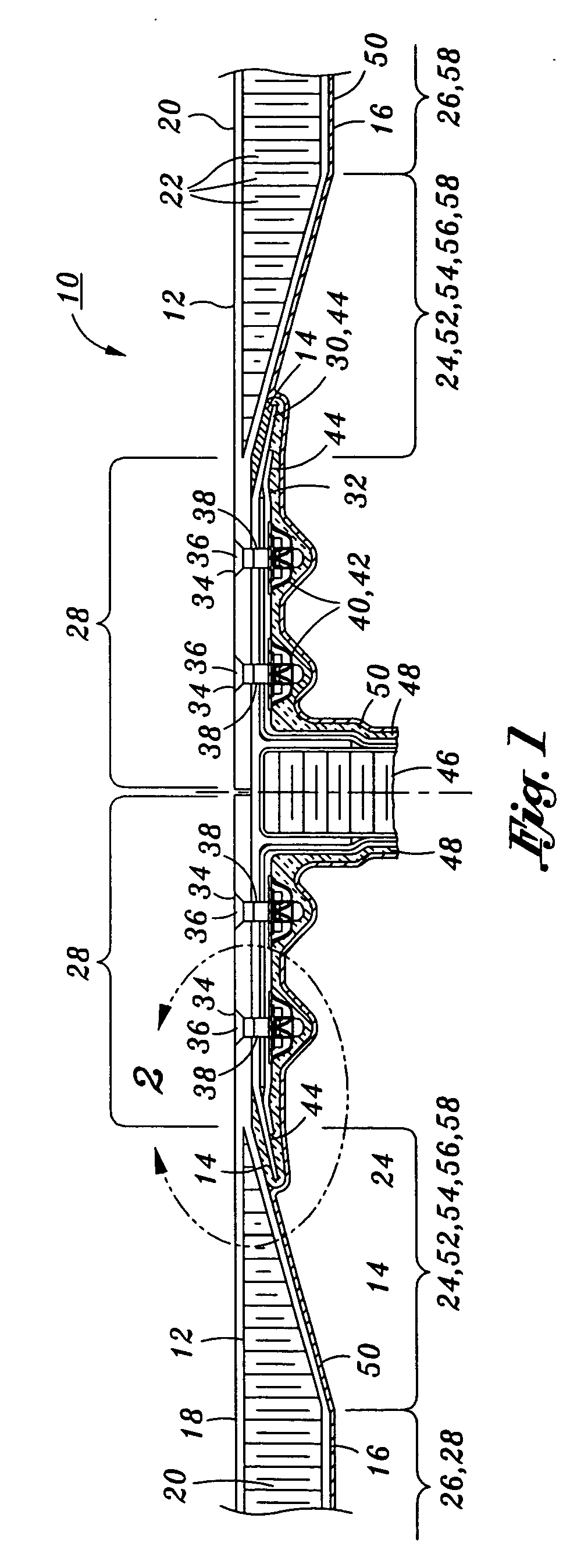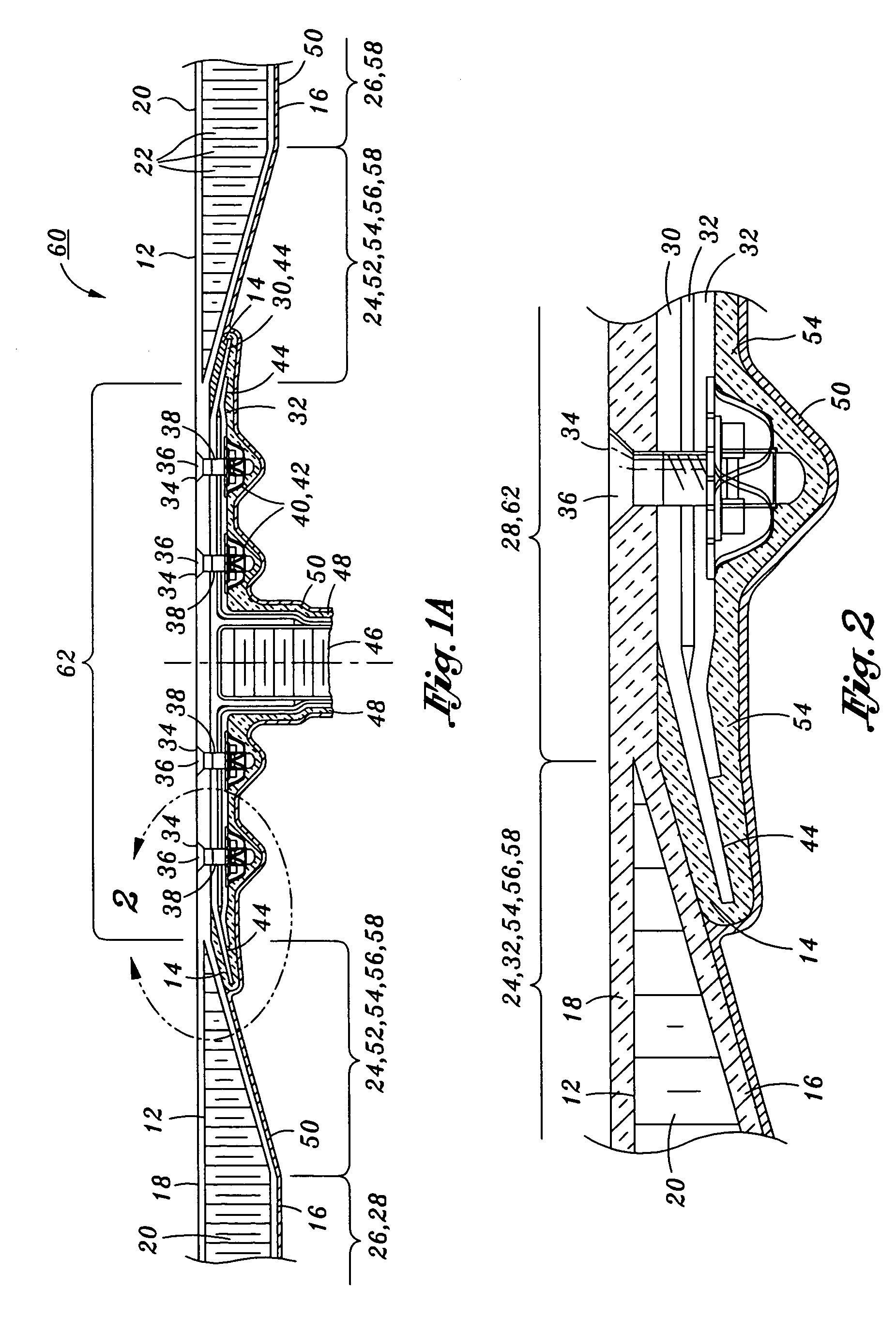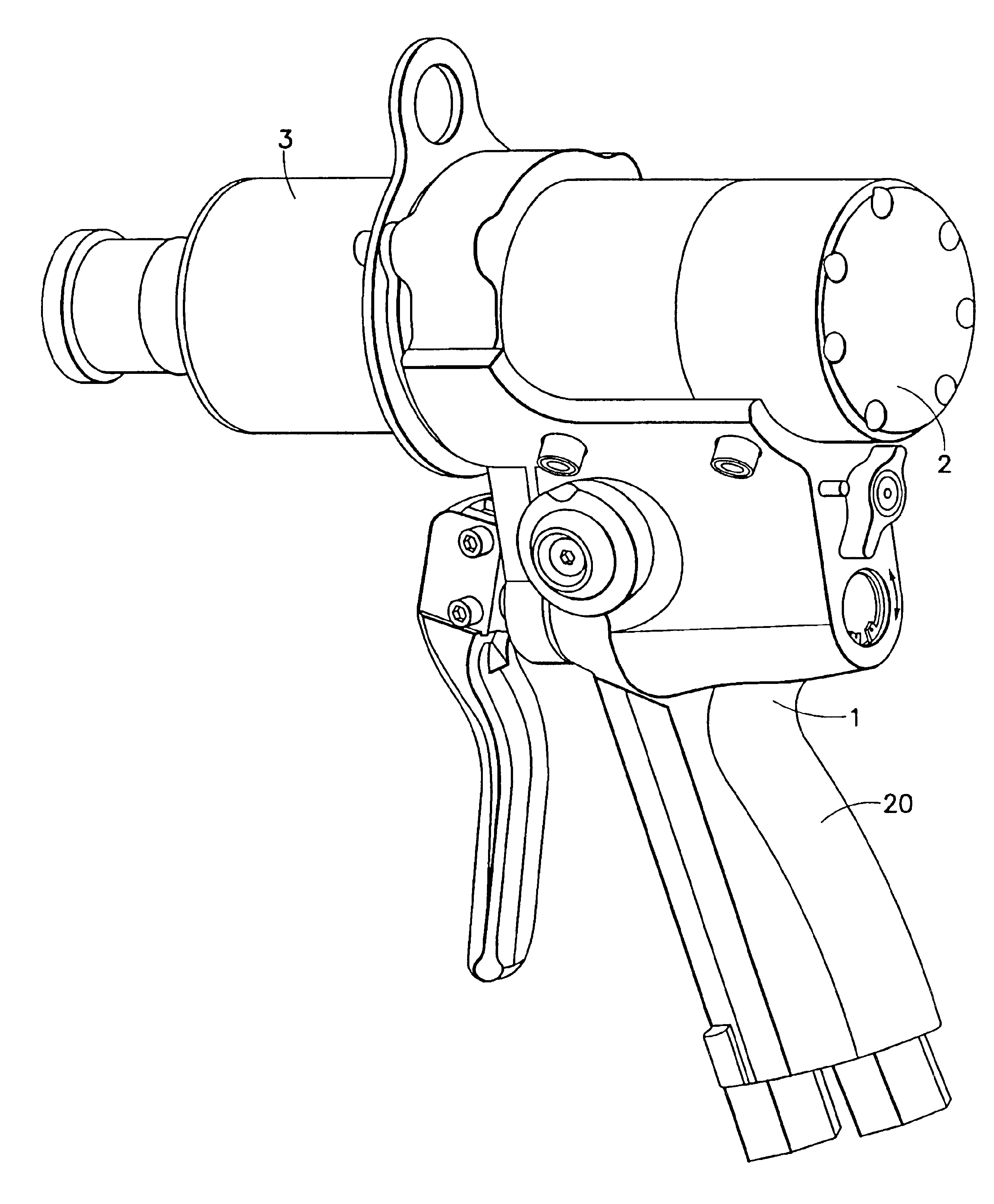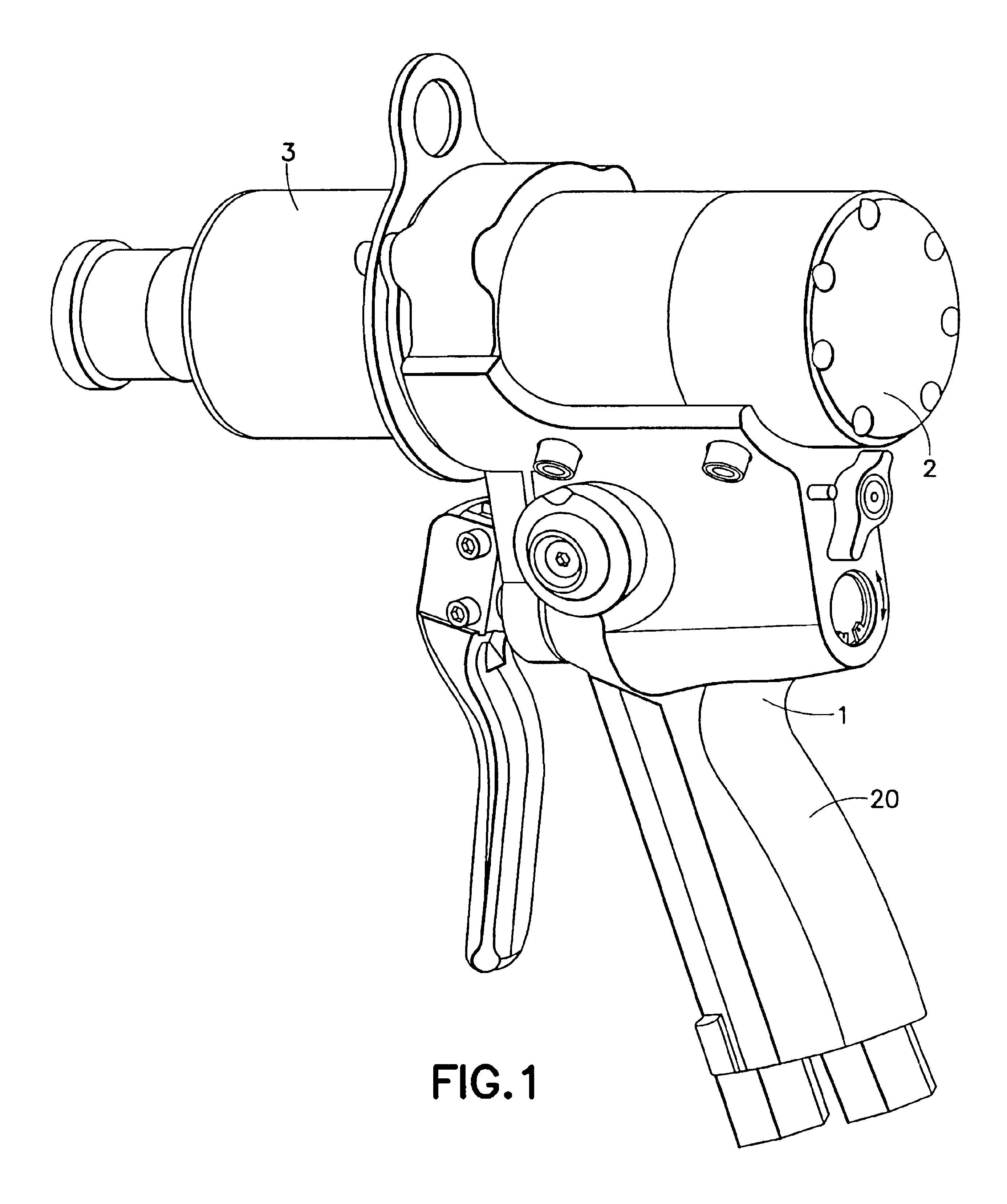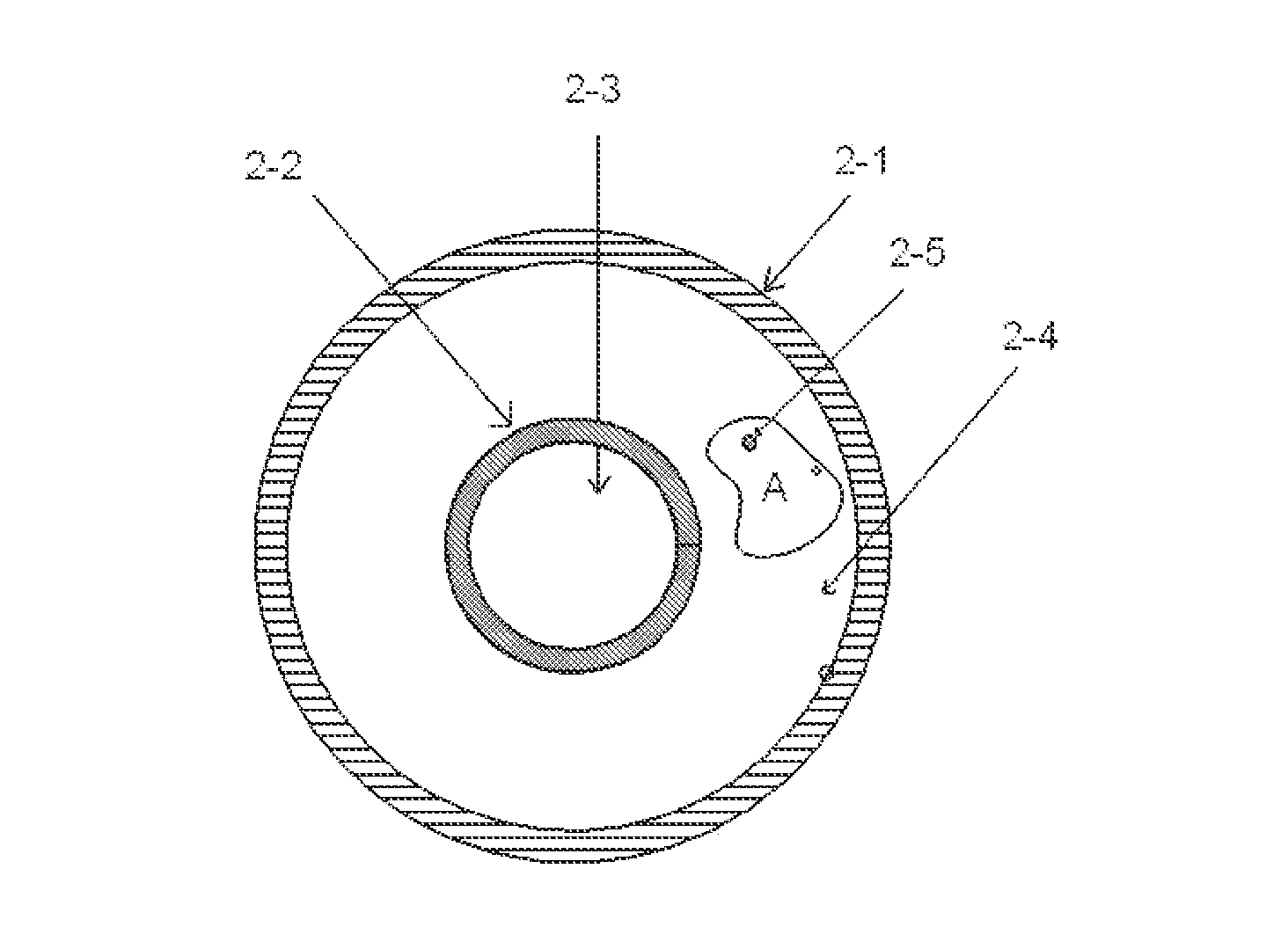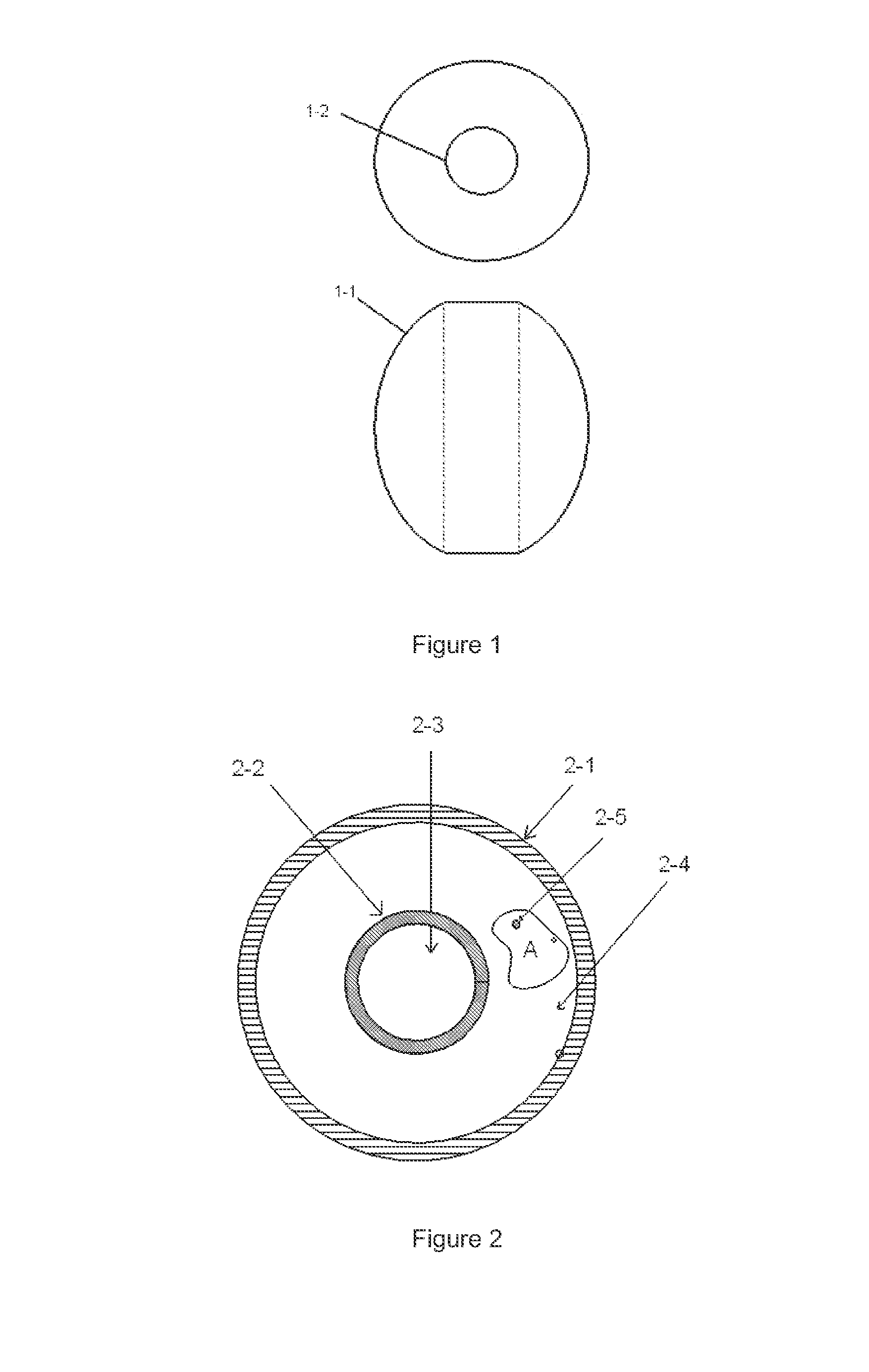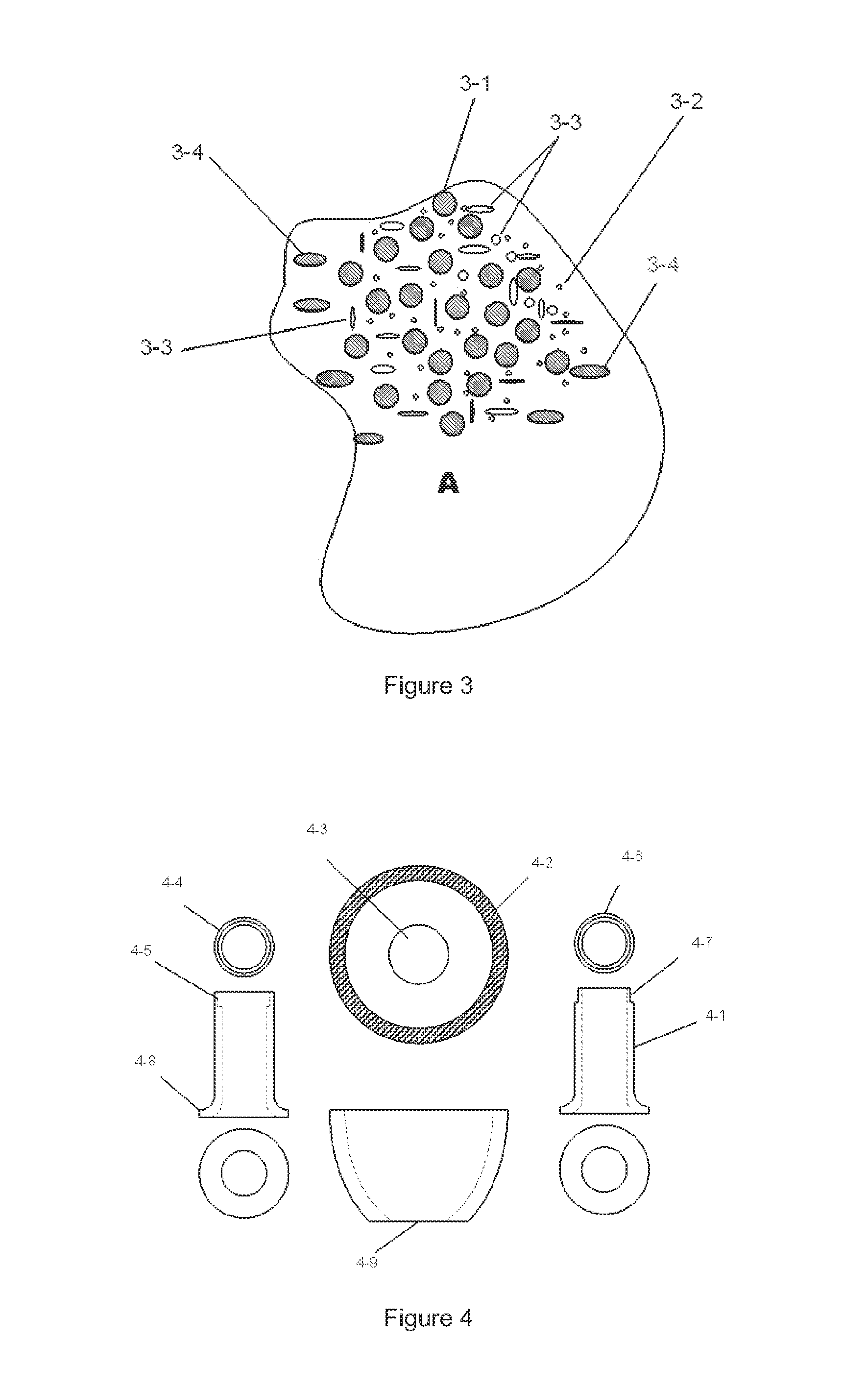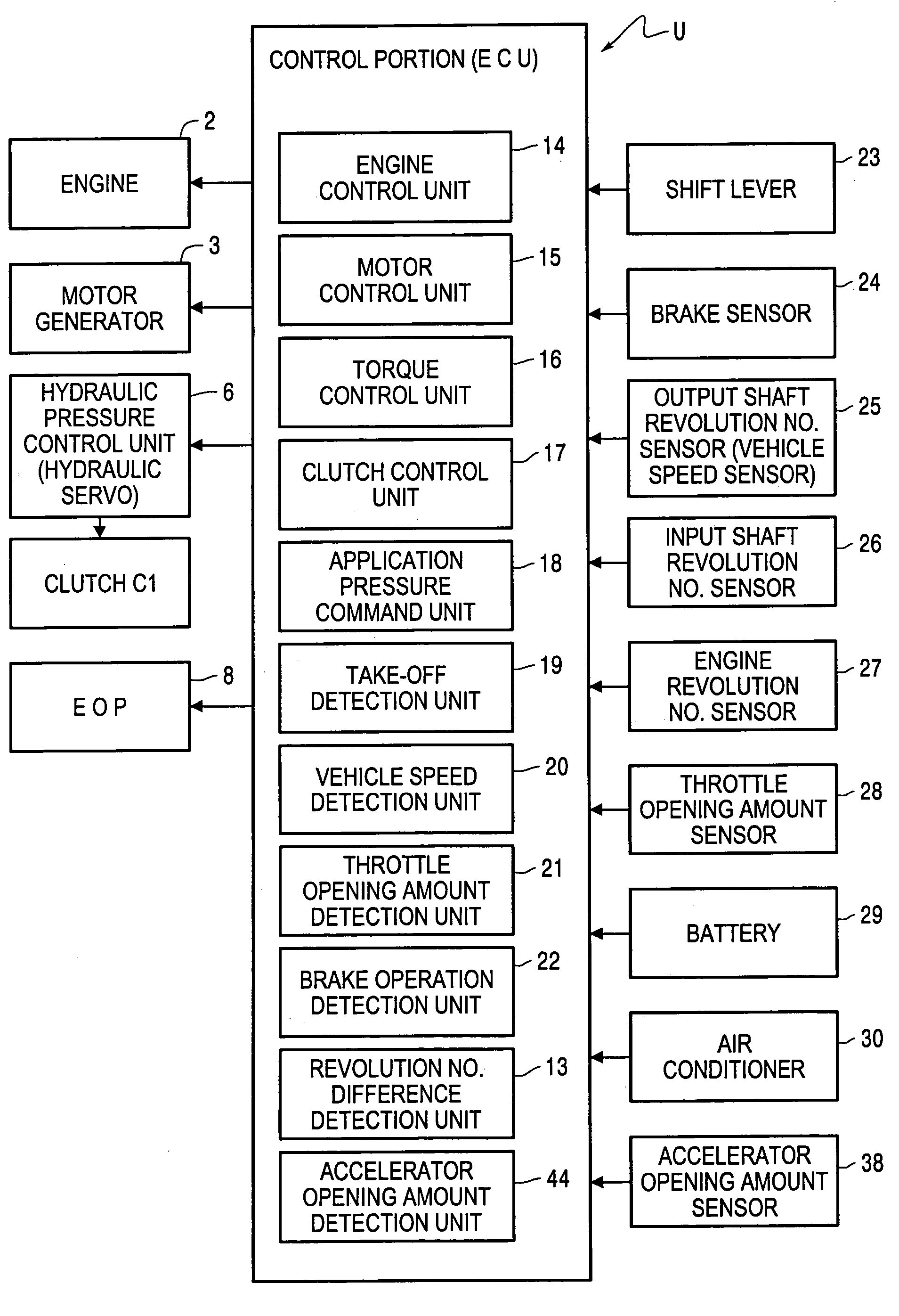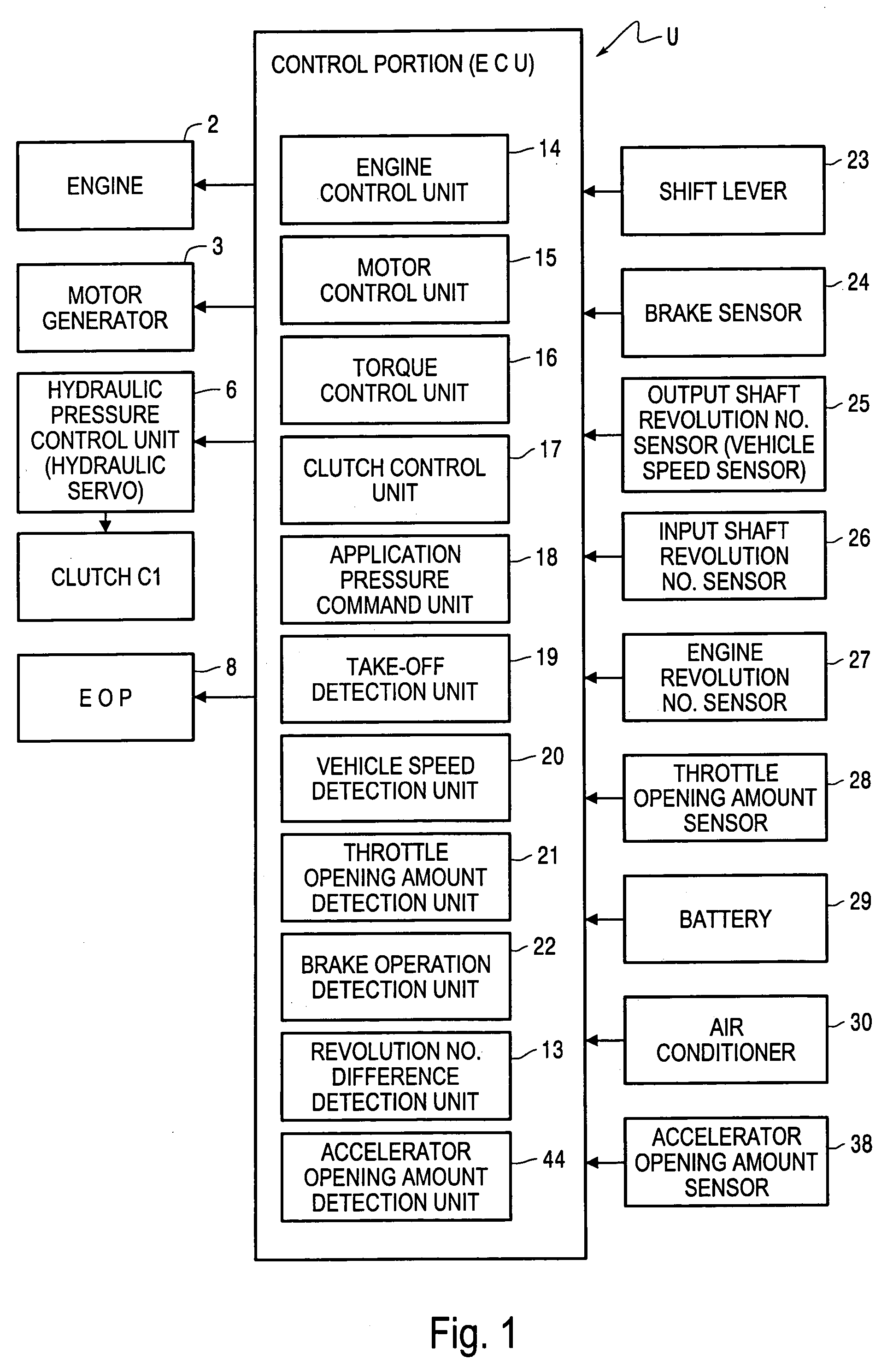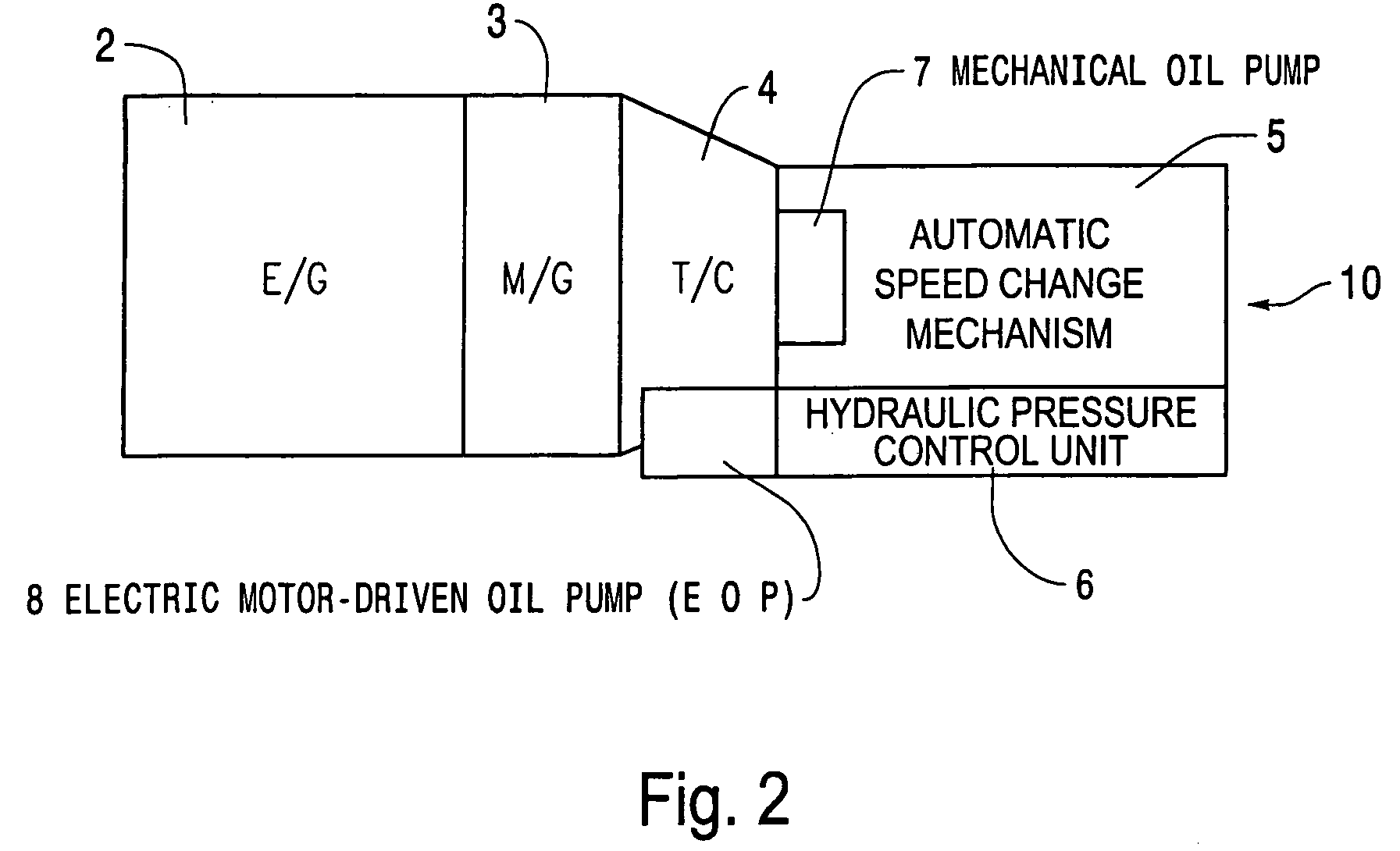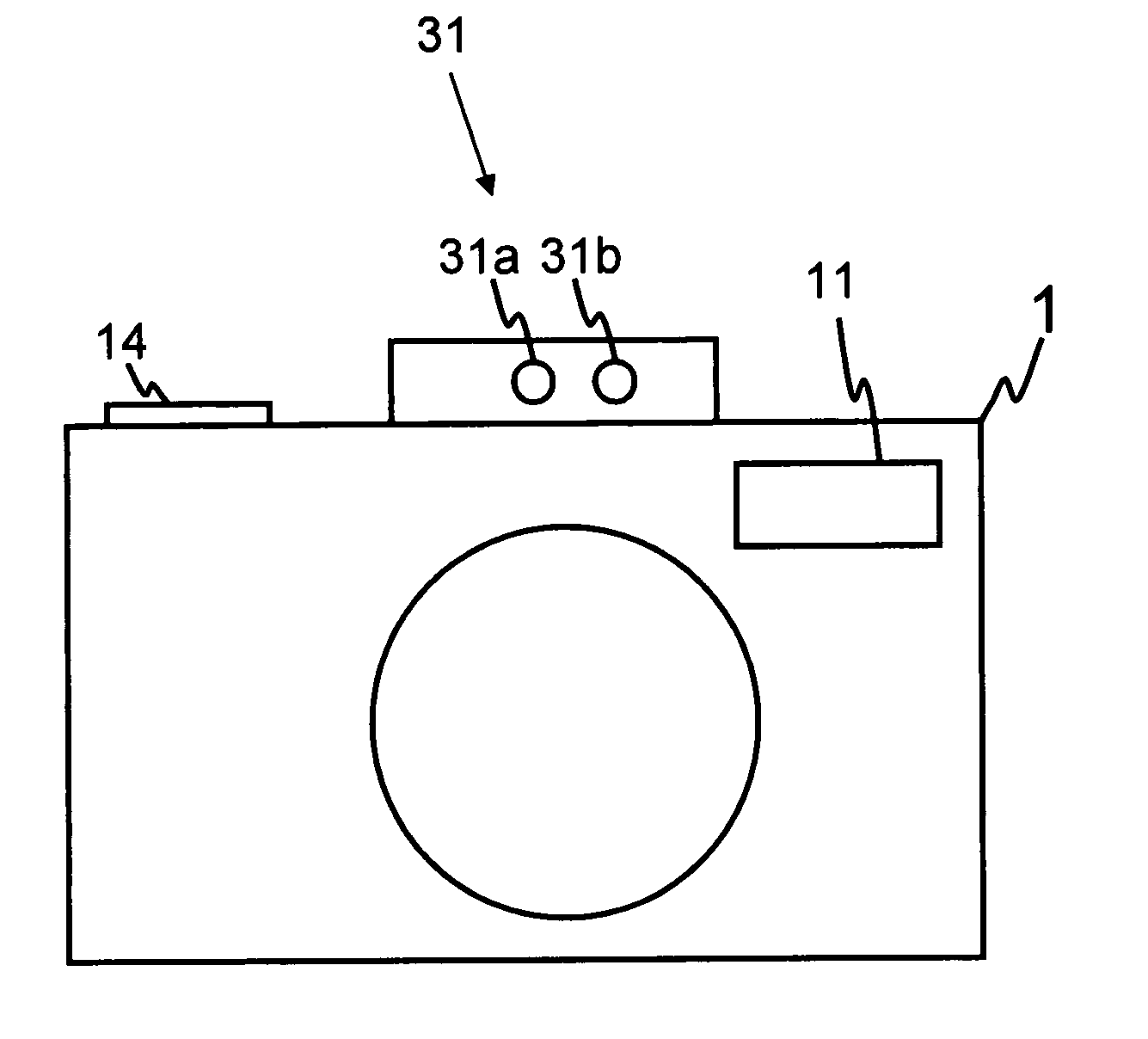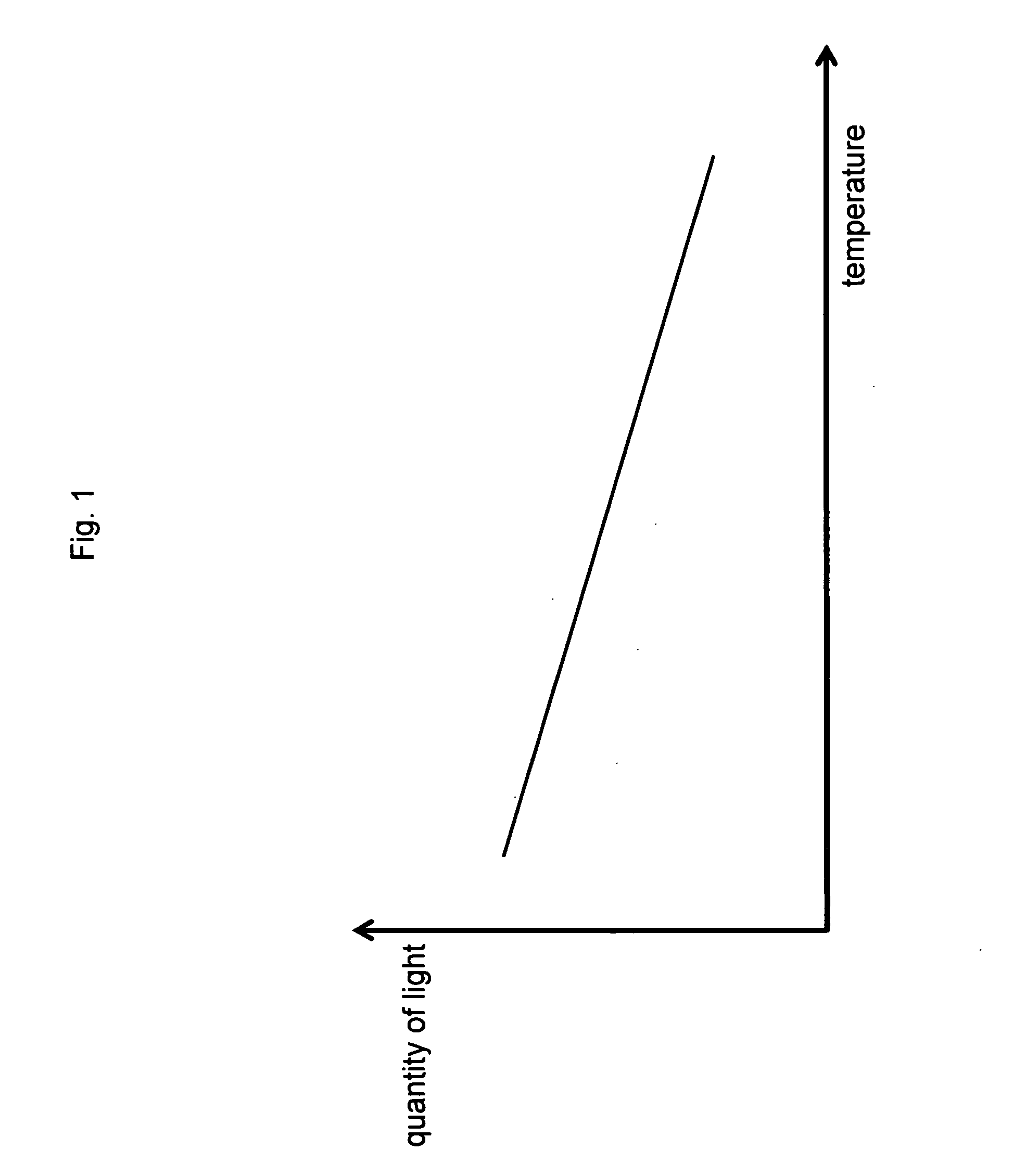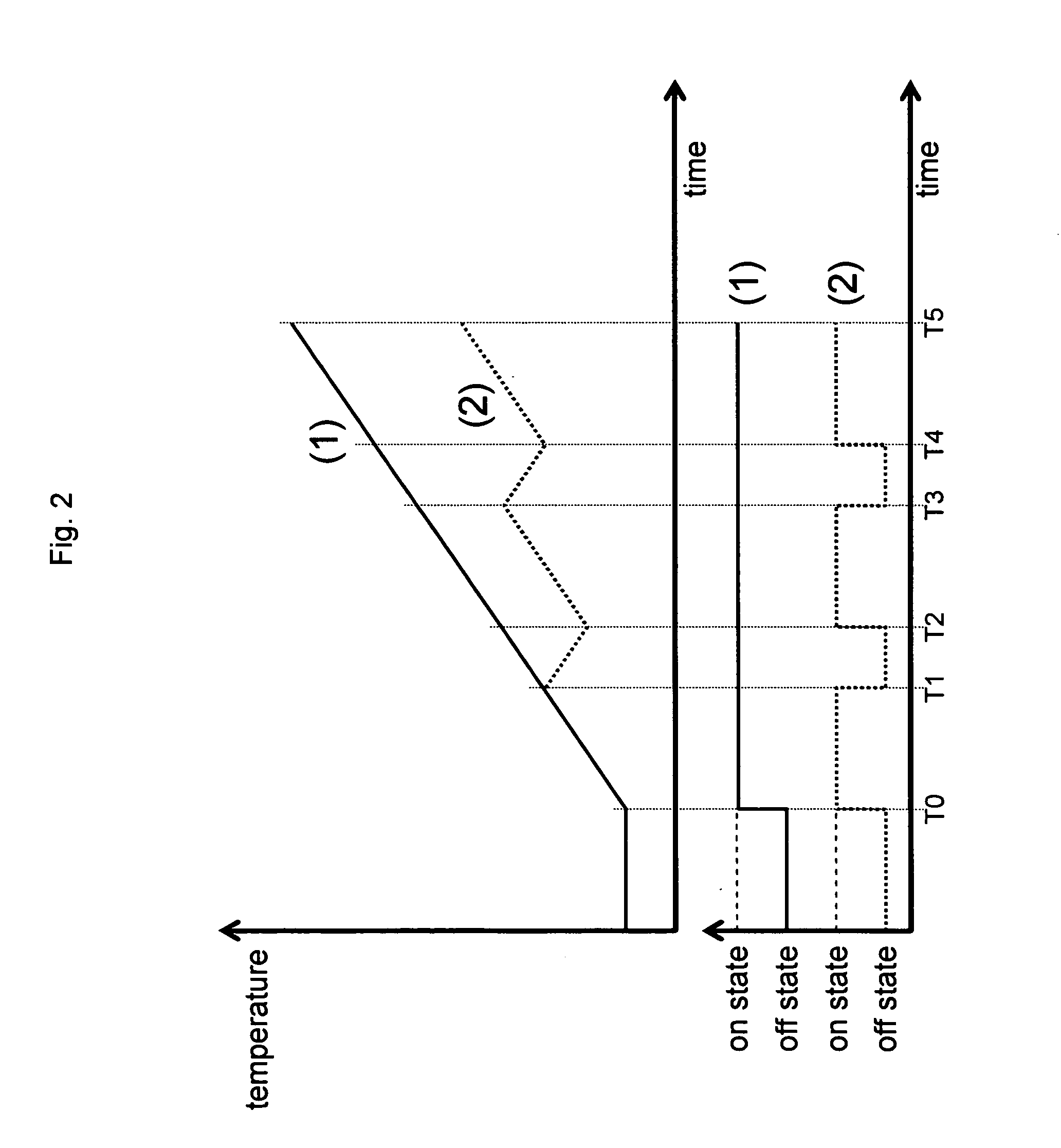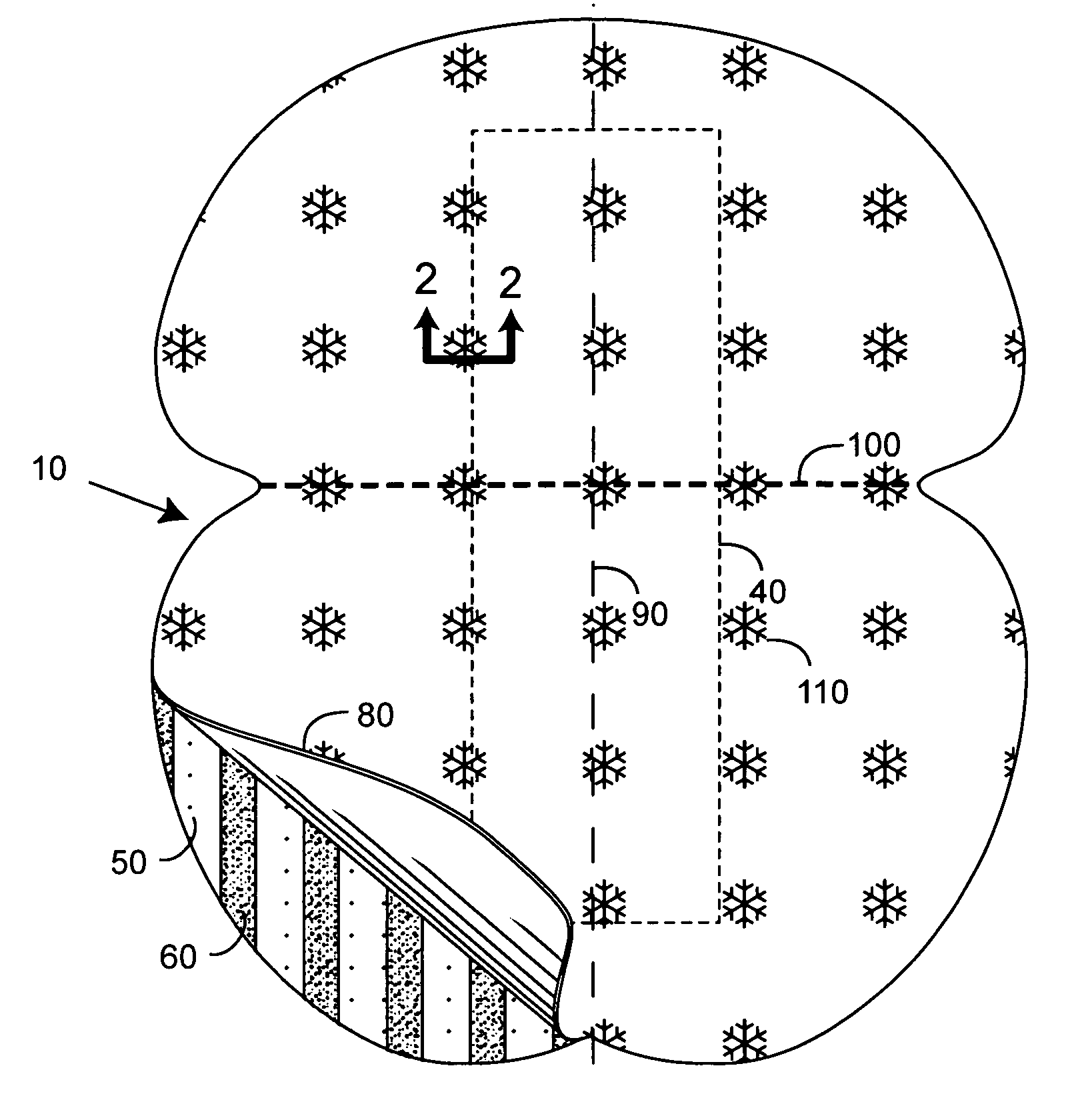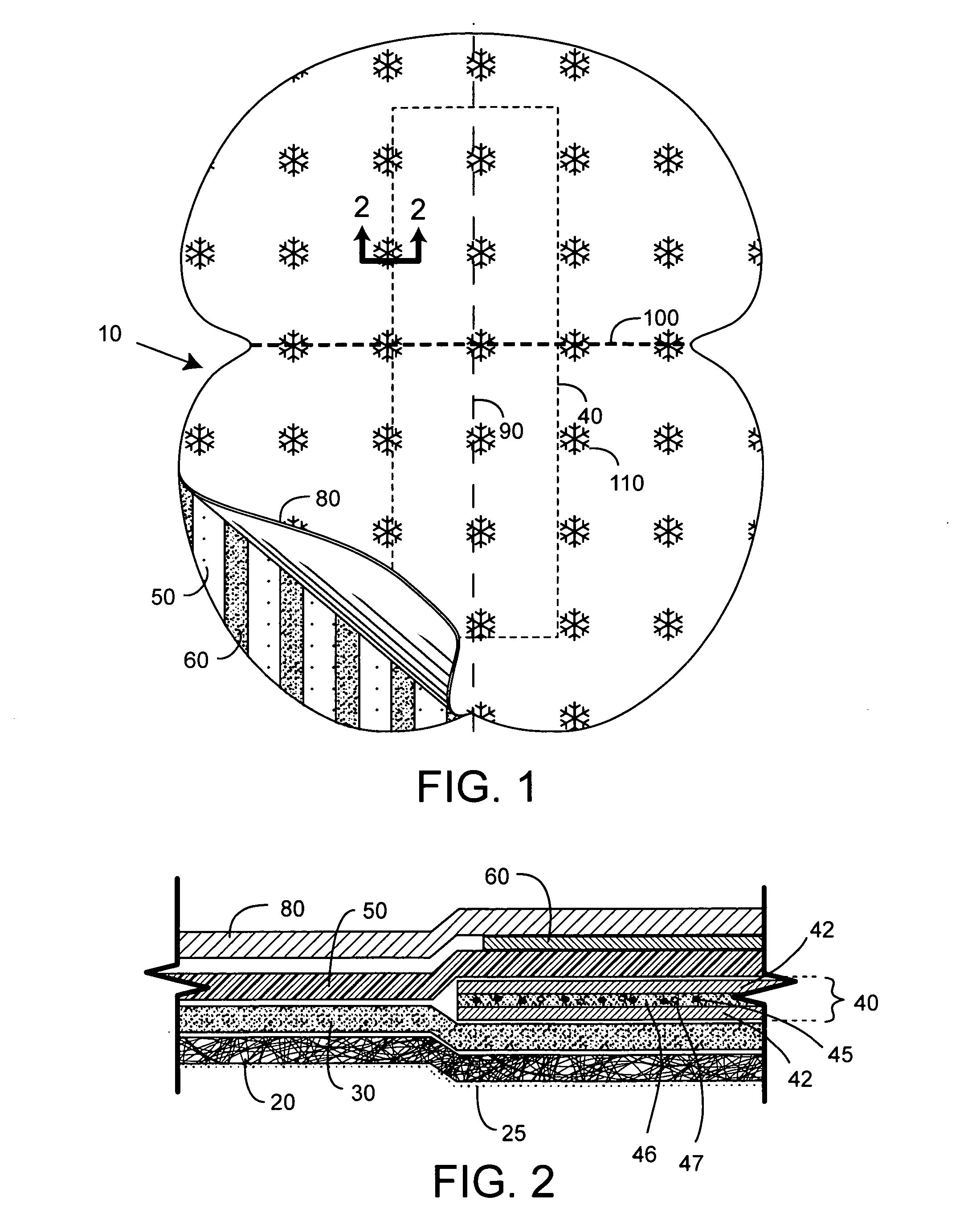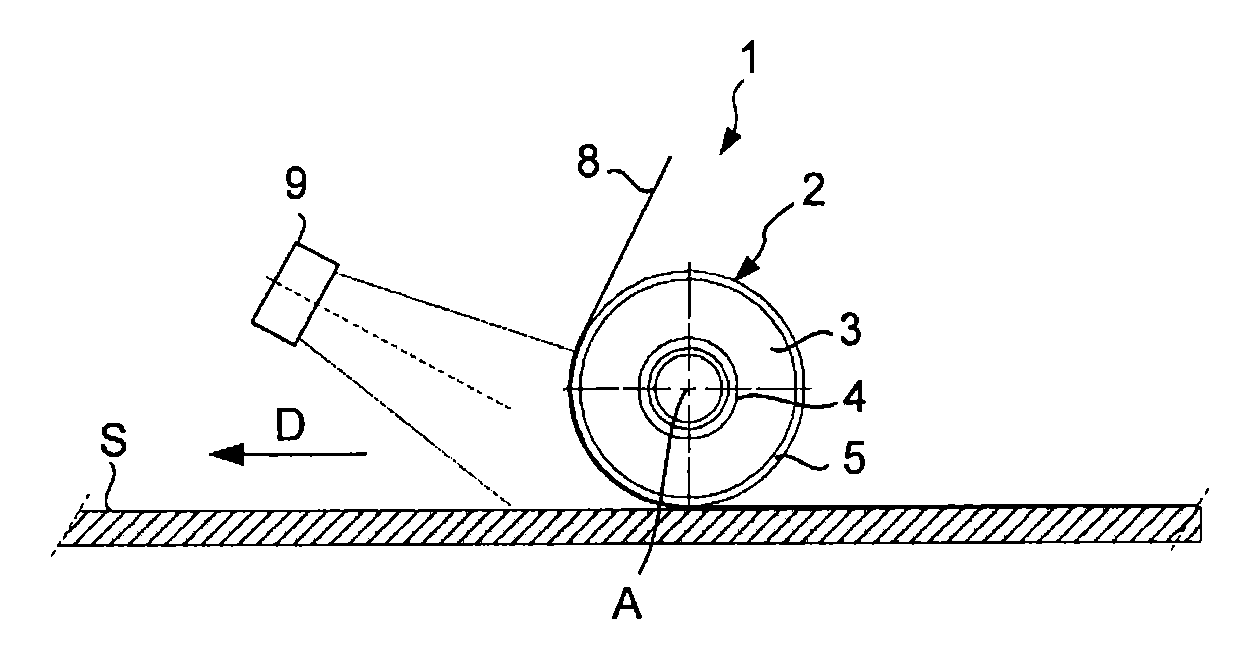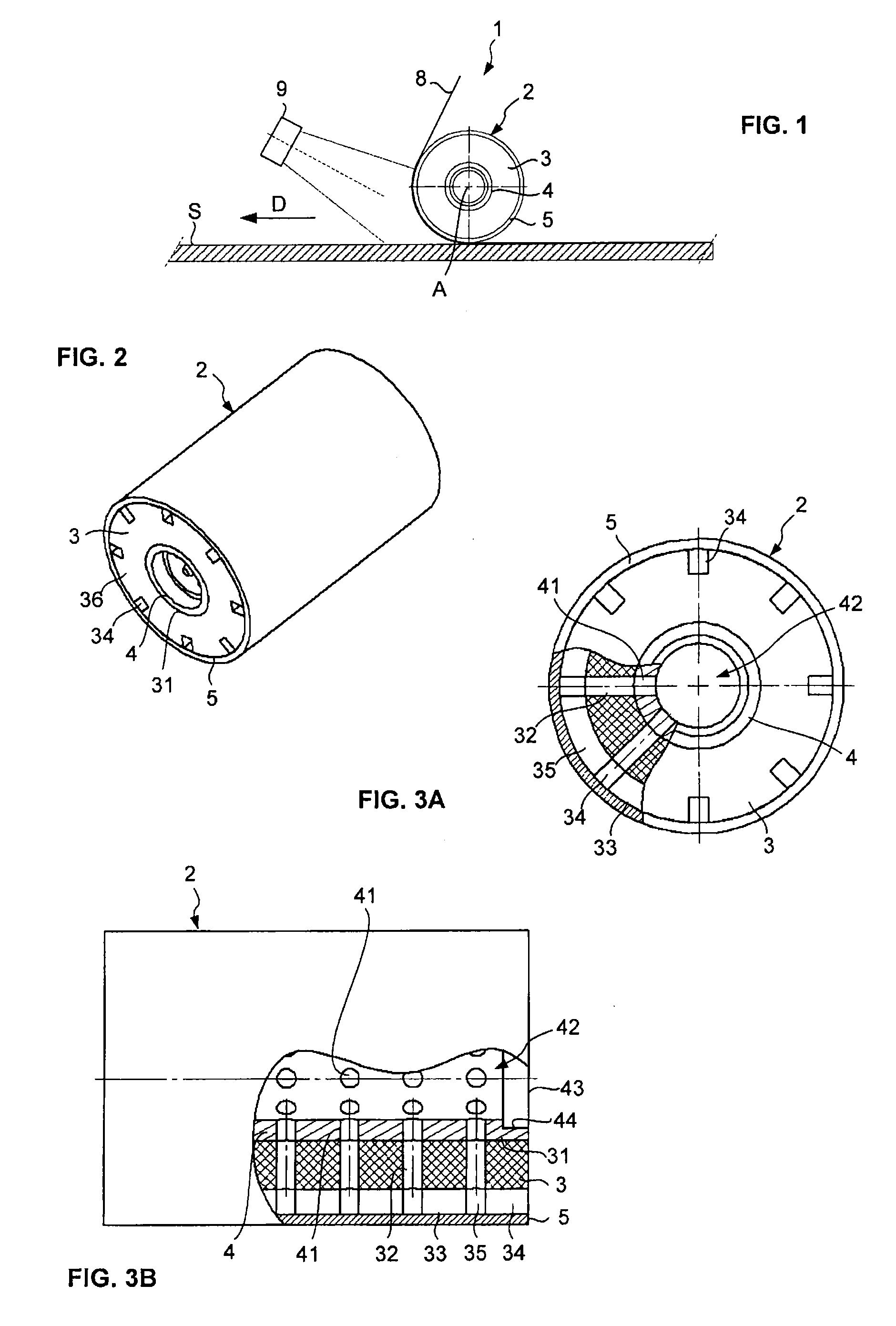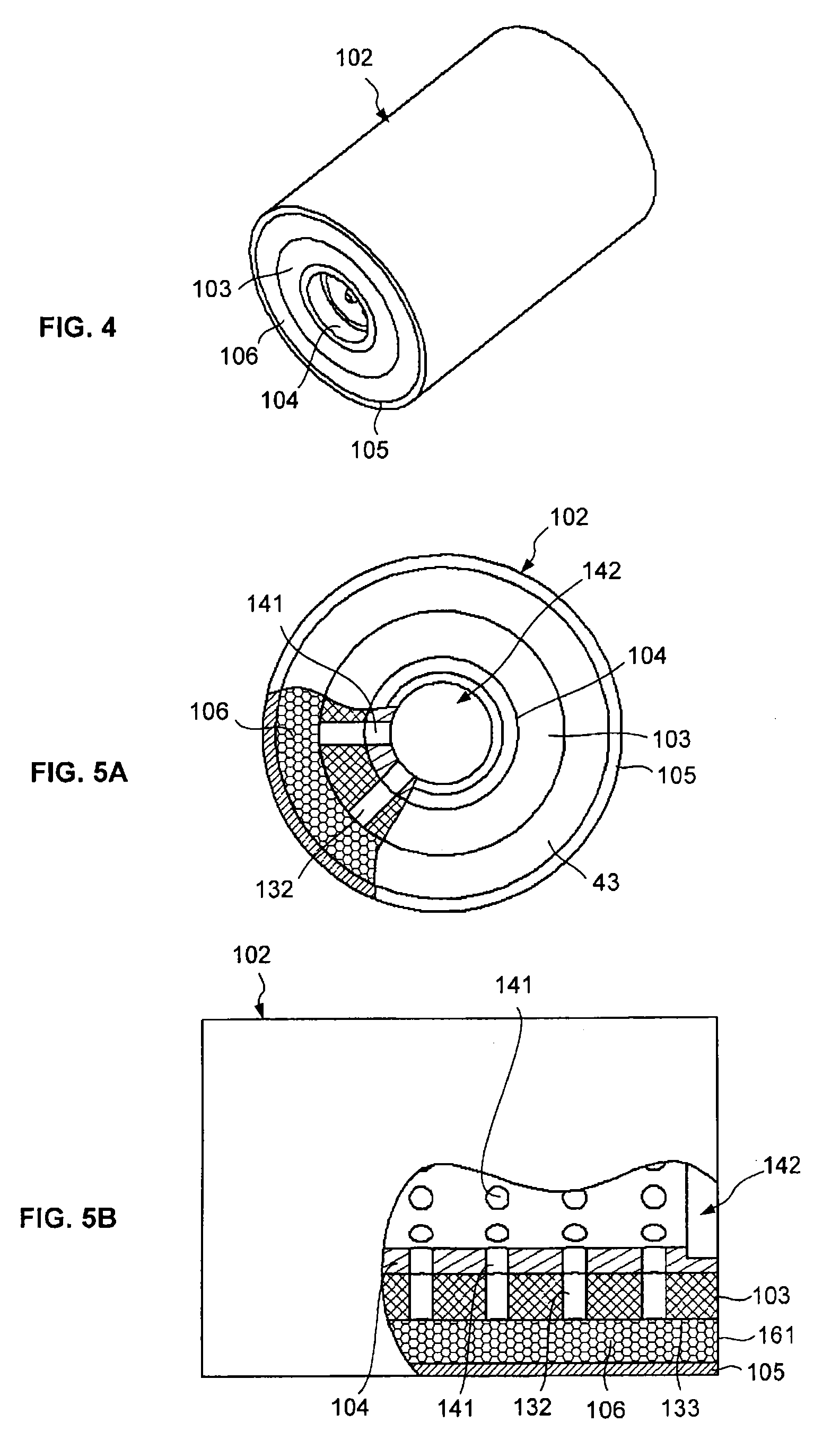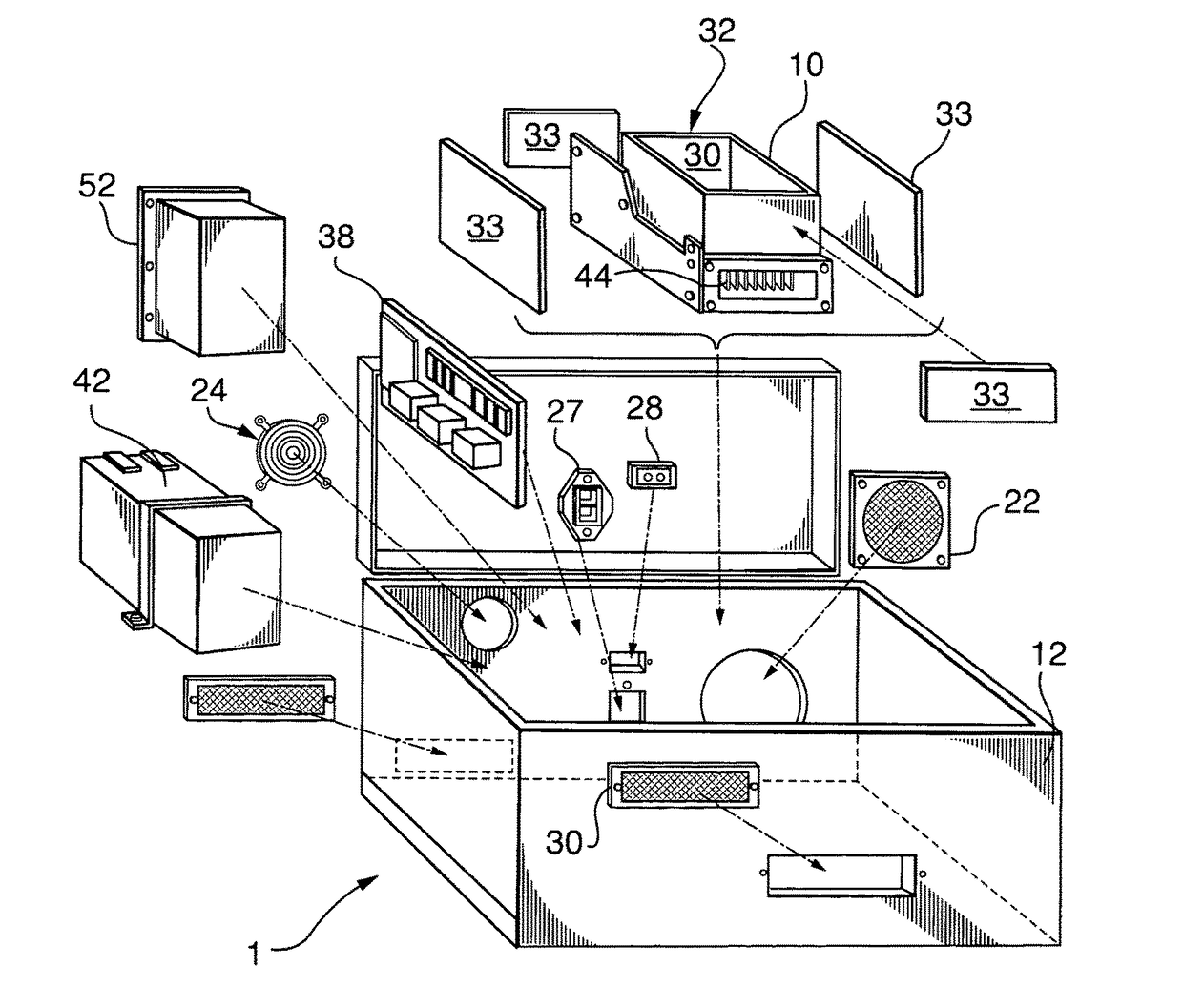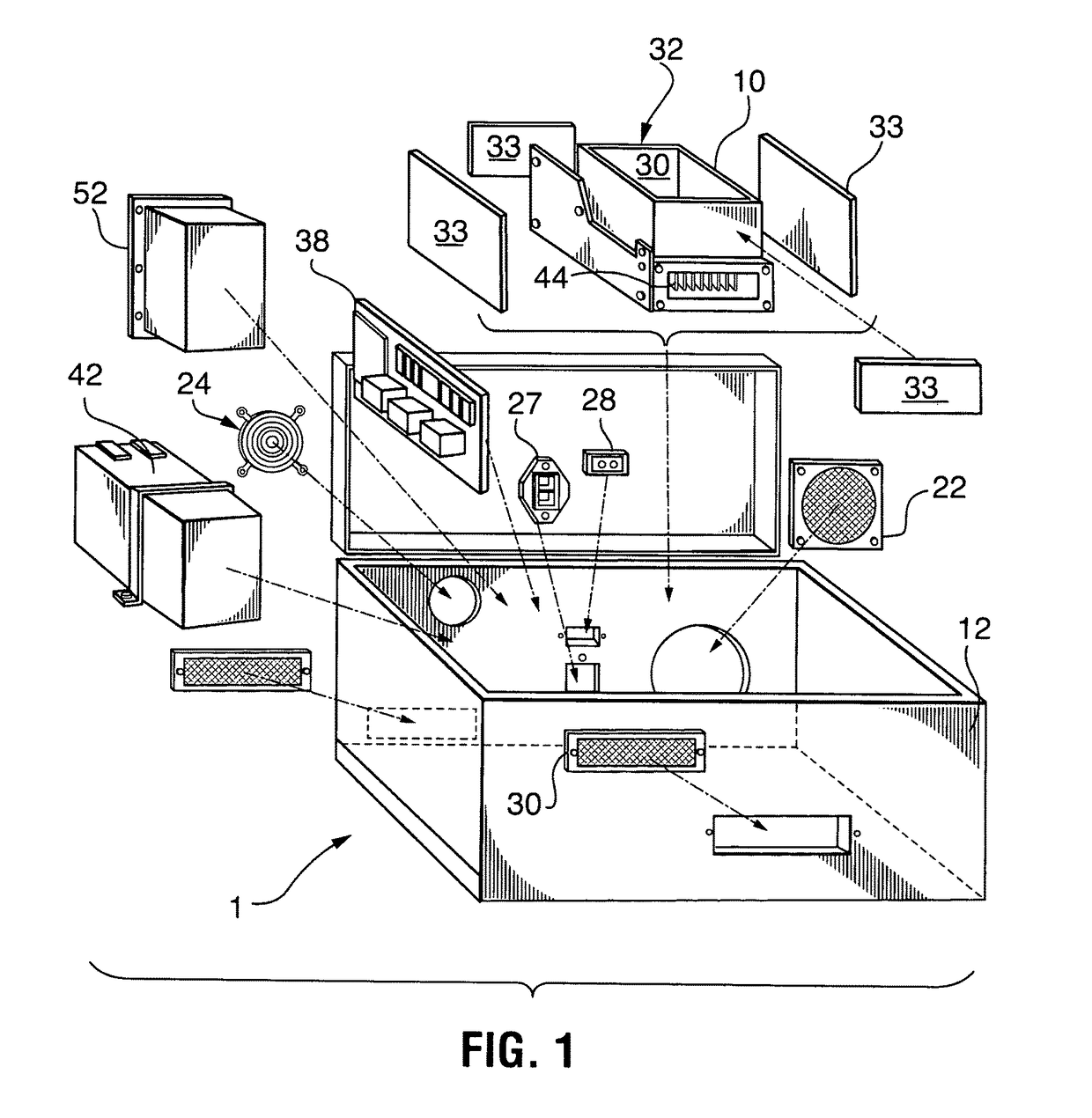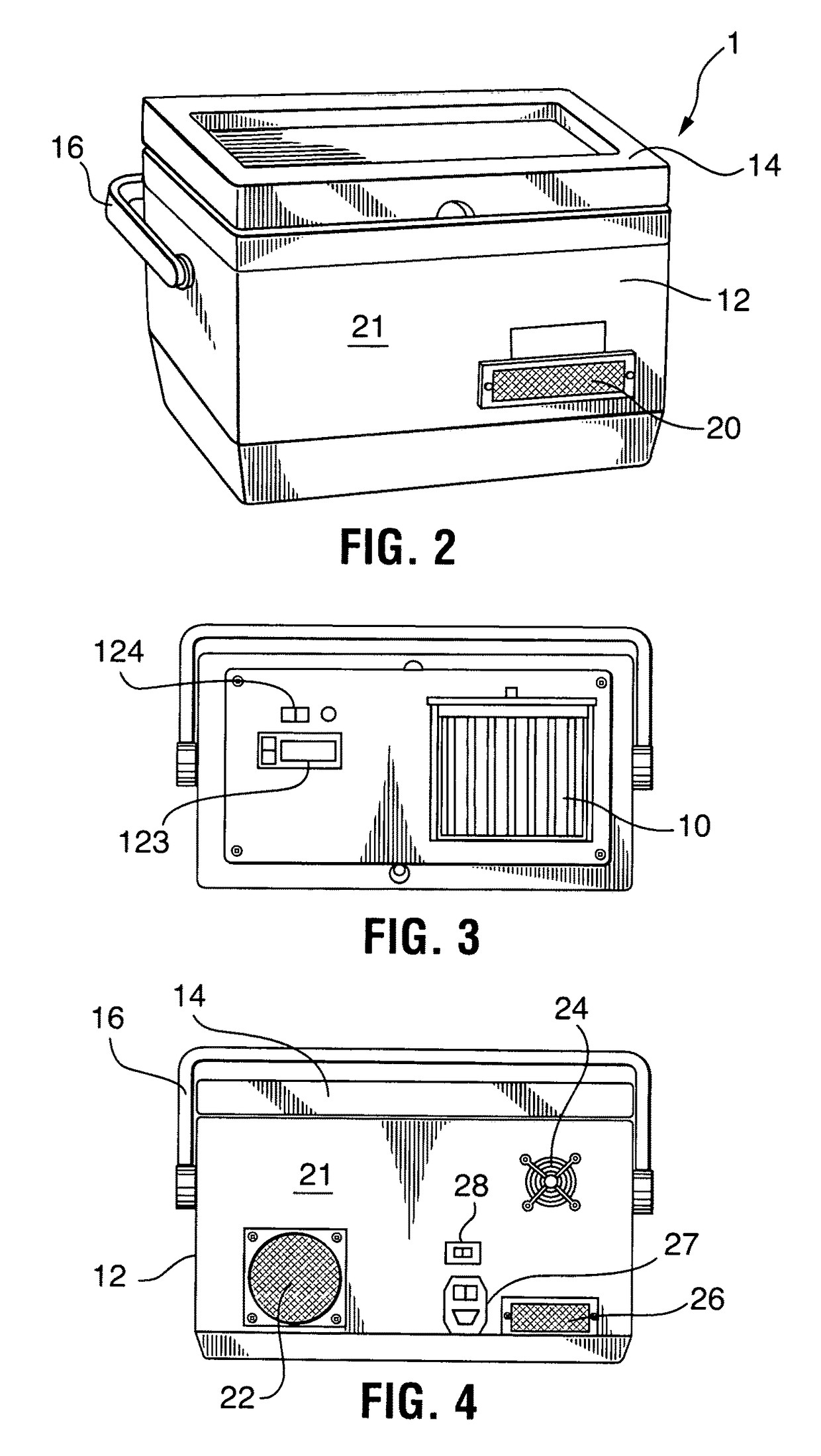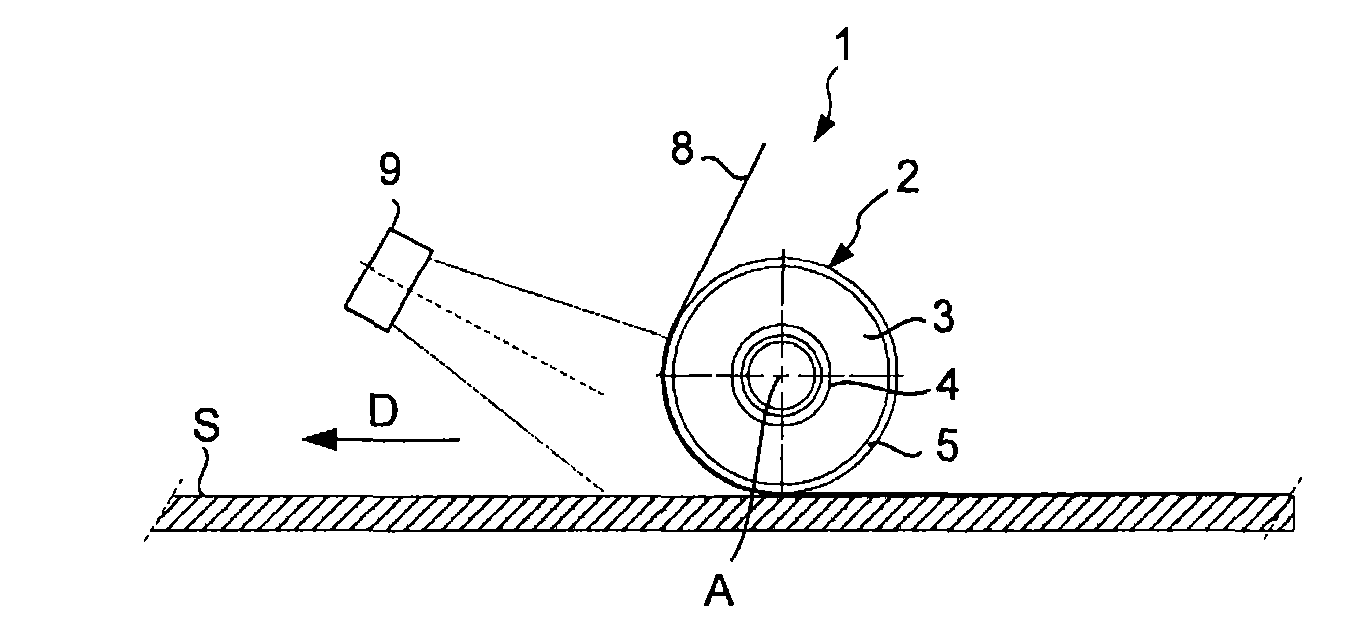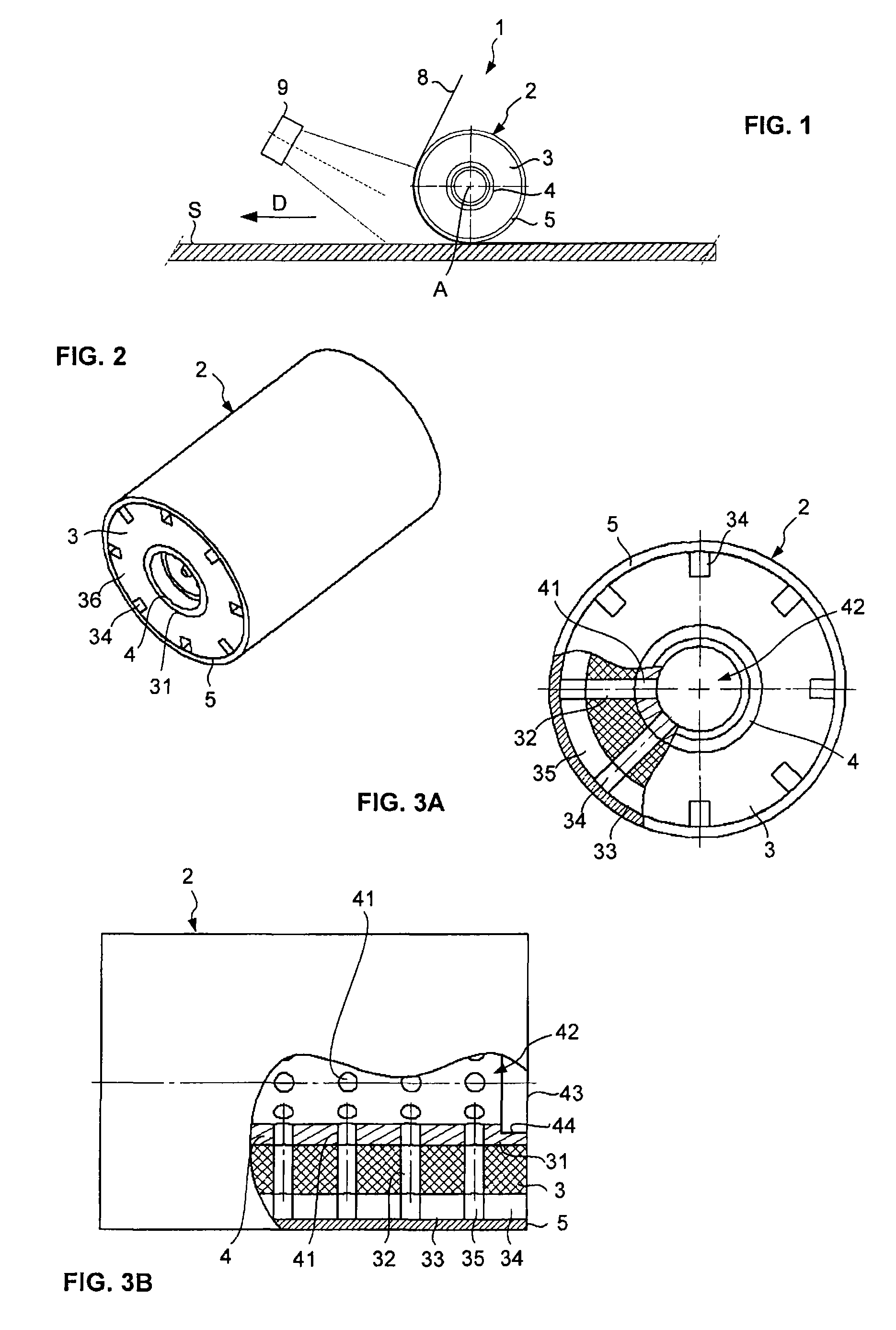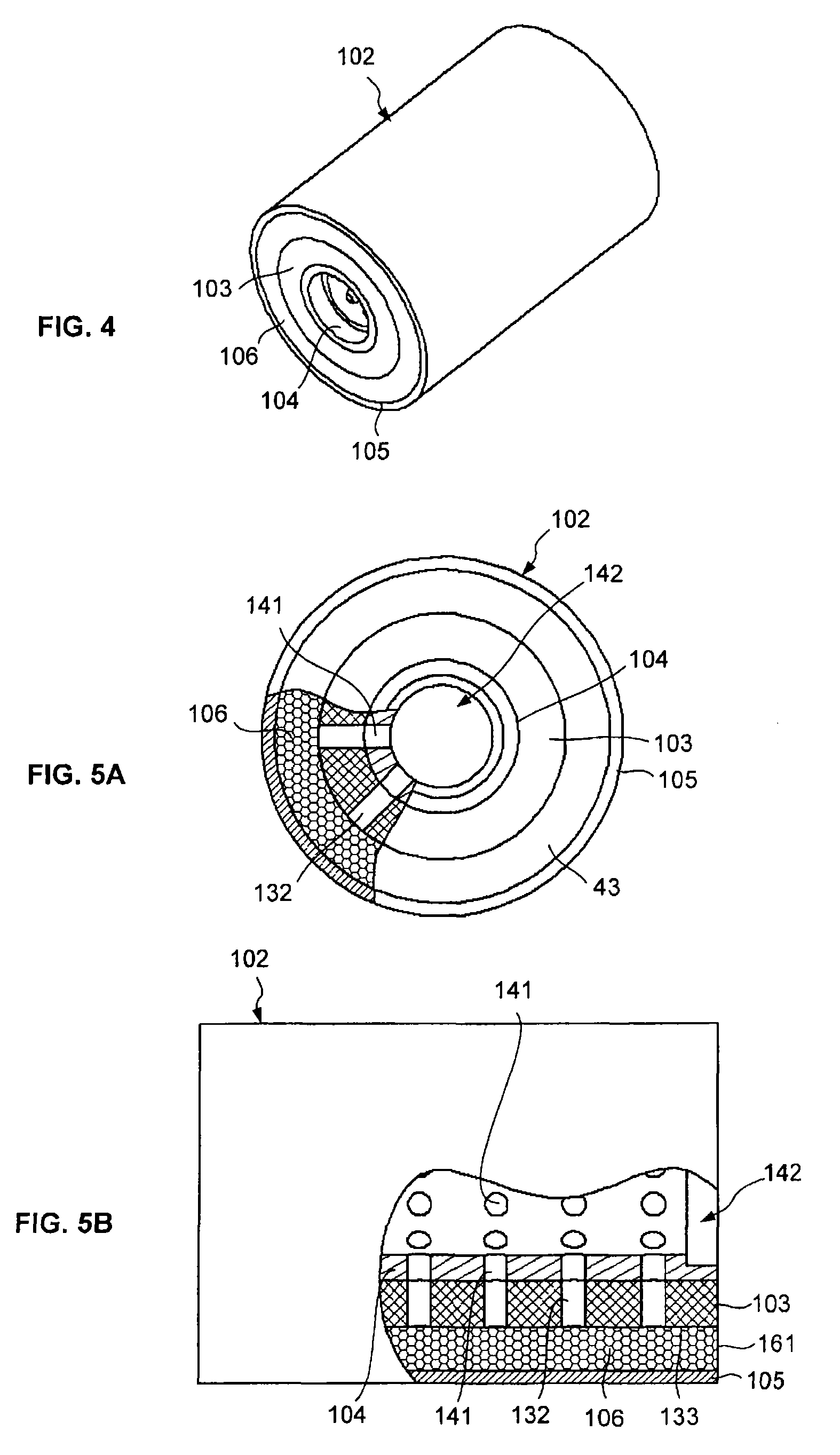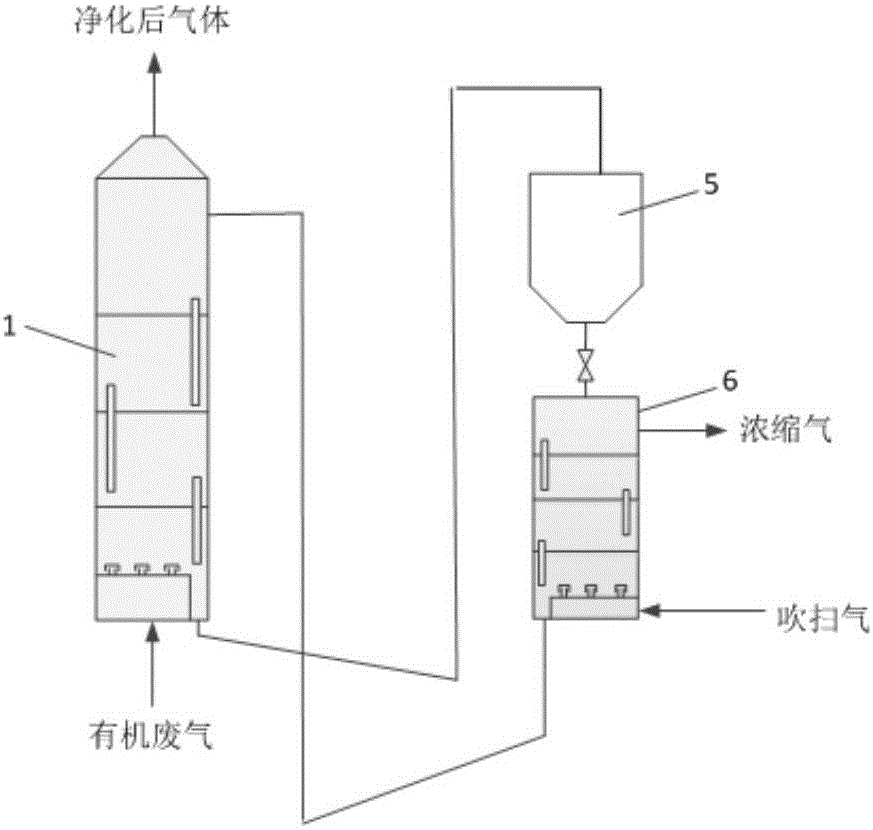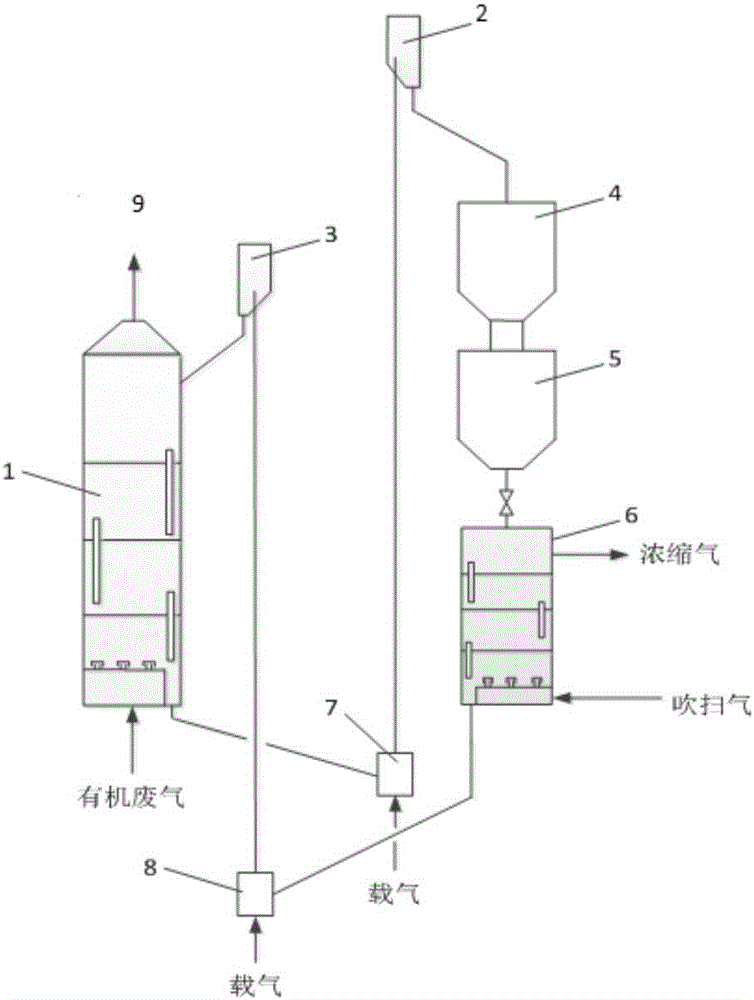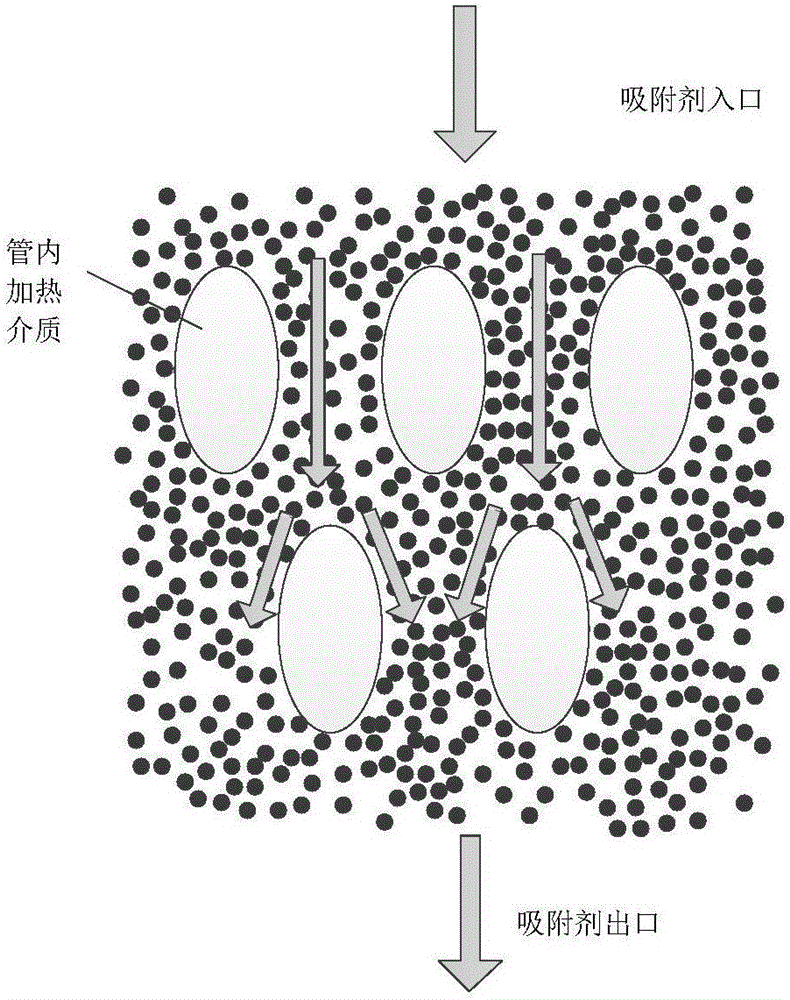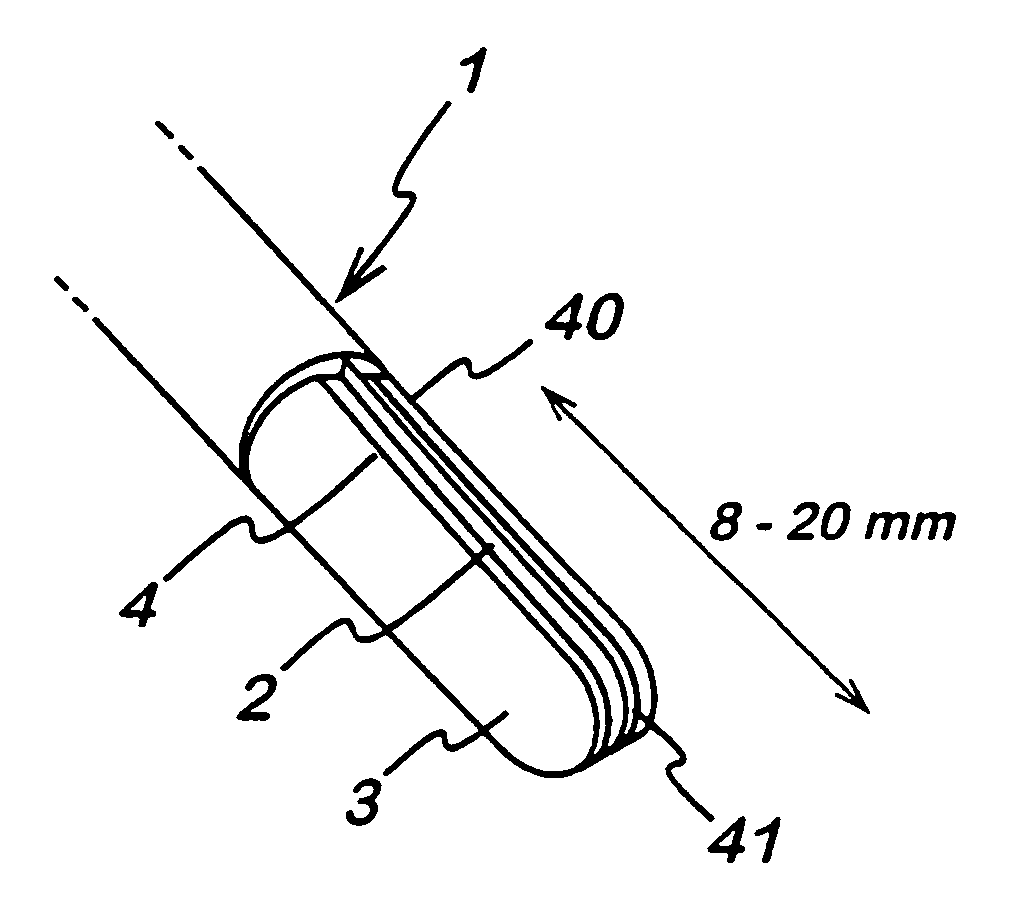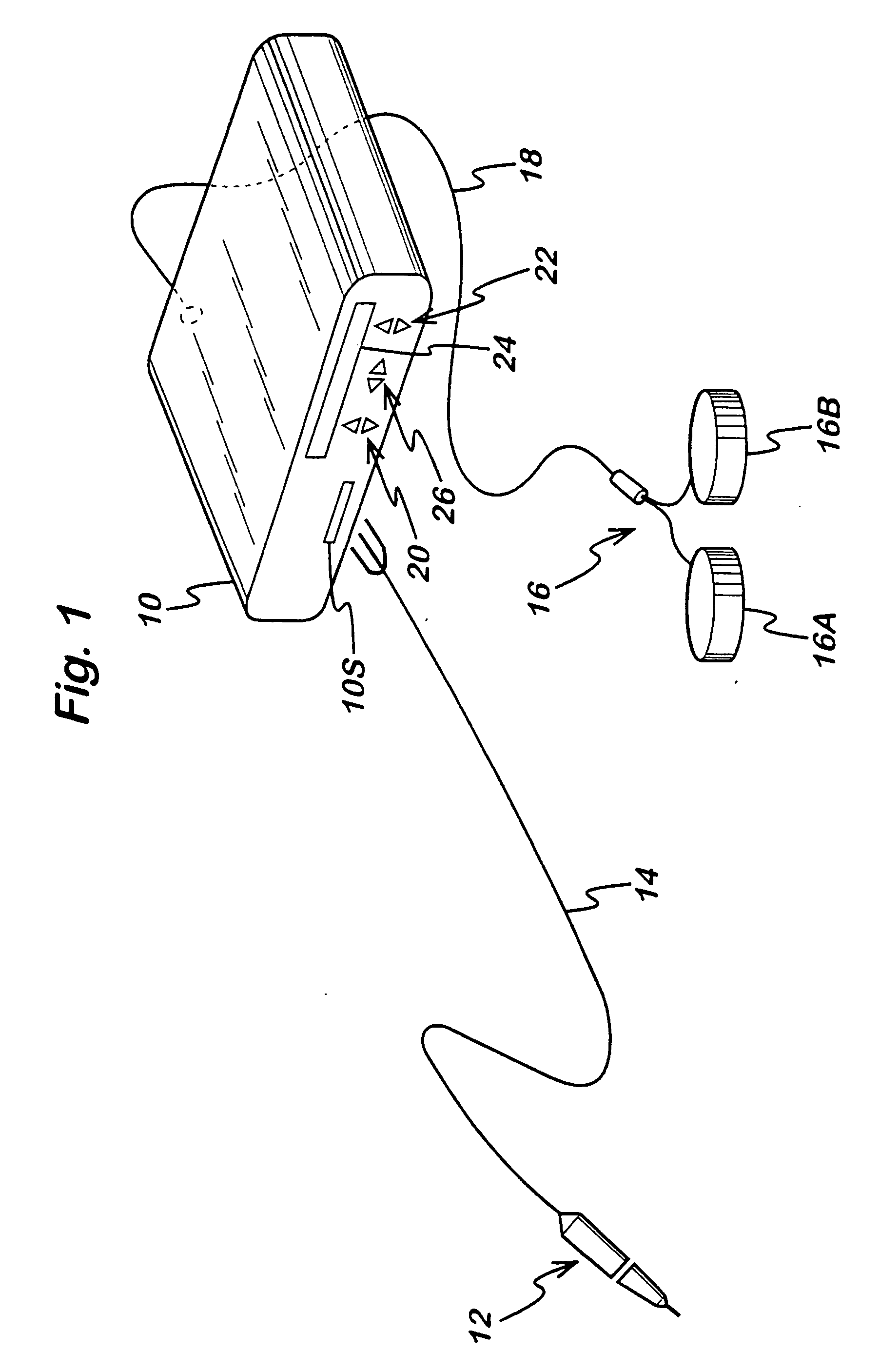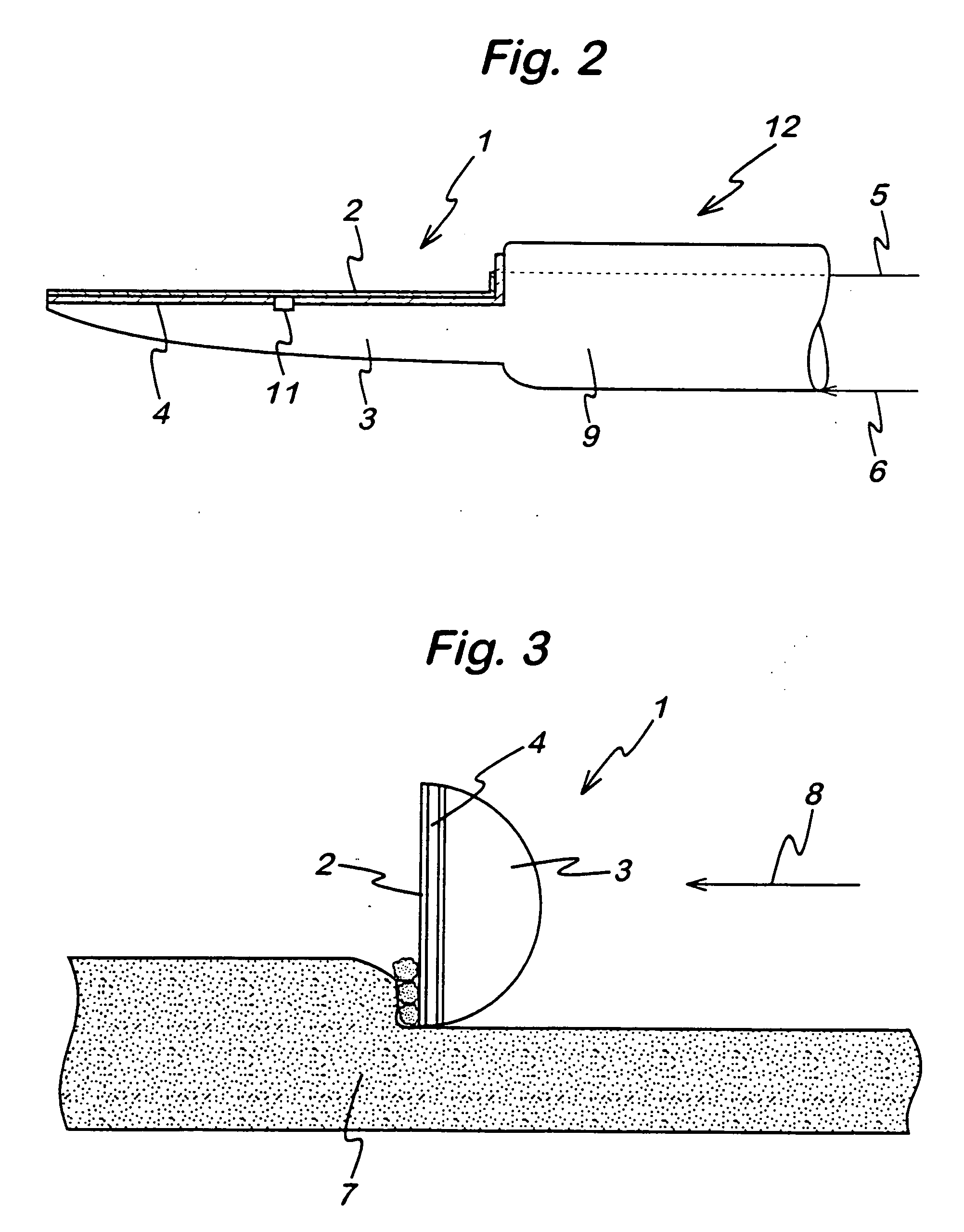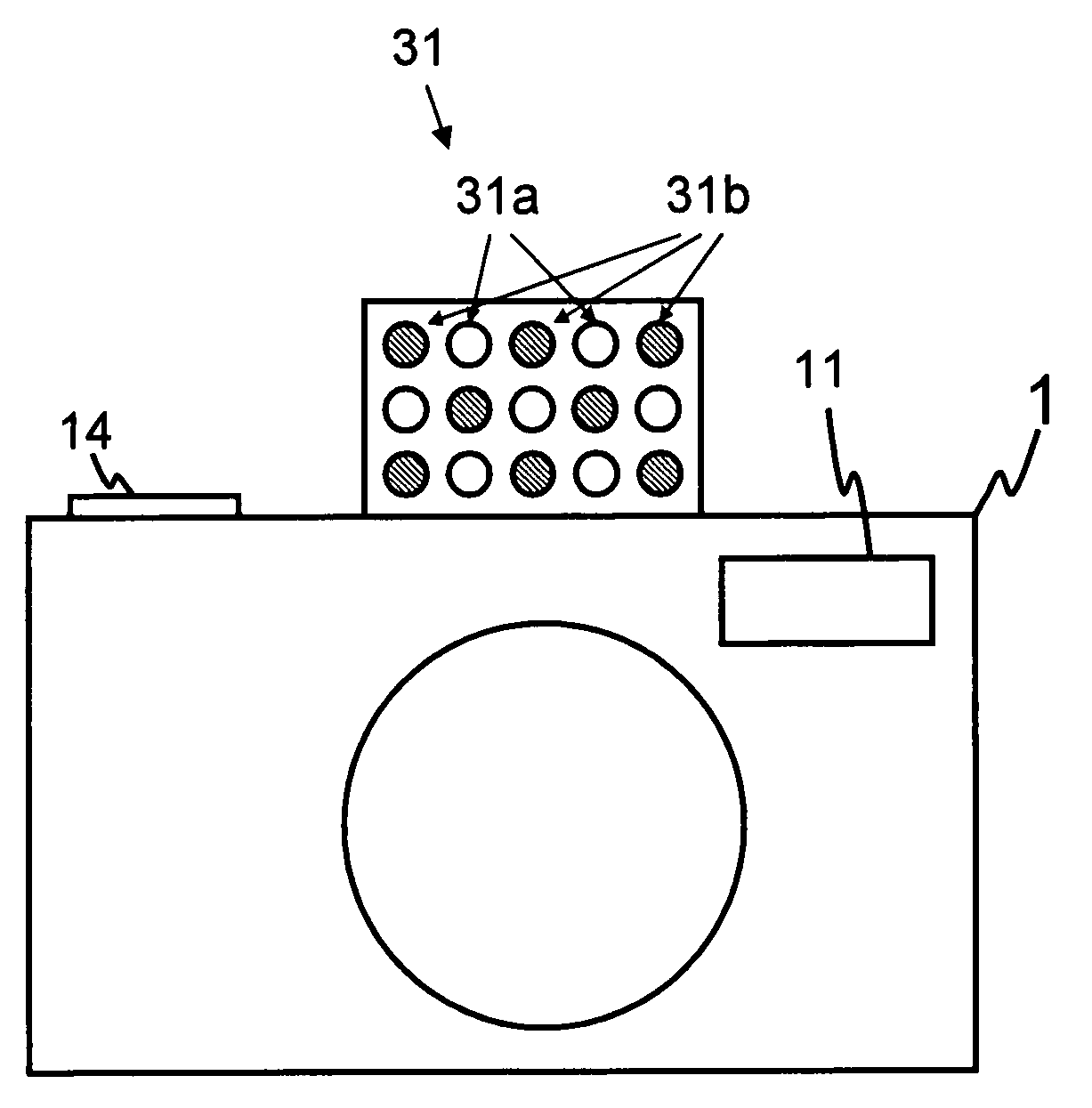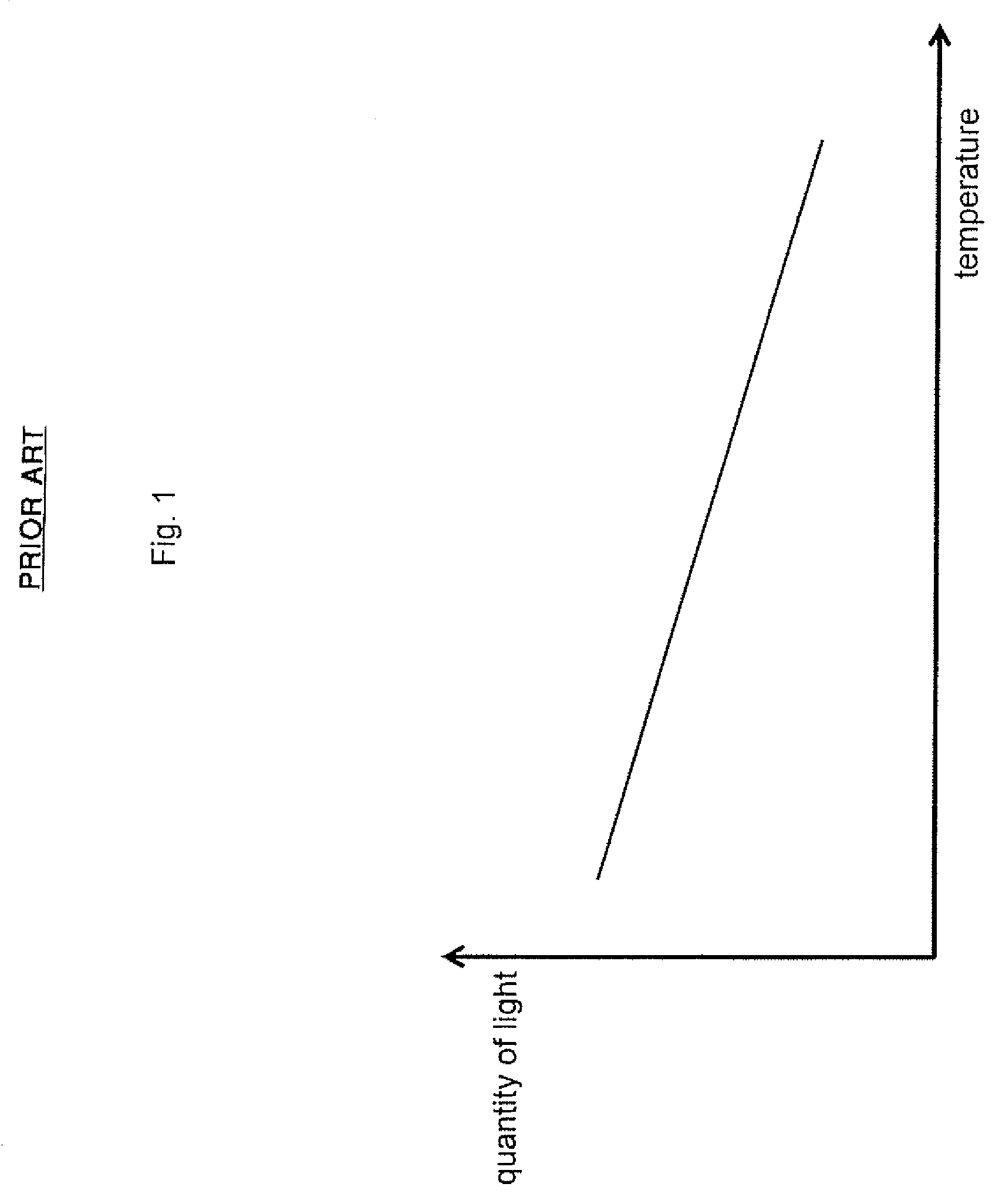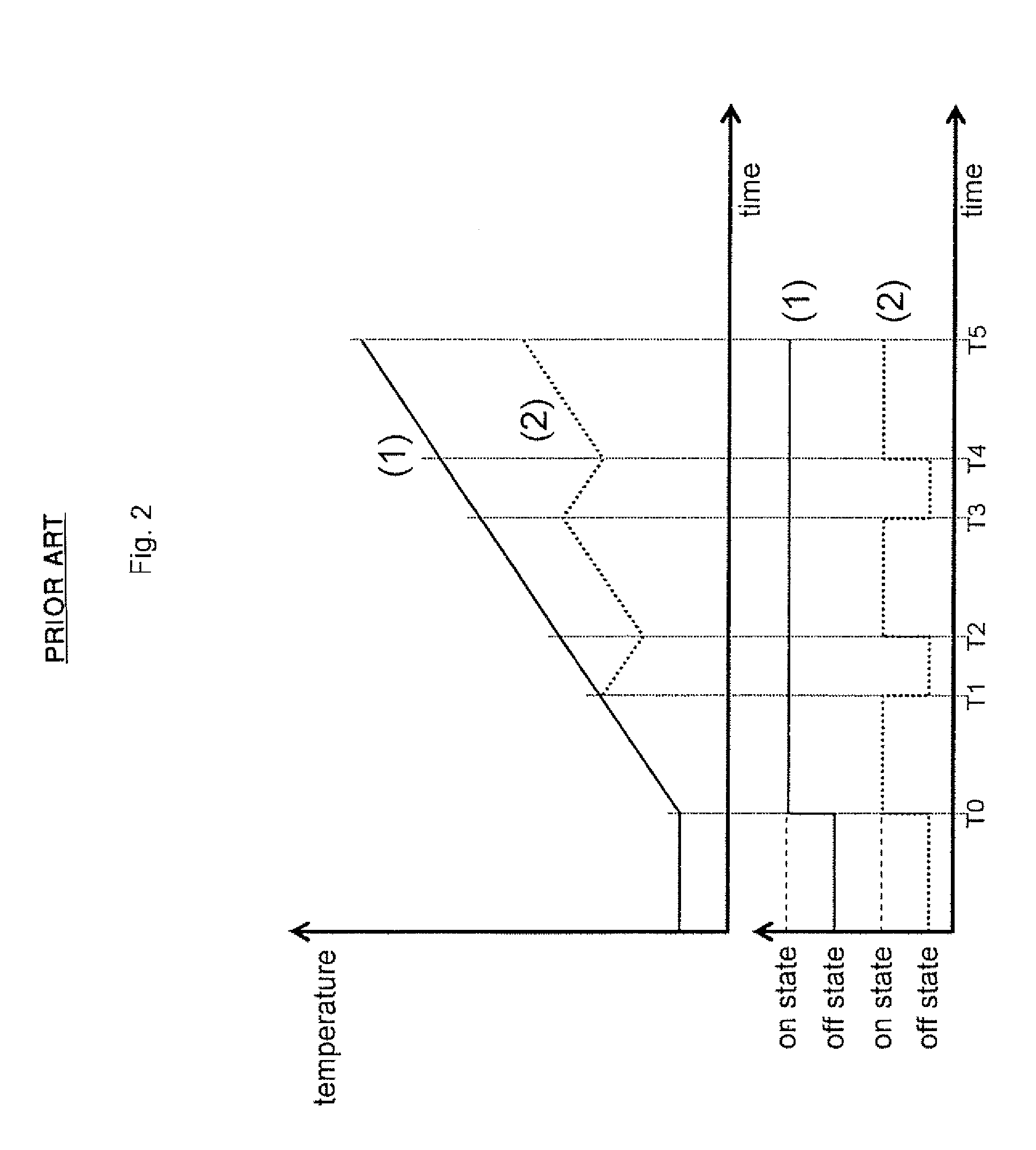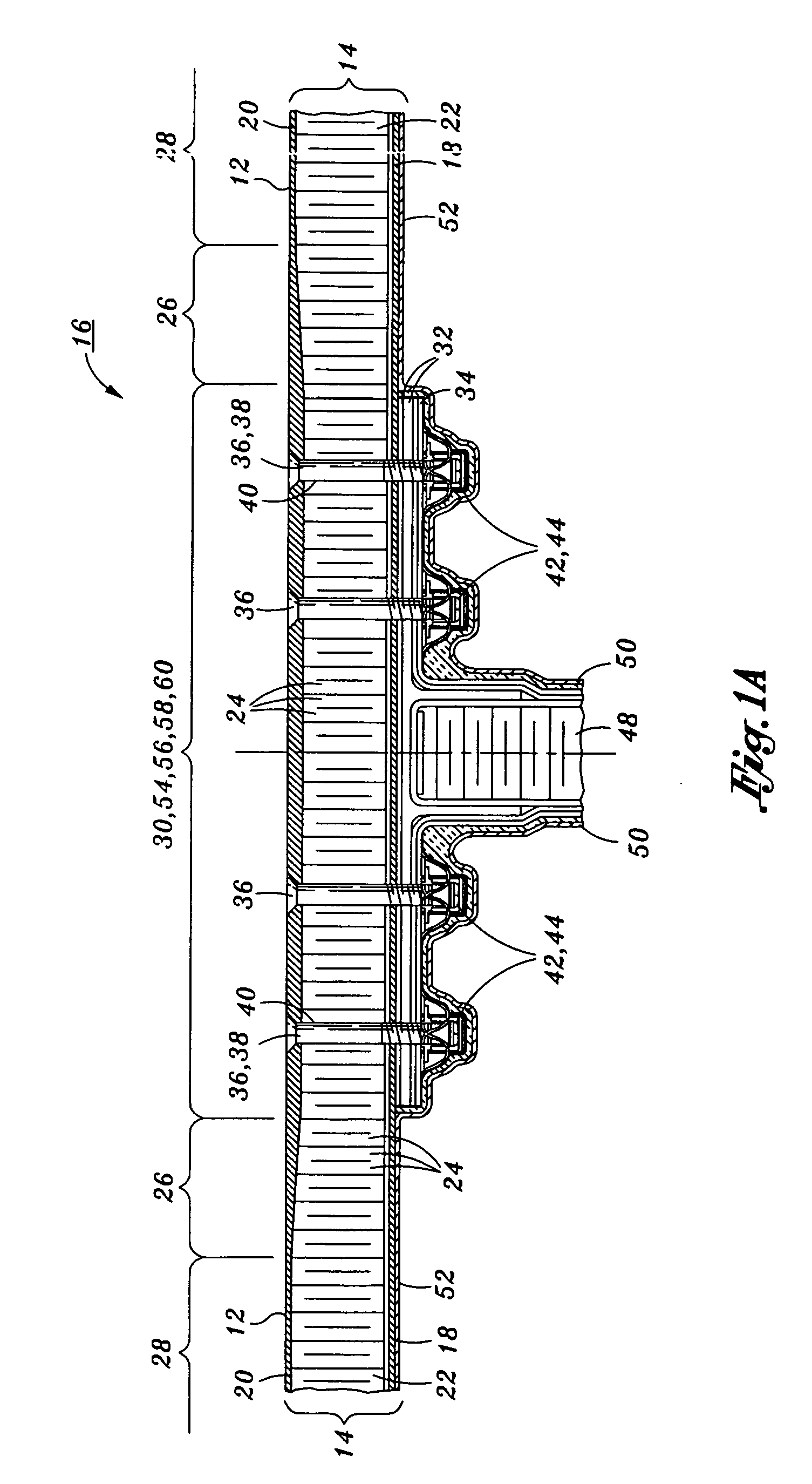Patents
Literature
Hiro is an intelligent assistant for R&D personnel, combined with Patent DNA, to facilitate innovative research.
227results about How to "Avoid heat buildup" patented technology
Efficacy Topic
Property
Owner
Technical Advancement
Application Domain
Technology Topic
Technology Field Word
Patent Country/Region
Patent Type
Patent Status
Application Year
Inventor
Surgical Instrument
InactiveUS6942662B2High initial impedanceInitial impedanceSurgical instruments for heatingActive electrodeSurgical device
An electrosurgical cutting blade (1) comprises a first electrode (2), a second electrode (3), and an electrical insulator (4) separating the first and second electrodes. The first and second electrodes have dissimilar characteristics (cross-sectional area, thermal conductivity etc.) such that the first electrode (2) is encouraged to become an active electrode and the second electrode (3) is encouraged to become a return electrode. The spacing between the first and second electrodes (between 0.25 mm and 3.0 mm) and the peak voltage supplied to the electrodes (2 and 3) are both selected such that arcing does not occur directly between the electrodes, but between the first electrode and the tissue at the target site. The arrangement is such that, in use, a thermal differential of at least 50° C. is established between the first and second electrodes (2 and 3), such that the second electrode is maintained below a temperature of 70° C. This is achieved either by thermally insulating the second electrode from the first electrode, and / or by transferring heat away from the second electrode, e.g. by conduction, forced cooling, or by means of a heat pipe (27).
Owner:GYRUS MEDICAL LTD +1
Exhaust air removal system
InactiveUS20050170770A1Mixing with airMeet the requirementsIndirect heat exchangersCooling/ventilation/heating modificationsExhaust fumesBack door
An exhaust air removal system and method for use with a rack or enclosure containing equipment is provided. The system and method are configured for removal of exhaust air vented from equipment during operation to thereby remove heat from the equipment. In one aspect, the system includes a fan unit preferably configured to serve as a back door of an equipment rack or enclosure and configured to provide access to an interior of the rack or enclosure. The fan unit provides multiple fans coupled to internal exhaust ducts that are arranged to draw and to remove exhaust air vented from rack-mounted equipment. The fan unit is further configured to vent exhaust air to an area external to a rack or enclosure, such as an external exhaust duct or plenum. Removal of hot and warm exhaust air vented from rack-mounted equipment enables the equipment to operate effectively, drawing sufficient amounts of cooling air to meet its cooling requirements. The fan unit is constructed for portability and for easy attachment to and removal from a rack or enclosure, providing flexibility in handling equipment exhaust needs.
Owner:SCHNEIDER ELECTRIC IT CORP
Exhaust air removal system
InactiveUS7500911B2Avoid heat buildupIndirect heat exchangersCooling/ventilation/heating modificationsExhaust fumesBack door
An exhaust air removal system and method for use with a rack or enclosure containing equipment is provided. The system and method are configured for removal of exhaust air vented from equipment during operation to thereby remove heat from the equipment. In one aspect, the system includes a fan unit preferably configured to serve as a back door of an equipment rack or enclosure and configured to provide access to an interior of the rack or enclosure. The fan unit provides multiple fans coupled to internal exhaust ducts that are arranged to draw and to remove exhaust air vented from rack-mounted equipment. The fan unit is further configured to vent exhaust air to an area external to a rack or enclosure, such as an external exhaust duct or plenum. Removal of hot and warm exhaust air vented from rack-mounted equipment enables the equipment to operate effectively, drawing sufficient amounts of cooling air to meet its cooling requirements. The fan unit is constructed for portability and for easy attachment to and removal from a rack or enclosure, providing flexibility in handling equipment exhaust needs.
Owner:SCHNEIDER ELECTRIC IT CORP
Exhaust air removal system
InactiveUS7752858B2Avoid heat buildupLighting and heating apparatusCooling fluid circulationExhaust fumesBack door
An exhaust air removal system and method for use with a rack or enclosure containing equipment is provided. The system and method are configured for removal of exhaust air vented from equipment during operation to thereby remove heat from the equipment. In one respect, the system includes a fan unit preferably configured to serve as a back door of an equipment rack or enclosure and configured to provide access to an interior of the rack or enclosure. The fan unit provides multiple fans coupled to internal exhaust ducts that are arranged to draw and to remove exhaust air vented from rack-mounted equipment. The fan unit is further configured to vent exhaust air to an area external to a rack or enclosure, such as an external exhaust duct or plenum. Removal of hot and warm exhaust air vented from rack-mounted equipment enables the equipment to operate effectively, drawing sufficient amounts of cooling air to meet its cooling requirements. The fan unit is constructed for portability and for easy attachment to and removal from a rack or enclosure, providing flexibility in handling equipment exhaust needs.
Owner:SCHNEIDER ELECTRIC IT CORP
Dual orifice bypass system for dual-fuel gas turbine
InactiveUS6145318AReduce trafficAvoid heat buildupBurner safety arrangementsBurnersCombustorHeat rejection
Compressor discharge air flows through a heat exchanger in heat exchange relation with cooling water and is supplied at reduced temperature in atomizing air and purge modes to combustors in a dual-fuel gas turbine. The heat exchanger has a pair of bypass passages in parallel with a temperature regulating valve controlling flow of water through the heat exchanger in response to the temperature of the compressor discharge air exiting the heat exchanger. Should the flow control valve close in response to low temperature of the compressor discharge air, in the air atomizing mode, the bypass passages with orifices therein provide a minimum protective flow of cooling water to the heat exchanger. In the purge mode where only half the air flow and heat rejection is required in the heat exchanger and the flow control valve closes, a bypass valve in one of the bypass passages closes to enable reduced flow of cooling water through the heat exchanger.
Owner:GENERAL ELECTRIC CO
Instrument for electrosurgical tissue treatment
InactiveUS20080021447A1Efficient ionizationLess heatSurgical instruments for heatingSurgical instruments for irrigation of substancesEngineeringLow temperature plasma
Systems and methods are provided for applying a high frequency voltage in the presence of an electrically conductive fluid to create a relatively low-temperature plasma for ablation of tissue adjacent to, or in contact with, the plasma. In one embodiment, an electrosurgical probe or catheter is positioned adjacent the target site so that one or more active electrode(s) are brought into contact with, or close proximity to, a target tissue in the presence of electrically conductive fluid. High frequency voltage is then applied between the active electrode(s) and one or more return electrode(s) to non-thermally generate a plasma adjacent to the active electrode(s), and to volumetrically remove or ablate at least a portion of the target tissue. The high frequency voltage generates electric fields around the active electrode(s) with sufficient energy to ionize the conductive fluid adjacent to the active electrode(s). Within the ionized gas or plasma, free electrons are accelerated, and electron-atoms collisions liberate more electrons, and the process cascades until the plasma contains sufficient energy to break apart the tissue molecules, causing molecular dissociation and ablation of the target tissue.
Owner:ARTHROCARE
Battery pack with improved heat radiation and sealing
InactiveUS6537694B1Increased durabilityReduce vibrationBatteries circuit arrangementsCell temperature controlEngineeringBattery cell
A battery pack (1) has a double casing structure, including an inner case (2) disposed inside an outer case (3). The inner case (2) includes a radiator plate (9) that is in contact with the side walls of battery cells (4) disposed within the battery pack (1). A forked air passage (32) extends from an air inlet (27) and is defined between the inner case (2) and the outer case (3) and along the outer surface of the radiator plate (9) until reaching a pair of air outlets (31).
Owner:MAKITA CORP
Light emitting device having function of heat-dissipation and manufacturing process for such device
InactiveUS20090140285A1Improve thermal conductivityAvoid heat buildupPrinted circuit assemblingPoint-like light sourceElectrical conductorEngineering
A light-emitting device of a light-emitting diode (LED) and a manufacture method thereof are provided. The light-emitting device includes a post-like metal material, a printed circuit board, conductors, insulators, light-emitting diodes, wires, and an encapsulating material. The light-emitting device has through holes, in which conductors are disposed and surrounded with the insulators. One end of each conductor is connected to the printed circuit board to form a composite structure heat-dissipation substrate. The light-emitting diodes are disposed on the post-like metal material, connected to the conductors via the wires, and encapsulated by the encapsulating material. Furthermore, the light-emitting diodes, the wires, and the encapsulating material can be combined into a light-emitting unit. Moreover, red, blue, and green light-emitting diodes can be combined and the color of output light thereof can be adjusted by controlling the input signal.
Owner:ADVANCED CONNECTEK INC +1
Belt assembly
InactiveUS20050179244A1Easy extractionAvoid heat buildupSafety beltsPedestrian/occupant safety arrangementFastenerTorso
A belt assembly for securing the sitting and standing positions of an occupant of a vehicle has two lap belts which can be coupled to the vehicle and are brought together at an abdomen-side central buckle and which are swingable in parallel relation to the body surface and include retractors. Two length-adjustable body belts extend from the central lock across the torso, shoulders and back of the occupant, and two length-adjustable, loop-like leg belts are connected to length portions of the body belts, with the length portions at least indirectly connected to the lap belts. The body belts have ends, which are distal to the central buckle and fastened to the leg belts. The body belts cross at the back of the occupant and are connected there with one another. The belt assembly can be directly connected to a vest which can be suited to the body of the occupant by means of hook-and-loop fasteners.
Owner:SCHROTH SAFETY PRODS
Instruction set with thermal opcode for high-performance microprocessor, microprocessor, and method therefor
InactiveUS20060101289A1Avoid problemsImprove protectionEnergy efficient ICTInstruction analysisHeat loadInstruction set
Owner:IBM CORP
Shoe with interchangeable covers
InactiveUS7210251B1Easily and quickly changeCutting costsWear-resisting attachmentsHeelsEngineeringSingle pair
The shoe with interchangeable covers is a modified pair of women's shoes consisting of a base, a sole with a removable heel, and a cover which is attached to the base and the sole with two sets of straps joining under the sole and fastened together with hook and loop type fasteners. The base of the shoe features a layer of padding for extra comfort and low rising vertical sides for supporting the interchangeable cover. The sole of the shoe is formed with a pair of notches on the bottom, one in the toe area and one in the arch area. These notches serve as guides into which the straps are placed and secured to one another. The cover can be made in various styles from dressy and elegant to casual and sporty by adding decorative items, such as zippers, buttons, bows, and the like and by varying the heel height and width. The interchangeable covers and heels allow the owner to have numerous pairs of shoes for the price of one. Thus any woman could save money through the purchase of one pair of shoes as opposed to purchasing shoes to coordinate with every outfit in her wardrobe. Additionally, the female traveler could pack a single pair of shoes to complete a number of ensembles, thereby reducing the load with which she travels.
Owner:ROLLE GWENDOLYN M W
Lightweight, cut and/or abrasion resistant garments, and related protective wear
InactiveUS20100050699A1Improve comfortIncrease flexibilityOrnamental textile articlesGlovesCooling effectBiomedical engineering
The present invention relates to a cut and / or abrasion resistant garment that is lightweight, has improved comfort, flexibility and pliability and provides a cooling effect on the wearer, and is particularly suitable for use as hosiery products such as stockings, pantyhose and tights, or for protective coverings for the arms of the wearer.
Owner:KOLMES NATHANIEL H
Spark ignition and fuel injector system for an internal combustion engine
InactiveUS7650873B2Avoid excessive heat buildupImprove engine efficiencyCombustion enginesFuel injection apparatusCombustion chamberCapillary channel
An improved spark ignition system for an internal combustion engine that includes a pair of electrodes disposed to extend from opposite sides and into a combustion chamber to form a spark gap between them that is central to the combustion chamber. Each electrode is integral with a conductive fuel delivery tube that contains a capillary passage and fuel outlet ports adjacent the electrode. The heat from combustion conducted into the electrodes and fuel delivery tubes is used to vaporize the fuel within the capillary passages before it exits the outlet ports as an atomized fog into the combustion chamber adjacent the spark gap. The vaporization of the fuel flowing in the capillary passages absorbs energy from the electrodes and thus performs a cooling effect on the electrodes. The spacing of the electrodes from opposite sides of the cylinder also allows a design that can utilize and increased spark gap to produce a larger spark across the gap.
Owner:ADVANCED PROPULSION TECH
Contact-less power and signal transmission device for a high power level transformer
InactiveUS20100148505A1Guaranteed signal transmission efficiencyIncrease speedTransformersTransformers/inductances detailsTransformerEngineering
A transformer is provided comprising a first member upon which a first circuit is wound; a second member upon which a second circuit is wound such that power is transferred to the second circuit in a contact-less manner; and a signal transmitter on the first member in close proximity to an appropriate receiver on the second member together with a signal transmitter on the second member in close proximity to an appropriate receiver on the first member such that said transmitters and receivers exchange signals in a contact-less manner, whereby the circuits are embedded in a high thermal conductivity resin. An exemplary embodiment of the invented transformer is one where the second member rotates relative to the first member.
Owner:DUNLAP GREGORY M +4
Curing Light
InactiveUS20090208894A1Large effective beam diameterSlow fall offDental toolsLight therapyCamera lensBeam diameter
The present invention relates to curing light devices for use in dentistry. Specifically, this invention relates to curing light devices generating convergent and uniform light with high intensity. The curing light device has a handle portion and a front portion wherein a light module is located in a desirable position in the interior of the front portion. The light module may include a light source comprising at least three LEDs in a compact manner, an optical element adapted to direct and / or focus the LEDs, and a lens cap to protect the LEDs and the optical elements. The lens cap may include a peripheral groove extending more than half of the periphery of the lens cap, which provides a longer engagement portion and thus a more secured attachment when “over-centeredly” engaging with a receiving edge on the light emitting end. A substantially precise alignment is achieved between the LEDs and corresponding lenses on the optical element to minimize heat dissipation and to increase the runtime and intensity of the curing light device. The curing light has an effective beam diameter of at least about 9 mm with output homogeneity of up to about 6 mm away from the emitting end.
Owner:DEN MAT HLDG
Thermally insulated structure - tapered joint concept
InactiveUS20060248854A1Increasing the thicknessThermal resistanceSynthetic resin layered productsWingsComposite jointFilling materials
Provided is a composite joint comprising a pair of adjoining composite panels disposed in side-by-side arrangement and being generally aligned with one another. Each one of the composite panels has opposing inner and outer face sheets sandwiching a core panel therebetween and includes a ramp portion wherein the composite panel transitions into a reduced thickness solid laminate edge portion. The core panel includes a plurality of cells extending between the inner and outer face sheets. The cells within the ramp portions are substantially filled with a filler material. The cells adjacent to the ramp portions are substantially filled with aerogel. The composite joint further comprises a primary splice plate extending across the solid laminate edge portions of the adjoining composite panels with mechanical fasteners extending through the solid laminate edge portions and passing through the primary splice plate. A layer of thermal barrier compound covers the primary splice plate.
Owner:NORTHROP GRUMAN CORP
Variable torque impact wrench
ActiveUS6902011B2Minimize breakageQuickly changeOperator-supported drilling machinesSpannersImpact wrenchWrench
Disclosed herein is a fluid control system for varying the power available to a fluid powered tool, a hydraulically driven impact wrench. The system disclosed herein varies power available to the tool by use of a bypass mechanism that is downstream of a directional control valve spool. Among other things, the advantageous placement of the bypass valve limits the thermal burden in the hydraulic circuit.
Owner:HUBBELL INC
Ceramic encapsulations for nuclear materials and systems and methods of production and use
InactiveUS20130077731A1Improve heat transfer performanceFunctional safetyOptical rangefindersNuclear energy generationPorosityCeramic composite
A novel containment system for encapsulating nuclear fuel particles is disclosed. The containment system has a gas-impervious ceramic composite hollow shell having a spheroidal or ovoidal shape. The shell has a pair of longitudinally aligned round openings that are sealed with a gas-impervious ceramic composite tube to define a cavity between the shell inner surface and the tube outer surface. A ceramic composite matrix containing the nuclear fuel particles is enclosed within the cavity. The ceramic composite matrix has a controlled porosity, and can contain moderators or neutron absorbing material. The tube and shell are composed of a ceramic matrix composite material composed of ceramic reinforcement material that is bound together by a polymer-derived ceramic material.
Owner:TORXX GROUP
Control device for a hybrid vehicle
ActiveUS7089095B2Efficient responseReliably reduce inputDigital data processing detailsGearing controlDrive wheelAutomatic transmission
A control unit for a hybrid vehicle includes a take-off detection unit that detects a start of movement of the hybrid vehicle from a stopped state; and a torque control unit that limits a engine torque input to an automatic transmission from becoming excessive by generating negative torque using a regeneration operation of a motor on occasions when the start of running of the hybrid vehicle is detected by the take-off detection unit. Accordingly, it is possible to reliably inhibit problems, such as an occupant of the hybrid vehicle being caused to feel an unpleasant jolt due to torque transmitted to a driven wheel side increasing instantaneously as a result of change in an application state of a clutch during the start of movement.
Owner:AISIN AW CO LTD
Lighting control apparatus
InactiveUS20050089322A1Avoid heat buildupTelevision system detailsColor television detailsLight equipmentEffect light
A lighting control apparatus of a photographing apparatus, comprises a plurality of lighting devices, a continuous imaging control processor, and a pulse-signal generating and control processor. The plurality of lighting devices illuminate a photographic subject by receiving a pulse signal which has a certain cycle in the exposure time. The continuous imaging control processor performs a continuous imaging operation where a plurality of images of the photographic subject are continuously imaged. The pulse-signal generating and controlling processor supplies a pulse signal to each of the lighting devices, cyclically every exposure time, so that one lighting device is illuminated at any given time.
Owner:ASAHI KOGAKU KOGYO KK
Disposable underarm garment liner
An underarm garment liner for preventing a wearer's perspiration from soiling a garment is disclosed. The liner includes, in its simplest embodiment and in the following order, a non-woven layer, an air laid paper layer, a hygroscopic absorption layer, a water-impervious layer, and an adhesive layer. The non-woven layer is adapted for contacting the wearer's skin and to convey perspiration away from the skin through capillary action to the absorbent air laid paper layer, which draws moisture away from the non-woven layer and conveys the moisture to the hygroscopic absorption layer. The layers are all preferably adhered together through use of hot-melt adhesive, or the like. The water-impervious layer is comprised of a vapor-pervious “breathable” thermoplastic polymer to prevent heat buildup between the liner and the wearer. Deodorizers, antibacterial agents, aloe, vitamin E, and petrolatum may all be further included in the liner 10. A layer of release paper temporarily affixed to the adhesive layer, such that the release paper may be peeled away from the adhesive layer by the wearer in order to expose the adhesive layer prior to use.
Owner:YANAMADALA LAKSHMI R
Fiber application machine comprising a flexible compacting roller with a thermal regulation system
A fiber application machine for the production of parts made of composite materials comprising a compacting roller for applying on an application surface a band formed of at least a resin pre-impregnated flat fiber, and a heating system able to emit a heat radiation towards the band. The compacting roller comprises a rigid central tube provided with radial holes, and a cylinder made of an elastically deformable, flexible material, assembled on the central tube, and having a fluid communication assembly that brings the radial holes into fluid communication with the external surface of the cylinder. The machine includes a thermal regulation system that injects a thermal regulation fluid in the central tube internal passage.
Owner:CORIOLIS GRP
Temperature controlled enclosure (ATCE)
ActiveUS20180009588A1Easy to controlEnhanced interface functionDomestic refrigeratorsCo-operative working arrangementsTemperature controlRechargeable cell
A portable, self-contained, temperature-controlled enclosure capable of maintaining a constant, user-specified temperature within the enclosure independent of the outside environment. The device is ideal for the transport of material that is highly temperature sensitive and requires a stable temperature environment. The portable enclosure includes capability of cellular and GPS location beacon identification, comprehensive internal status and operation monitoring, and wireless communication capability of the device status, temperature and humidity parameters, and location using BLUE TOOTH, WIFI and / or cellular technology. The system is powered by an onboard rechargeable battery, external DC power, or external AC power.
Owner:GROGAN CHARLES PAUL
Fiber application machine comprising a flexible compacting roller with a thermal regulation system
A fiber application machine for the production of parts made of composite materials comprising a compacting roller for applying on an application surface a band formed of at least a resin pre-impregnated flat fiber, and a heating system able to emit a heat radiation towards the band. The compacting roller comprises a rigid central tube provided with radial holes, and a cylinder made of an elastically deformable, flexible material, assembled on the central tube, and having a fluid communication assembly that brings the radial holes into fluid communication with the external surface of the cylinder. The machine includes a thermal regulation system that injects a thermal regulation fluid in the central tube internal passage.
Owner:CORIOLIS GRP
Silicon carbide based monolithic catalyst for synthetic gas methanation and preparation method
ActiveCN104174420AImprove thermal conductivityExtended service lifePhysical/chemical process catalystsGaseous fuelsNickel saltMethanation
The invention relates to a silicon carbide based monolithic catalyst for synthetic gas methanation and a preparation method. The catalyst contains a beta-SiC honeycomb carrier and the active component nickel, and also can include one or more than two assistants of aluminum, titanium, zirconium, cerium, lanthanum, manganese, molybdenum, tungsten, potassium, magnesium and calcium. The mass content of the carrier is 40-95%, the mass content of nickel is 5-40%, and the total mass content of the assistants is 0-20%. The preparation method of the catalyst includes: kneading and pugging silicon powder, carbon powder and molding assistants, extruding a honeycomb biscuit, carrying out drying, reaction sintering and oxidation treatment to obtain the carrier, and then performing loading to obtain the catalyst; or kneading and pugging silicon powder, carbon powder, a soluble nickel salt, precursors of the assistants and the molding assistants, then extruding a honeycomb biscuit, and carrying out drying, reaction sintering and oxidation treatment to obtain the catalyst. The catalyst has good heat conductivity, high mechanical strength, low pressure drop and long service life, and is particularly suitable for use under high temperature and high space velocity conditions.
Owner:DALIAN INST OF CHEM PHYSICS CHINESE ACAD OF SCI
Double-fluidized bed adsorption and desorption device and method for continuous treatment of organic waste gas
InactiveCN106390681AEnhance heat and mass transferAvoid heat buildupGas treatmentDispersed particle separationHigh concentrationDesorption
The invention relates to the field of organic waste gas treatment and resource utilization and particularly relates to a double-fluidized bed adsorption and desorption device and a method for continuous treatment of organic waste gas. The device provided by the invention comprises a fluidized bed adsorption device (1), a preheater (5) and a fluidized bed desorption device (6), wherein an adsorbent outlet at the bottom of the fluidized bed adsorption device (1) is connected with a feed port of the preheater (5); a discharge port of the preheater (5) is connected with a feed port of the fluidized bed desorption device (6); and a solid outlet of the fluidized bed desorption device (6) is connected with a solid inlet of the fluidized bed adsorption device (1). In the invention, continuous treatment of high-concentration organic waste gas can be realized, heat accumulation can be prevented, and the problems such as bed fire and explosion caused by the dissipation failure of the reaction heat due to the excessively high concentration of the high-concentration organic waste gas are avoided; and moreover, the desorption effect of the adsorbent and the exit concentration of concentrated VOC gas are improved, and the catalytic combustion or solvent recycling is facilitated.
Owner:东莞市佳明环保科技有限公司 +1
Surgical system
InactiveUS20060047280A1High initial impedanceInitial impedanceSurgical instruments for heatingActive electrodeBiomedical engineering
An electrosurgical cutting blade (1) comprises a first electrode (2), a second electrode (3), and an electrical insulator (4) separating the first and second electrodes. The first and second electrodes have dissimilar characteristics (cross-sectional area, thermal conductivity etc.) such that the first electrode (2) is encouraged to become an active electrode and the second electrode (3) is encouraged to become a return electrode. The spacing between the first and second electrodes (between 0.25 mm and 3.0 mm) and the peak voltage supplied to the electrodes (2 and 3) are both selected such that arcing does not occur directly between the electrodes, but between the first electrode and the tissue at the target site. The arrangement is such that, in use, a thermal differential of at least 50° C. is established between the first and second electrodes (2 and 3), such that the second electrode is maintained below a temperature of 70° C. This is achieved either by thermally insulating the second electrode from the first electrode, and / or by transferring heat away from the second electrode, e.g. by conduction, forced cooling, or by means of a heat pipe (27).
Owner:GYRUS MEDICAL LTD
Lighting control apparatus with a plurality of lighting devices
InactiveUS7209652B2Avoid heat buildupTelevision system detailsColor television detailsLight equipmentEffect light
Owner:ASAHI KOGAKU KOGYO KK
Indefectible cable and manufacturing process thereof
ActiveUS9997277B1Extended service lifeAssist in heat dissipationInsulated cablesInsulated conductorsMetallic enclosureEngineering
An indefectible cable comprises a cable jacket with cable cores arranged in an inner cavity thereof and a metal ring sleeved on an outer wall thereof. Both ends of the cable jacket are fixedly connected with an anti-extrusion device respectively, through which the cable cores are led out from through-holes. The anti-extrusion device has a metal housing with plastic lining. With the arrangement of a buffer device, the externally applied pressure on the cable is relieved to reduce the damage thereof.
Owner:YUFENG TECH CO LTD
Thermally insulated structure-full depth sandwich joint concept
ActiveUS7291373B2Minimize heat conductionAvoid heat buildupFuselage framesLayered productsFilling materialsEngineering
Provided is a composite joint comprising a pair of composite panels each defining a composite panel thickness and having an inner face sheet and an outer face sheet sandwiching a core panel therebetween. The core panel defines a constant thickness portion and a ramp portion along which the core panel tapers to a reduced thickness portion. The outer face sheet is thickened in the area of the reduced thickness portion. The core panel includes a plurality of cells extending between the inner and outer face sheets. The cells within the reduced thickness portions are filled with a filler material. The cells within the ramp portions and constant thickness portions are filled with aerogel. A primary splice plate extends across the reduced thickness portions. Mechanical fasteners extend through the outer face sheet and into the primary and secondary splice plates. A themal barrier compound covers the primary splice plate.
Owner:NORTHROP GRUMMAN SYST CORP
Features
- R&D
- Intellectual Property
- Life Sciences
- Materials
- Tech Scout
Why Patsnap Eureka
- Unparalleled Data Quality
- Higher Quality Content
- 60% Fewer Hallucinations
Social media
Patsnap Eureka Blog
Learn More Browse by: Latest US Patents, China's latest patents, Technical Efficacy Thesaurus, Application Domain, Technology Topic, Popular Technical Reports.
© 2025 PatSnap. All rights reserved.Legal|Privacy policy|Modern Slavery Act Transparency Statement|Sitemap|About US| Contact US: help@patsnap.com
